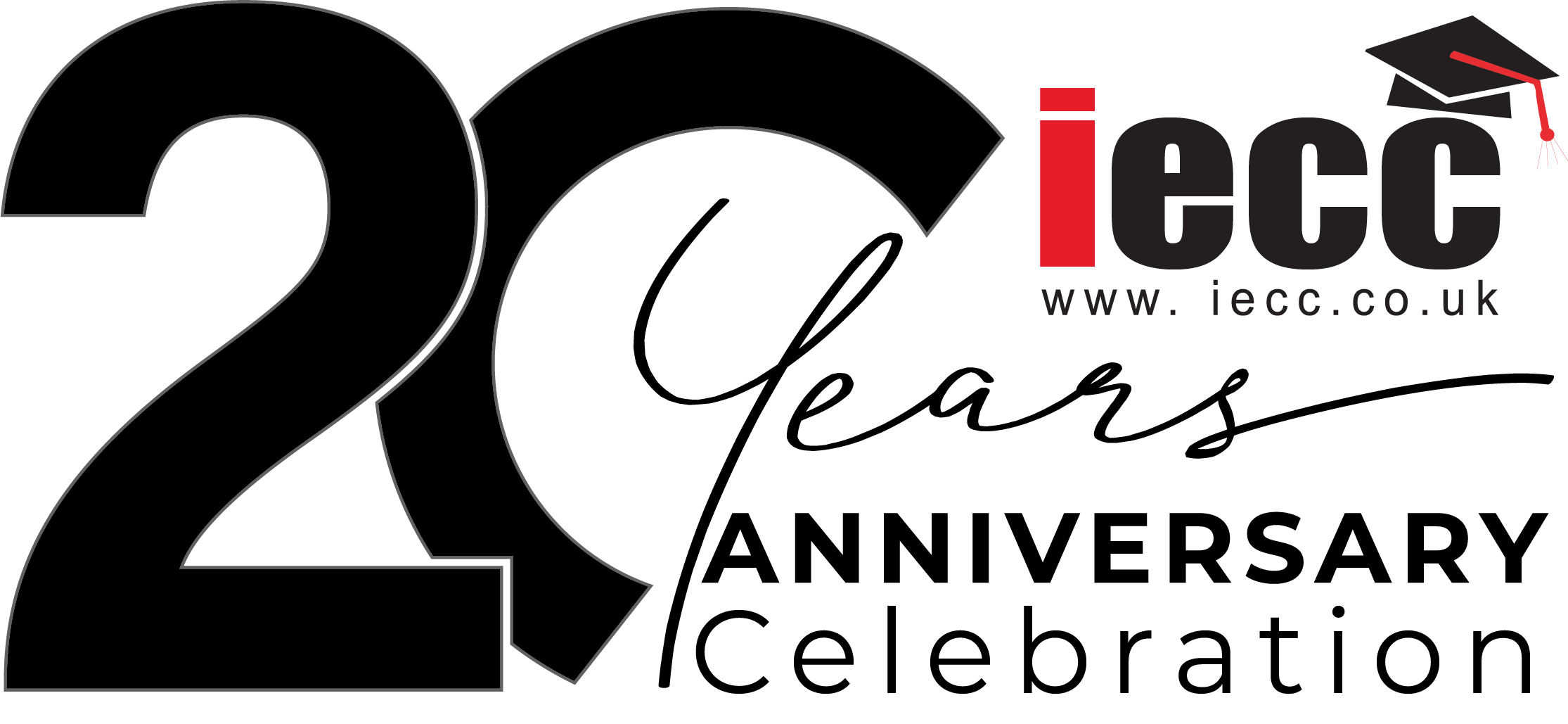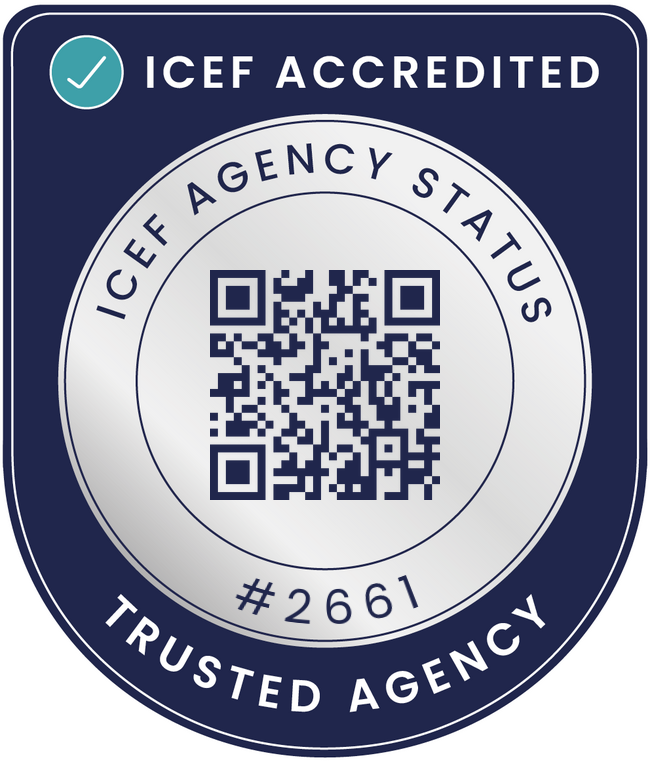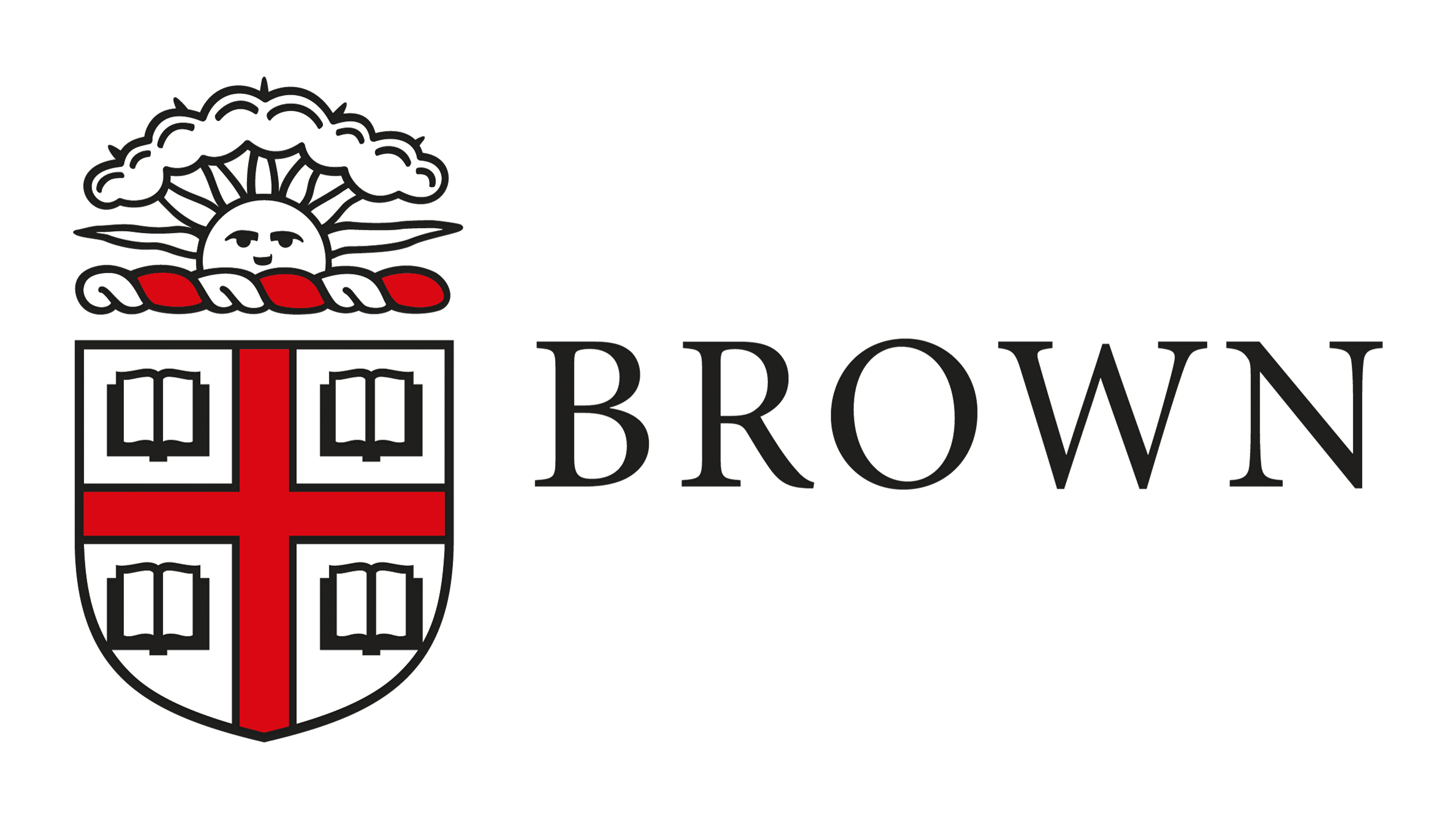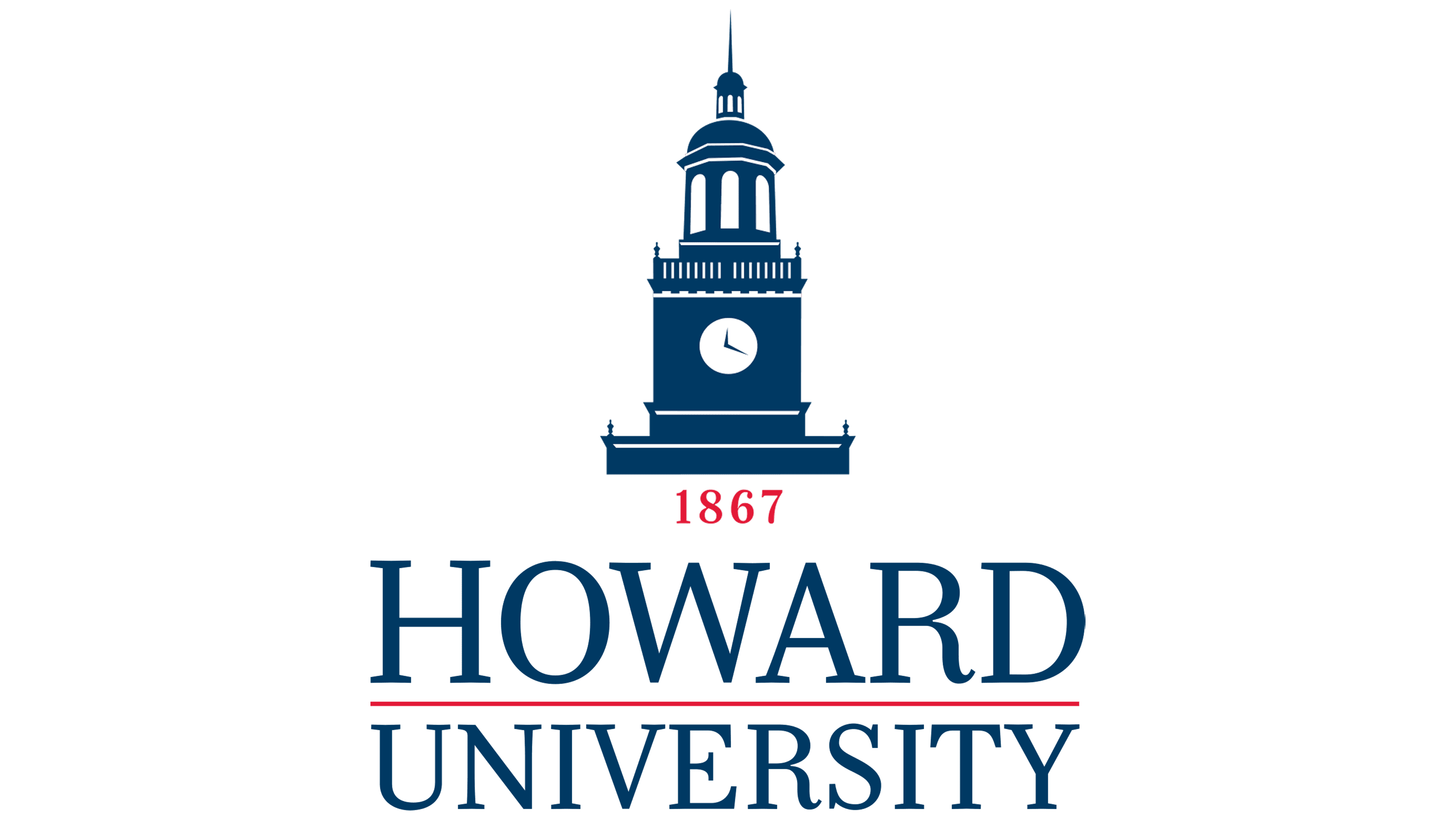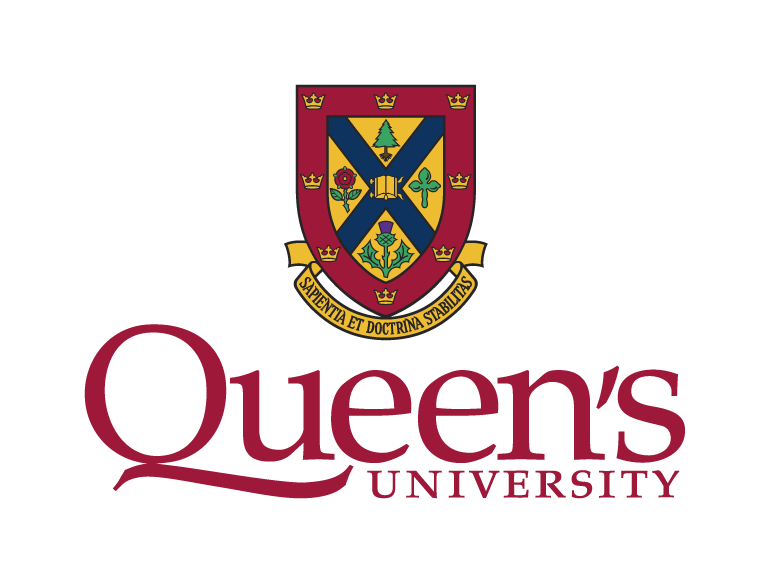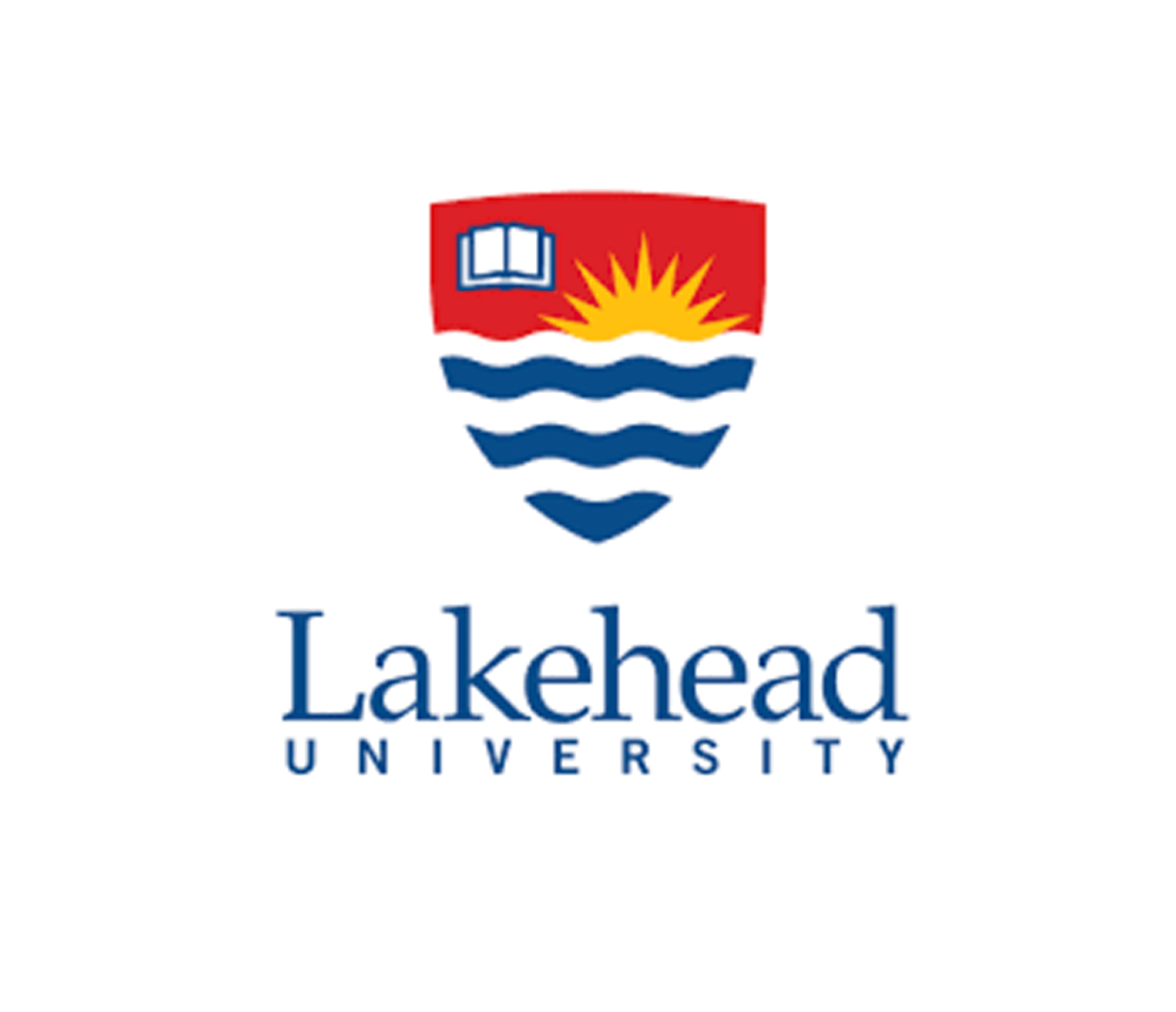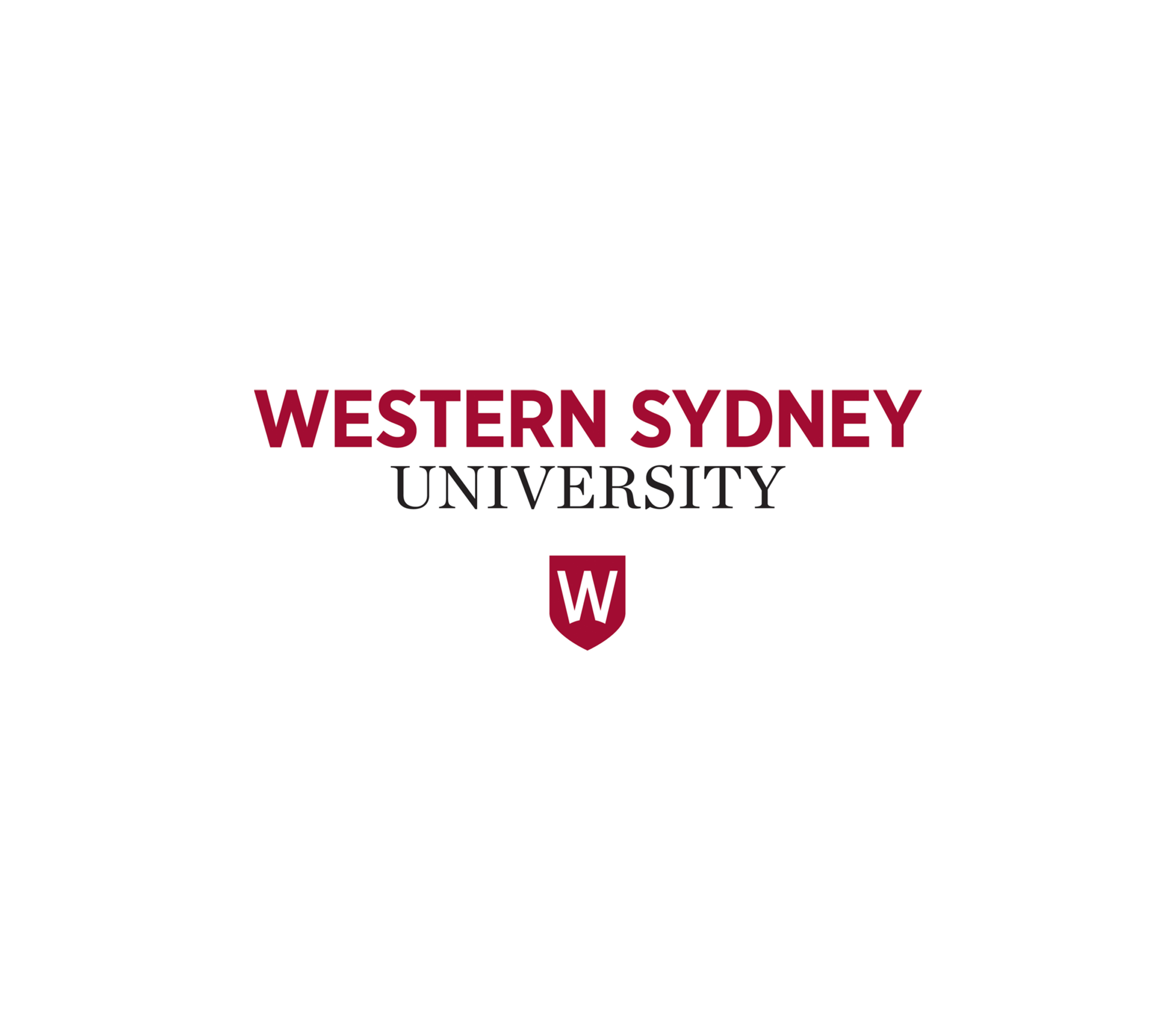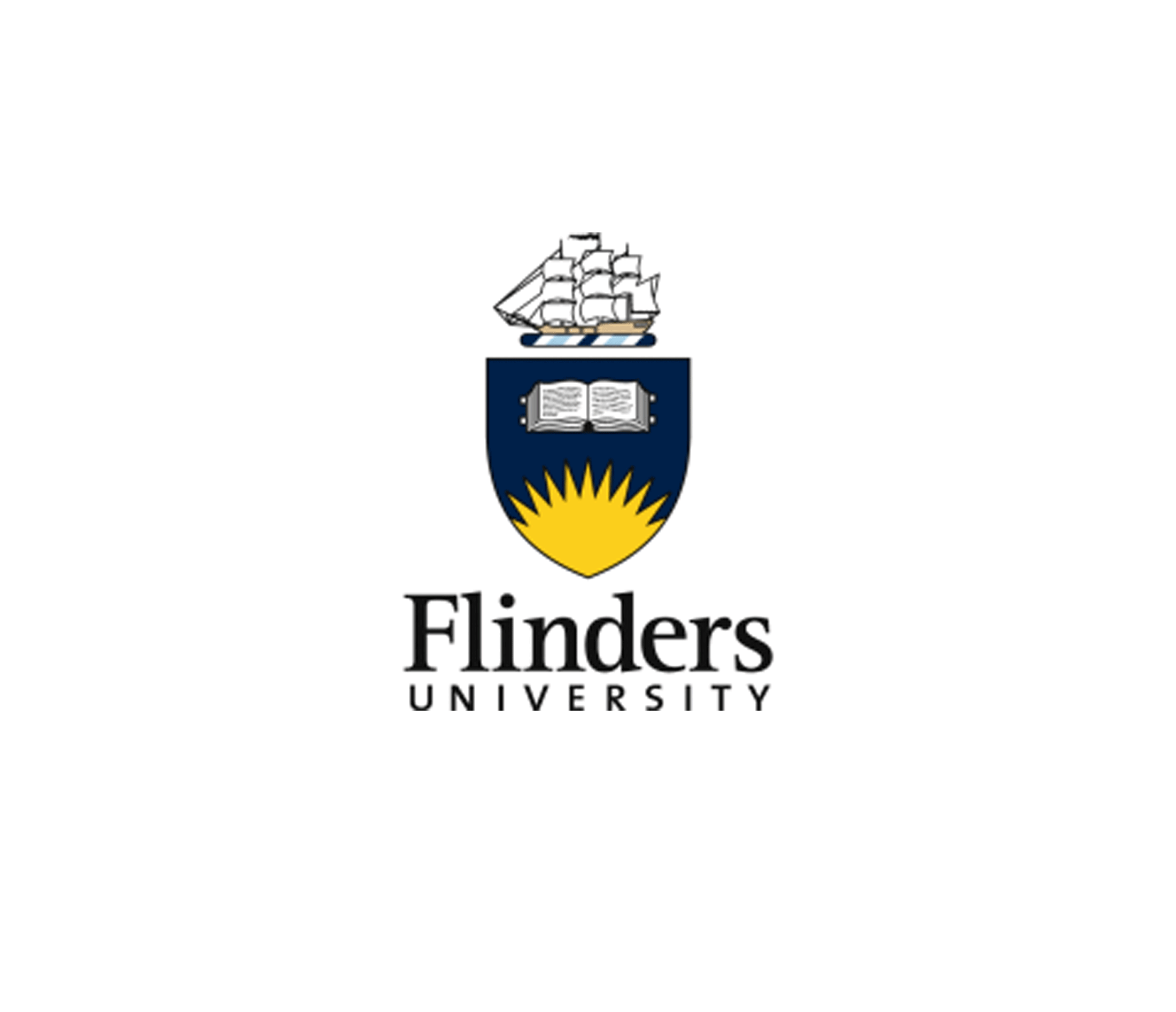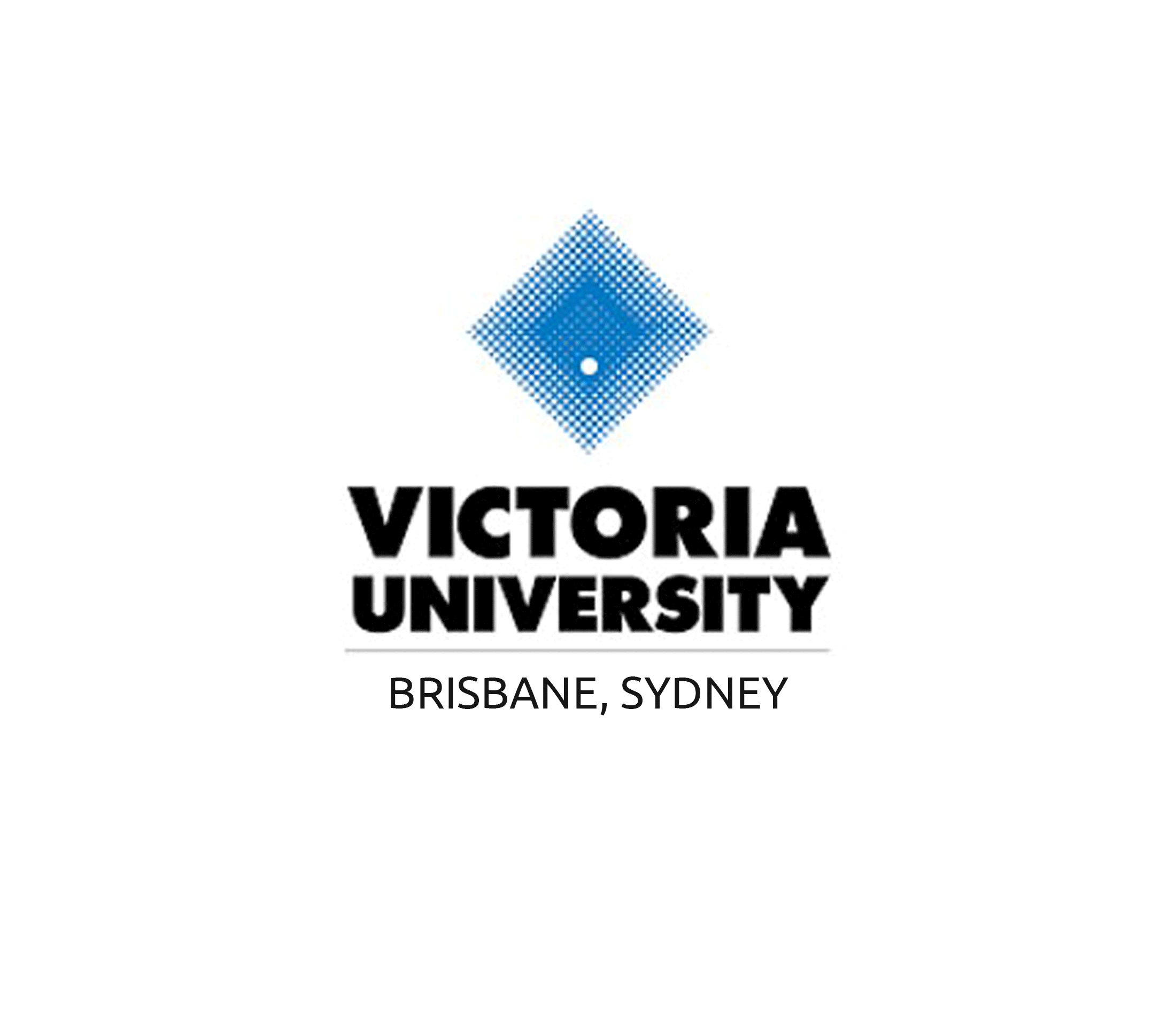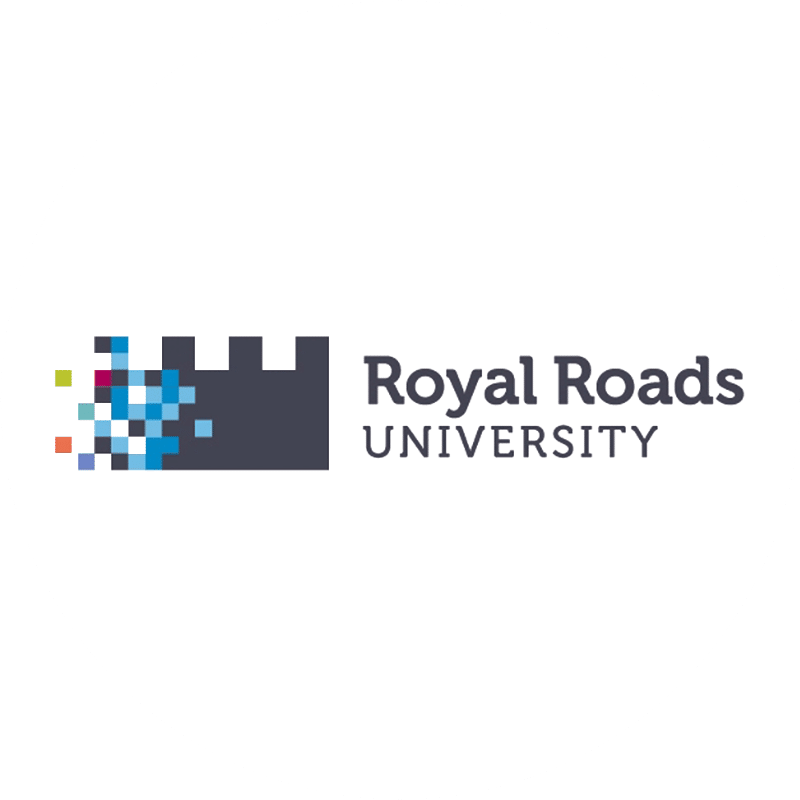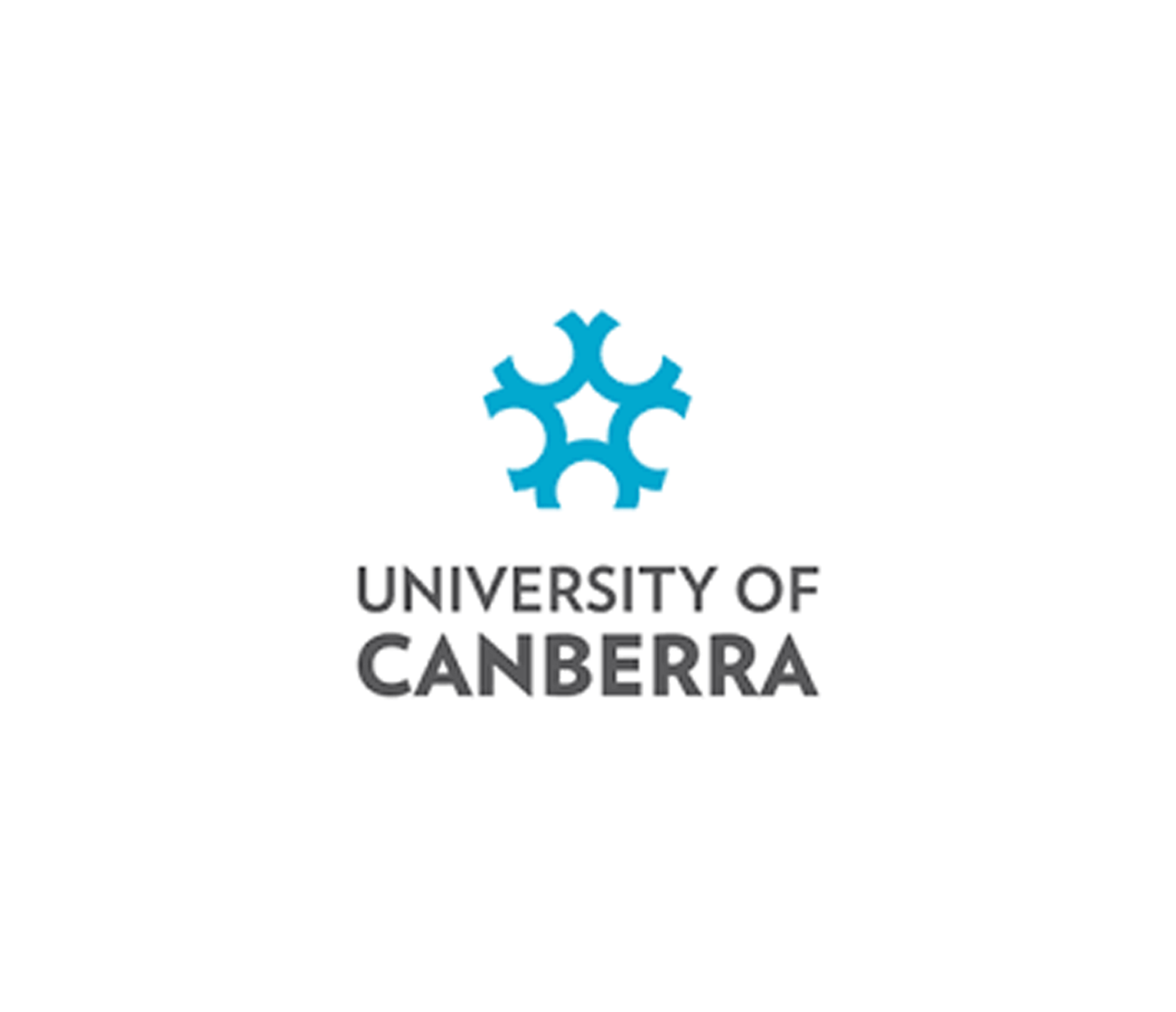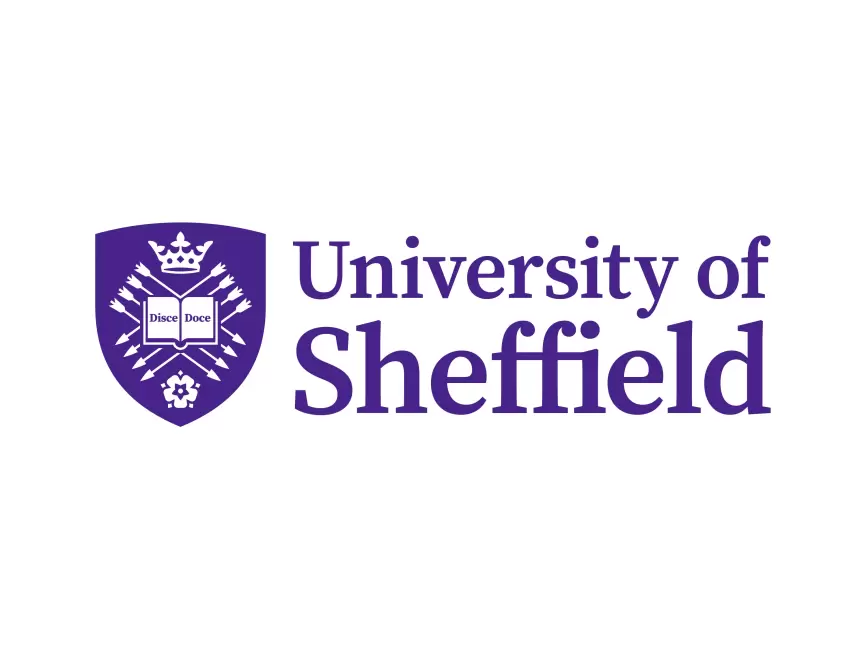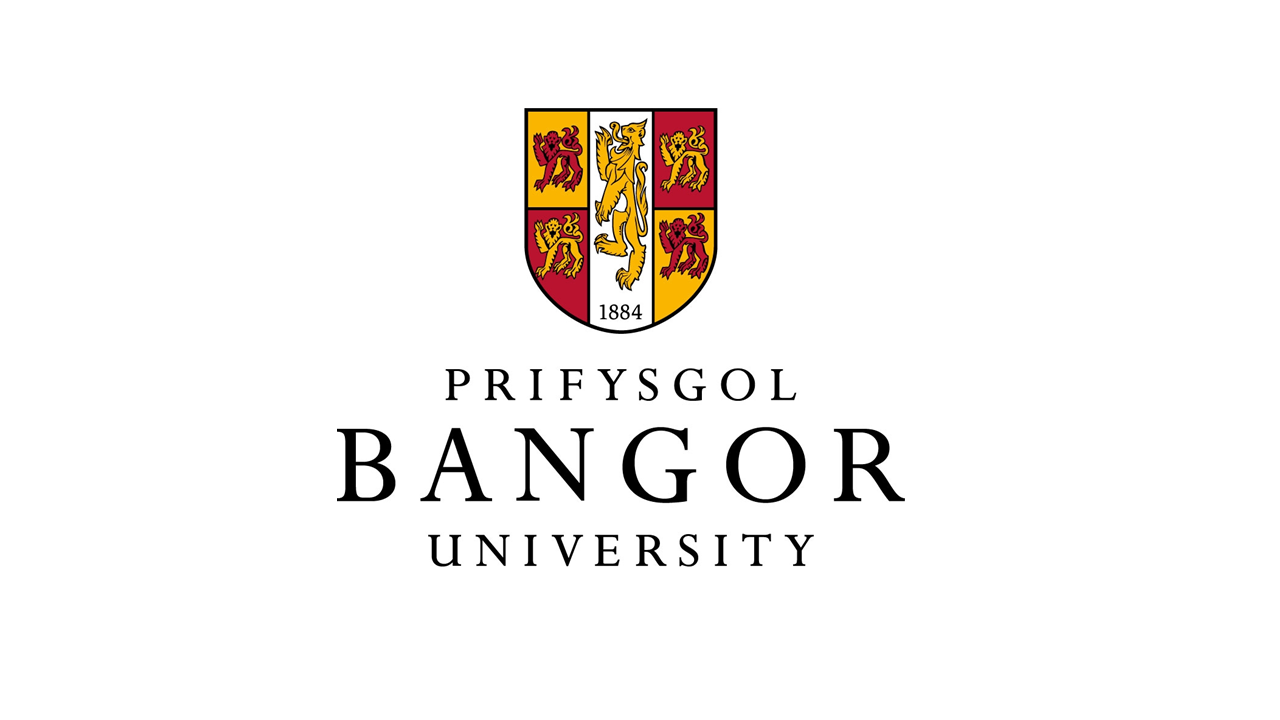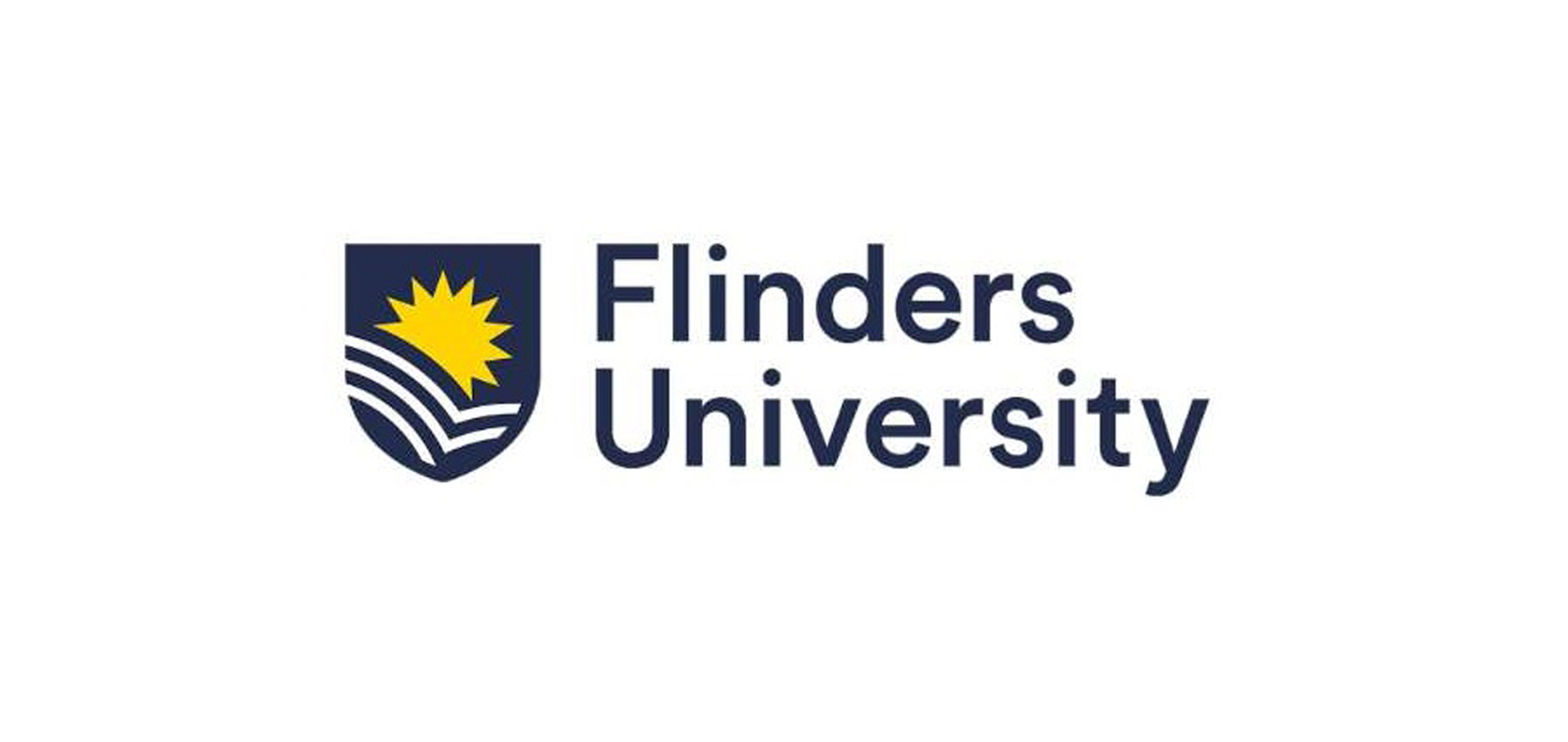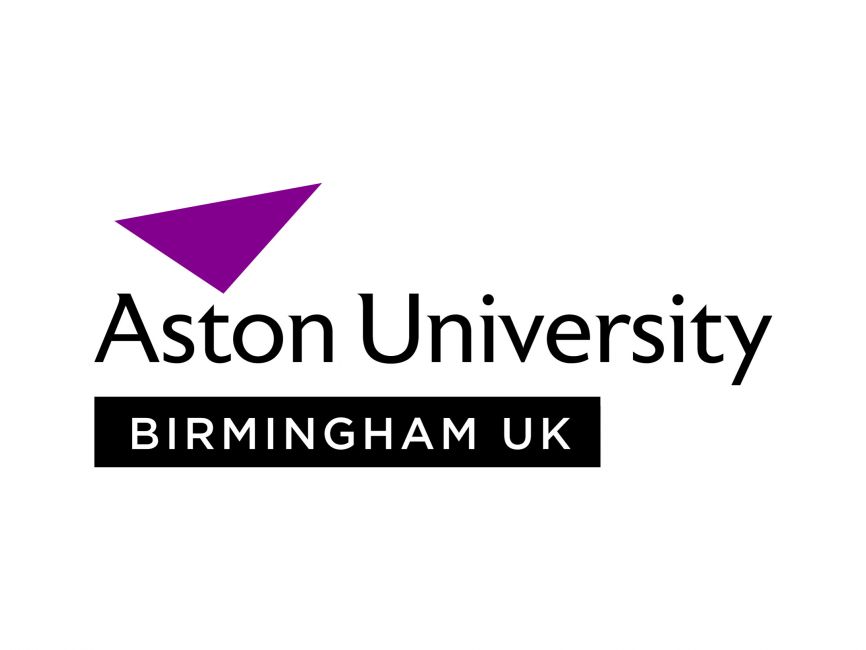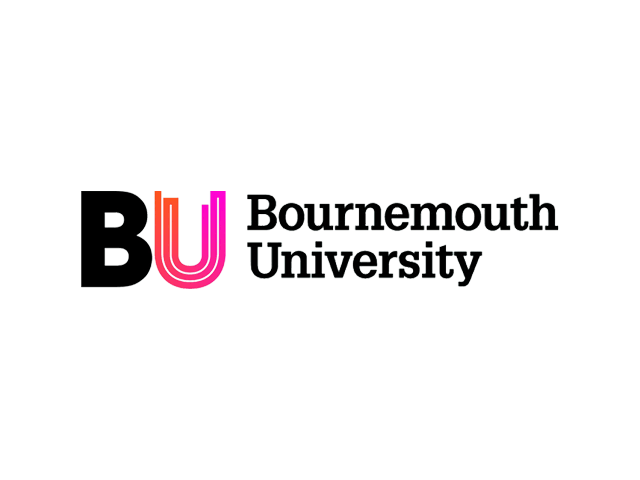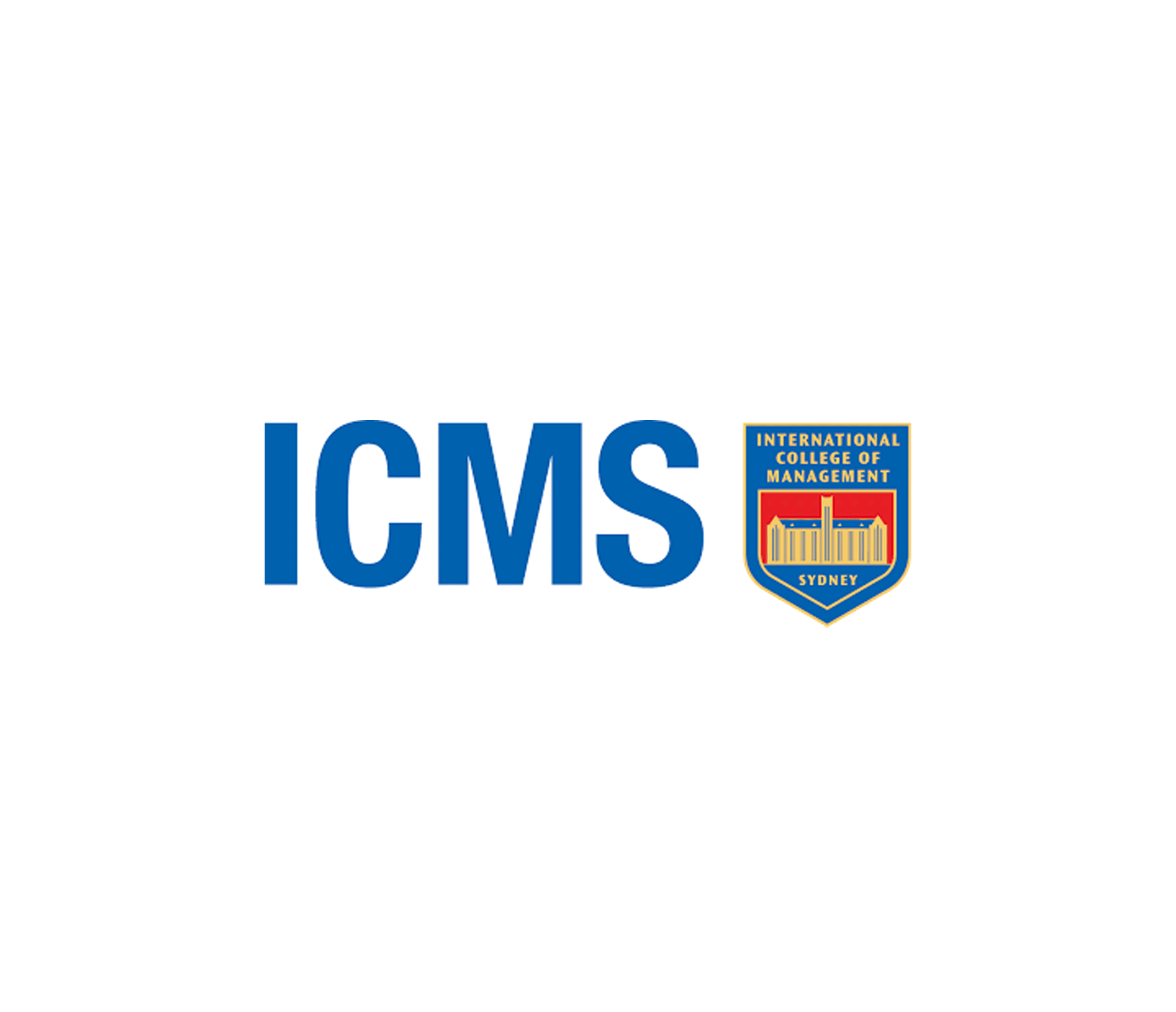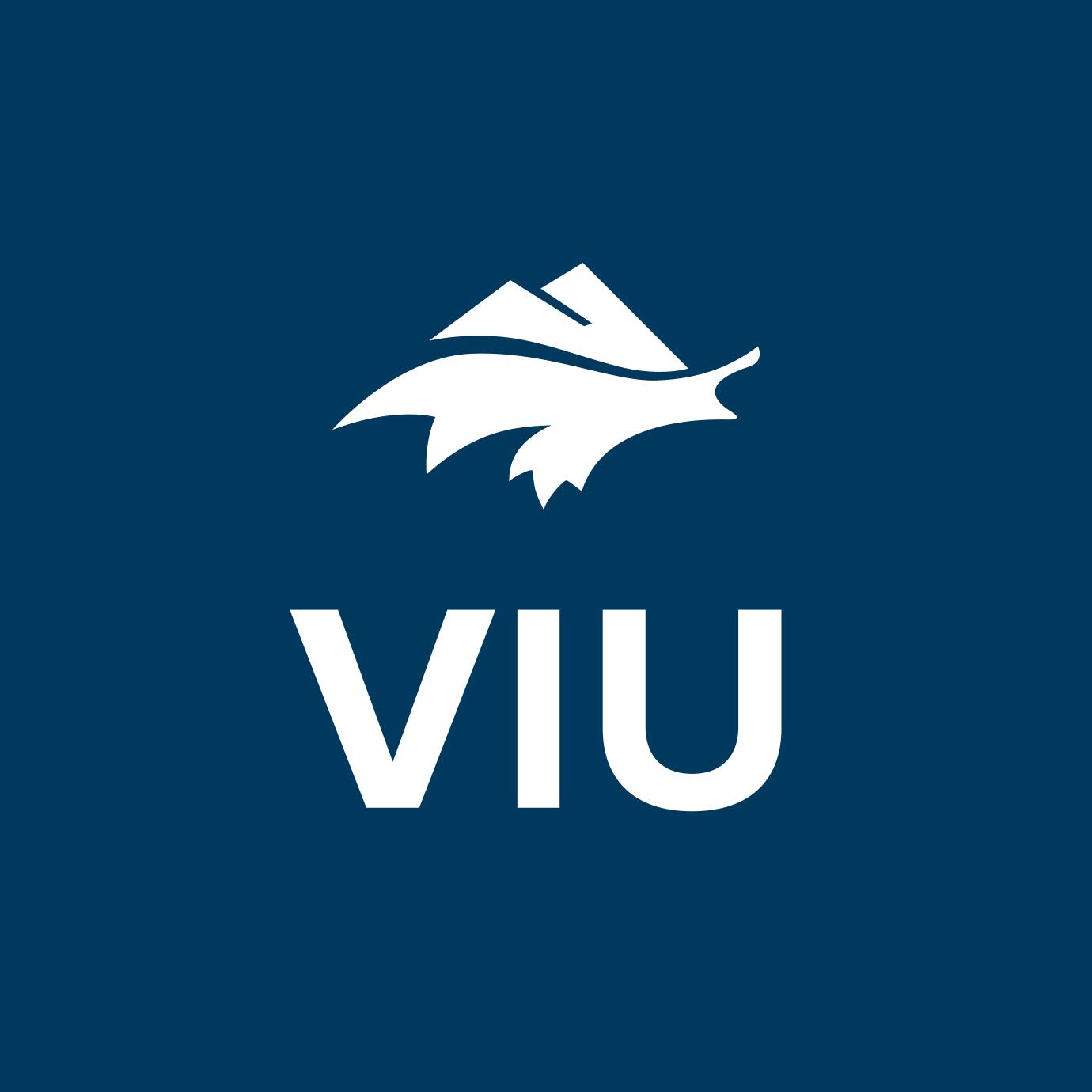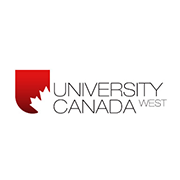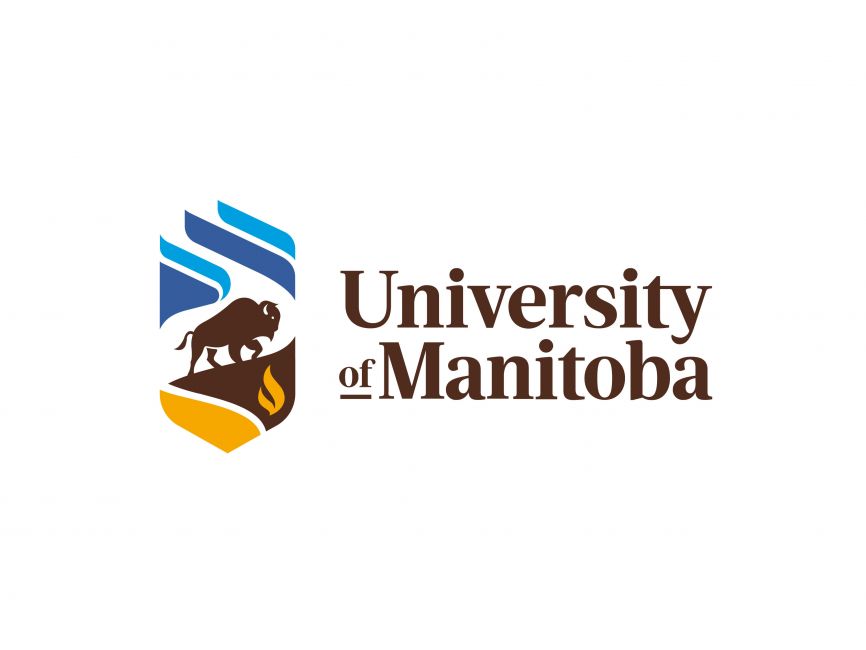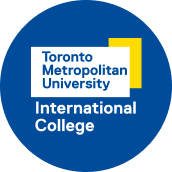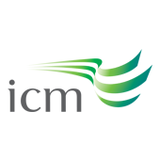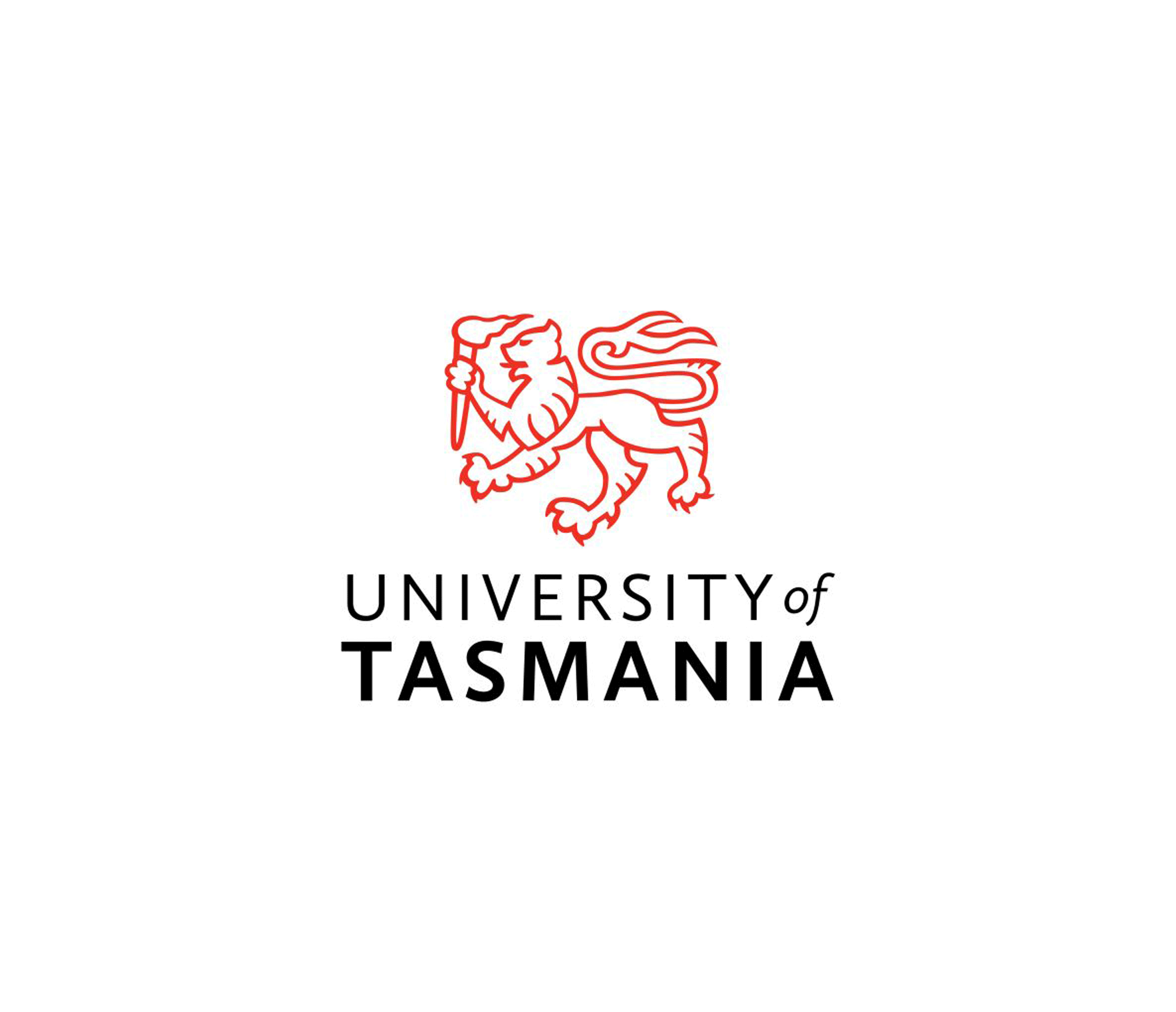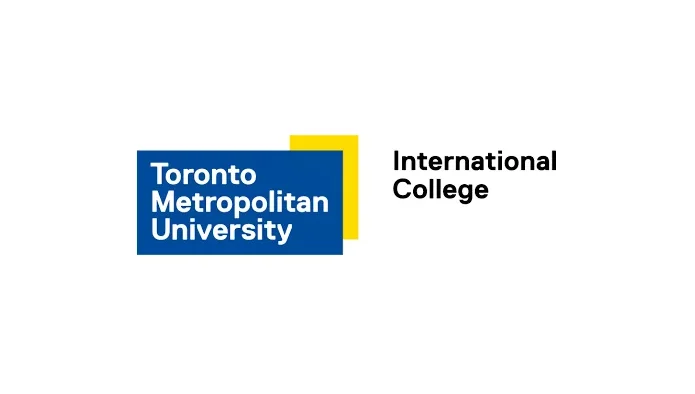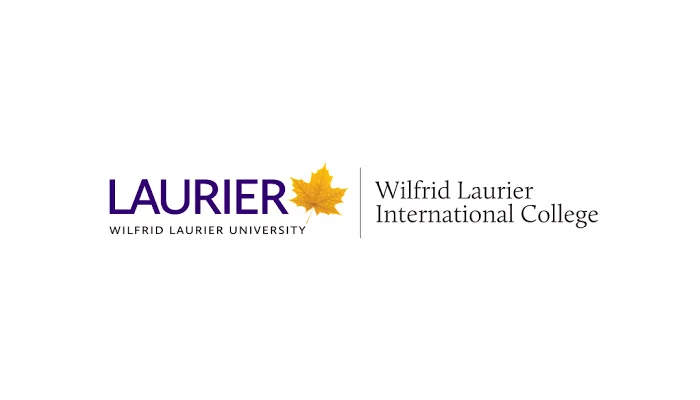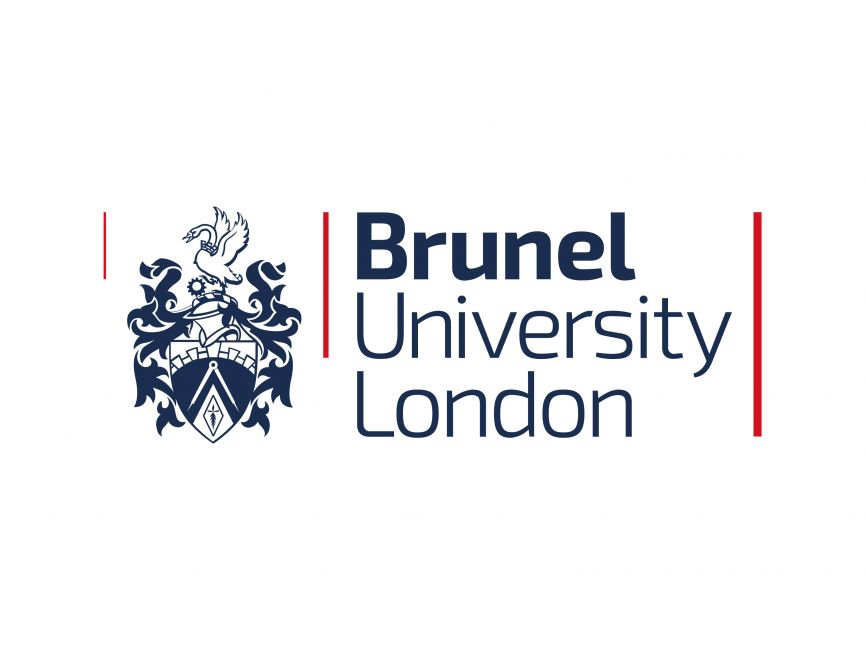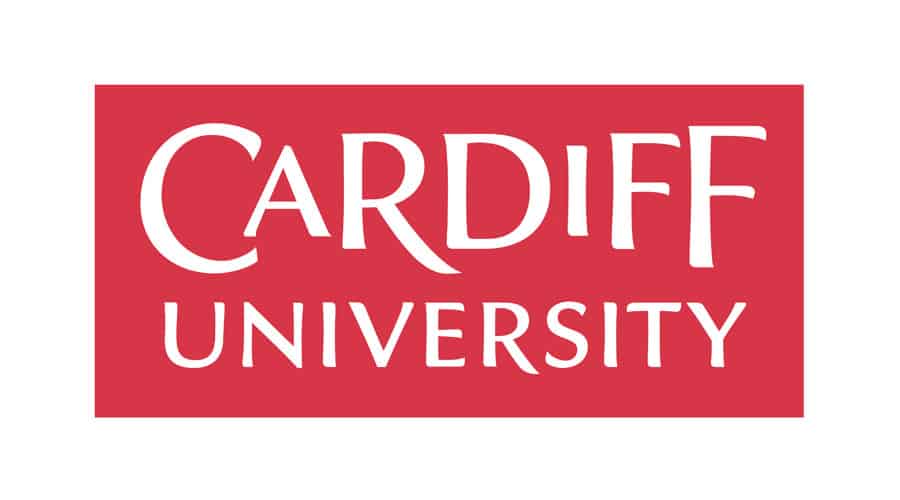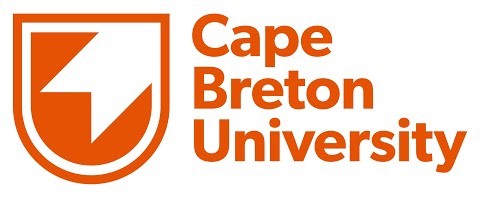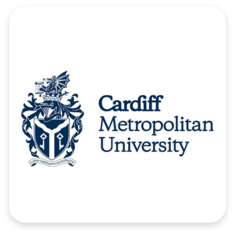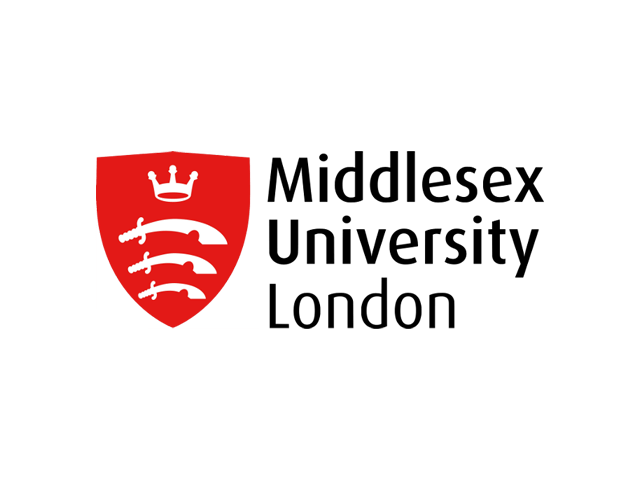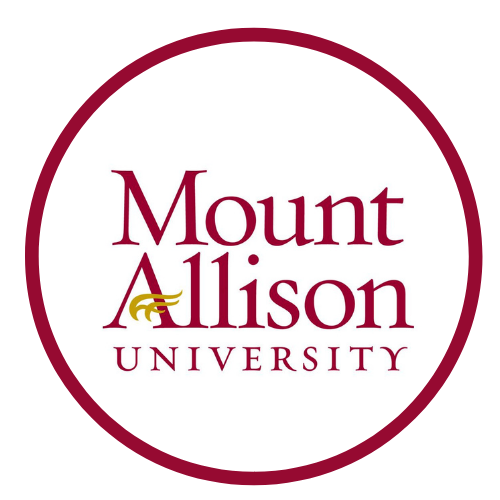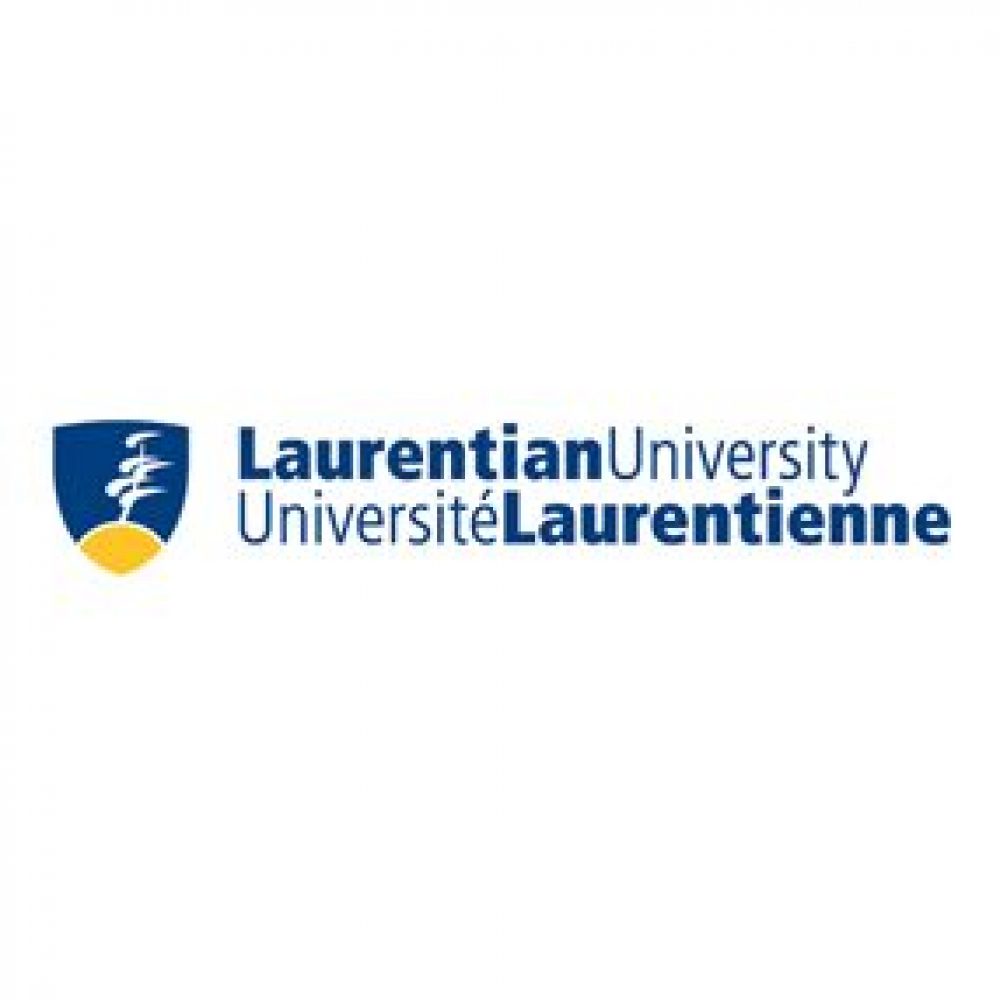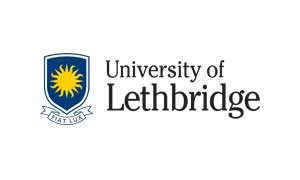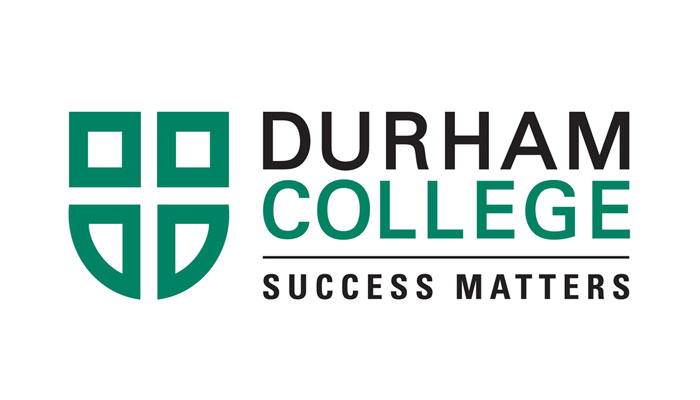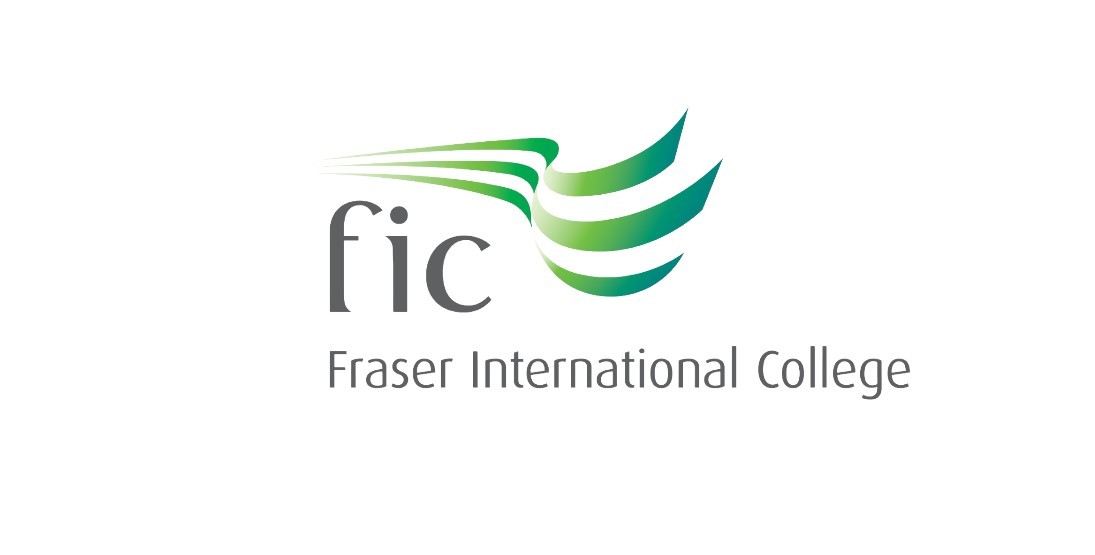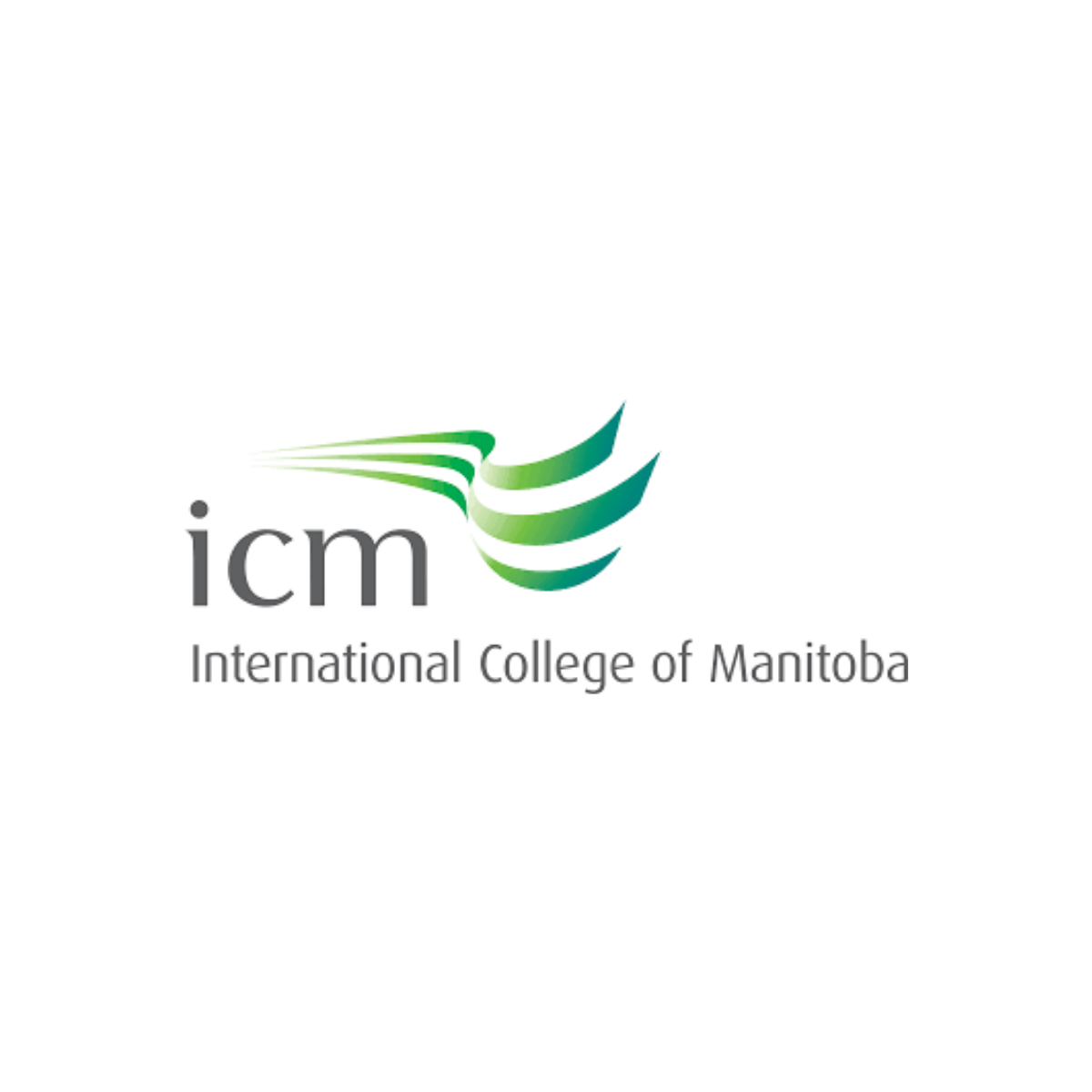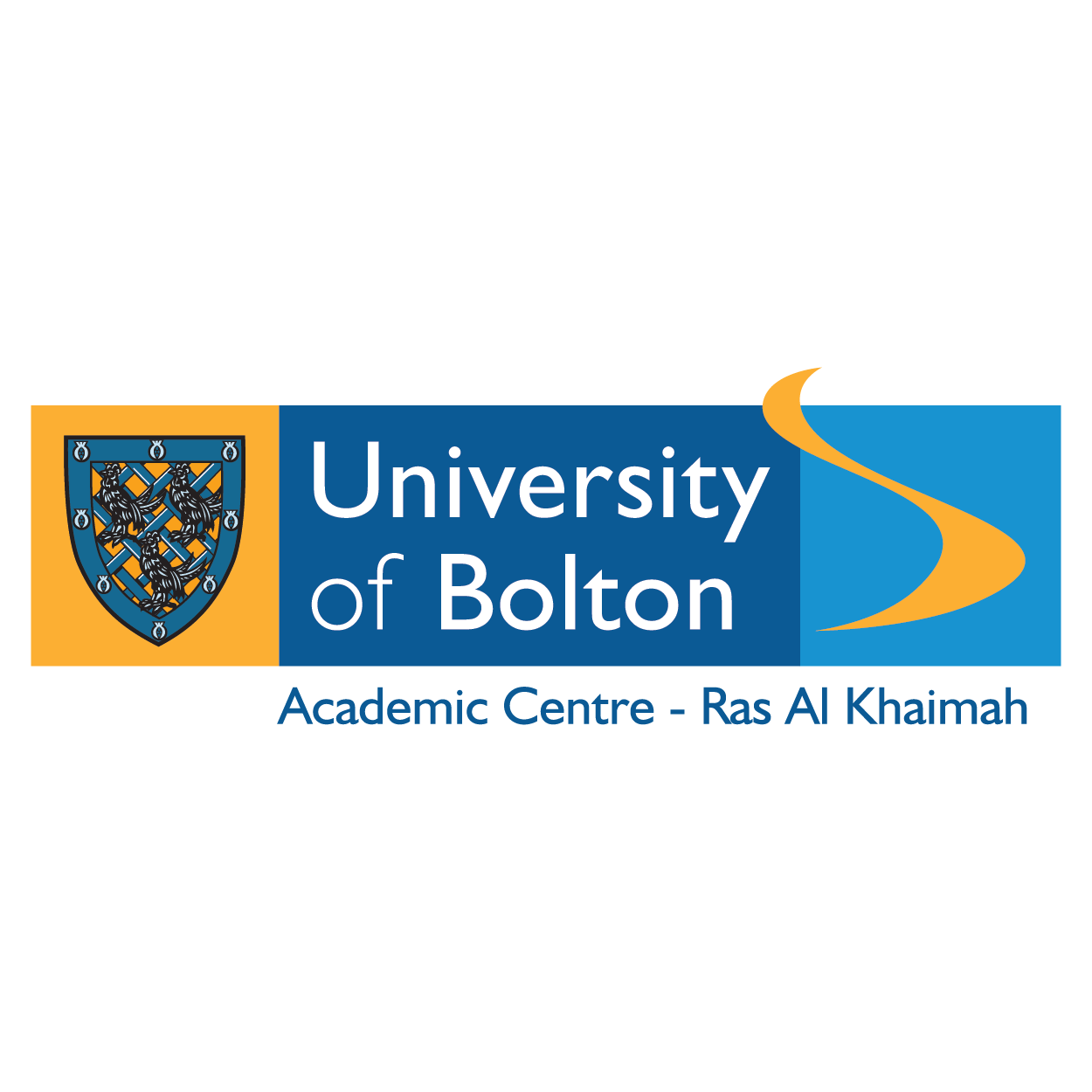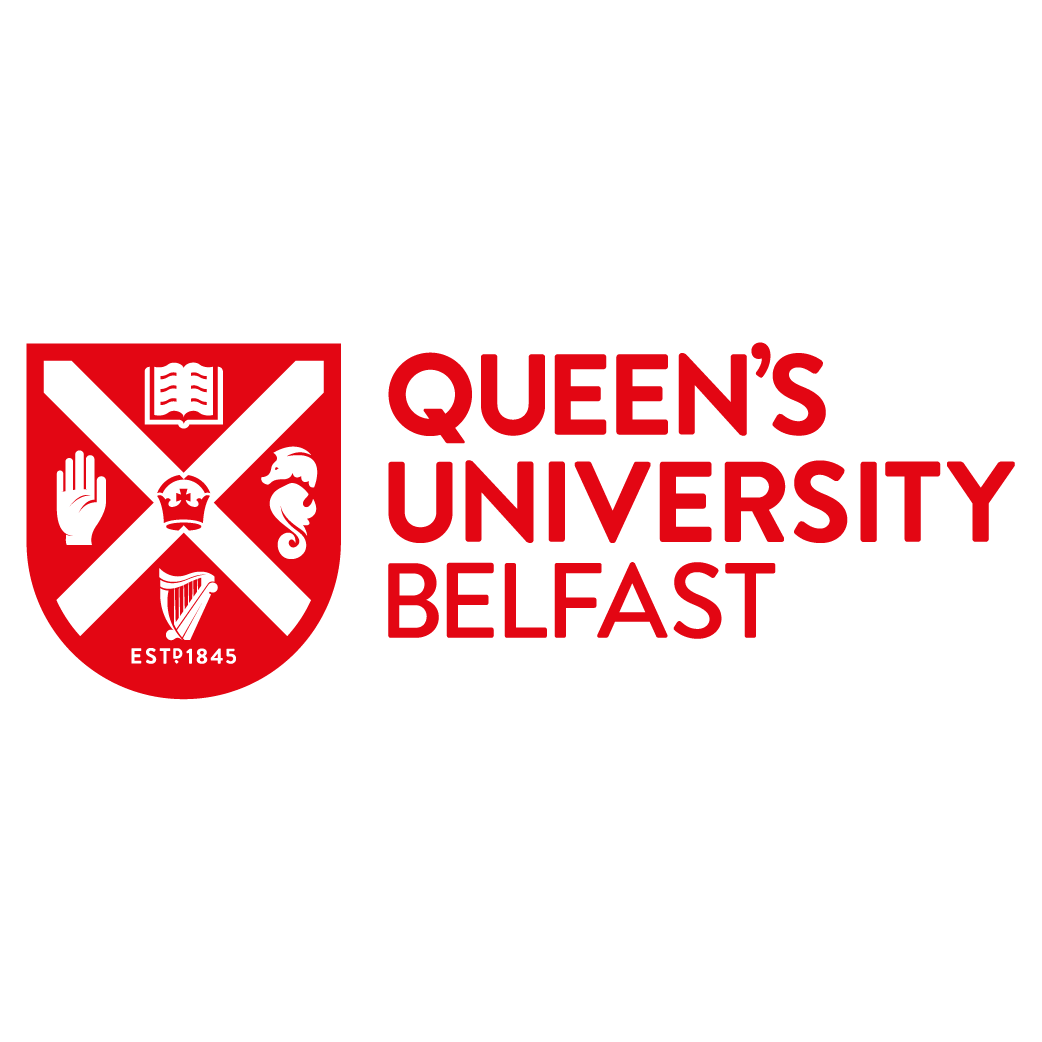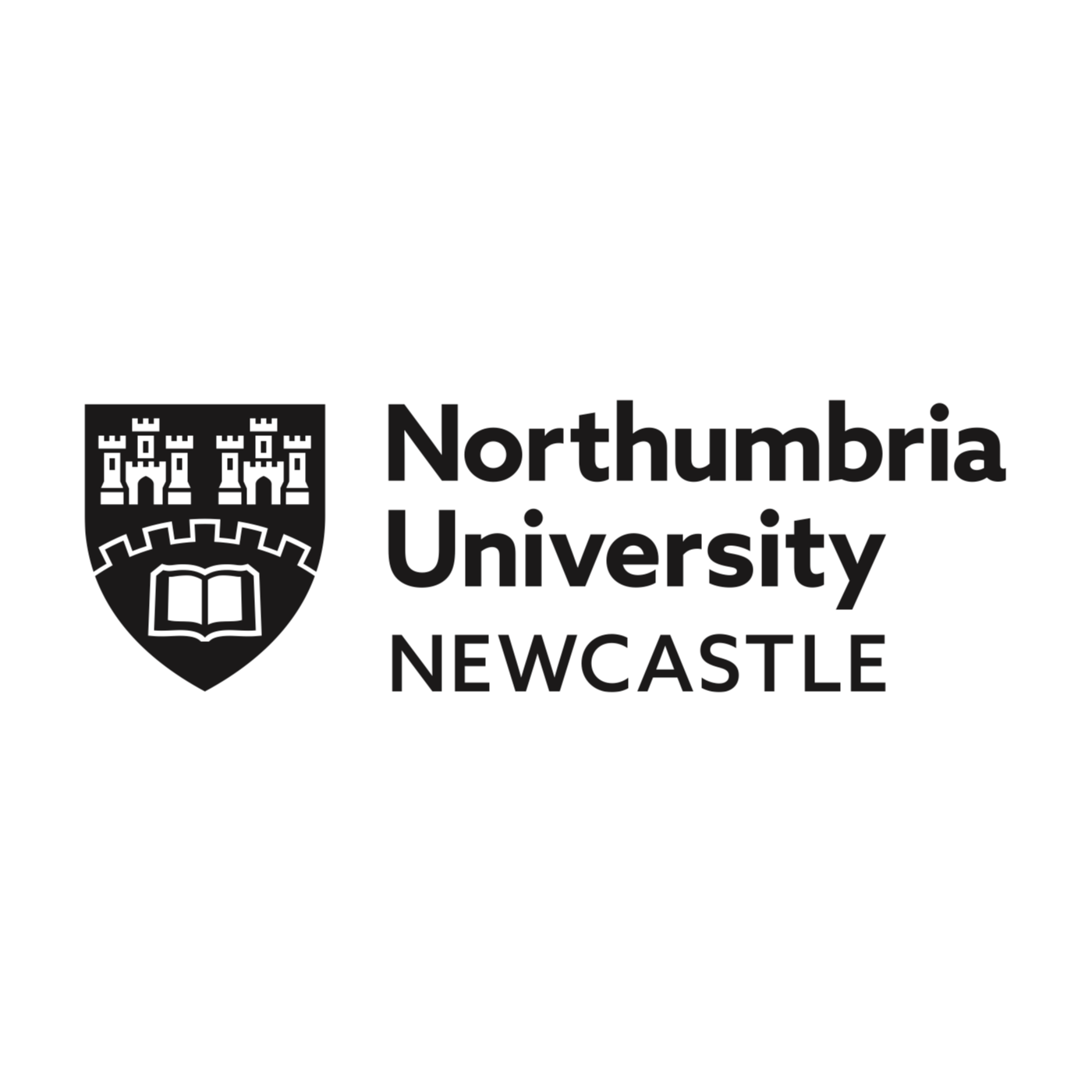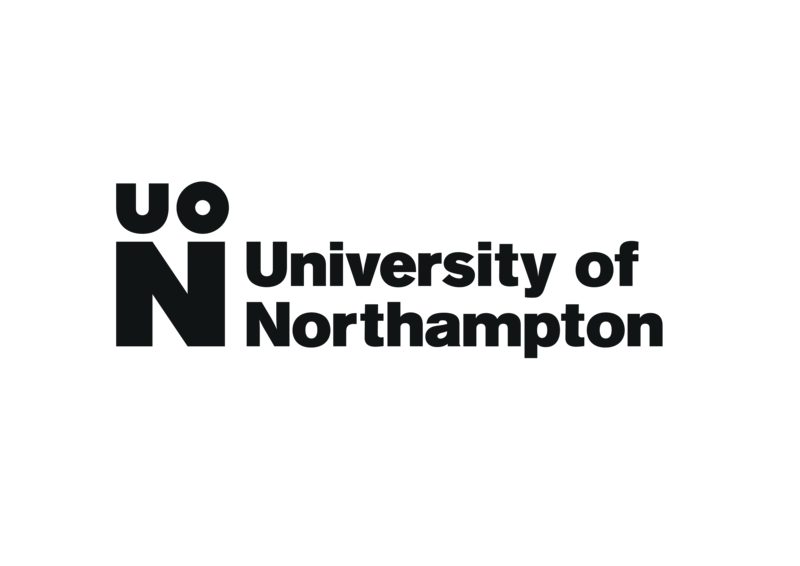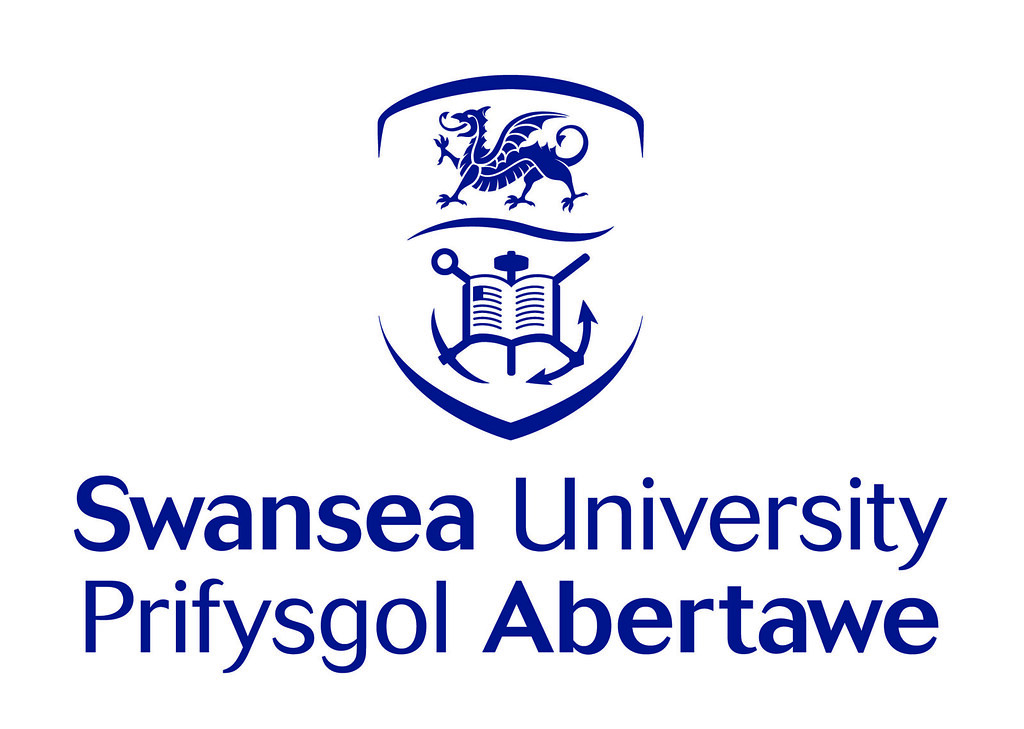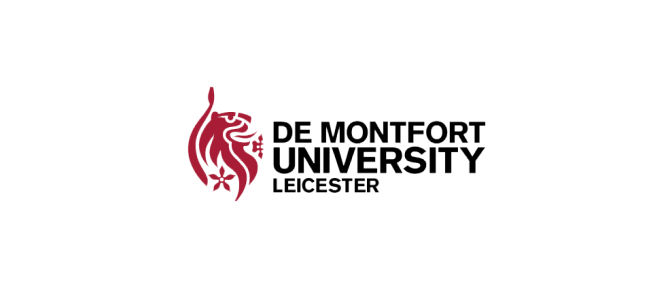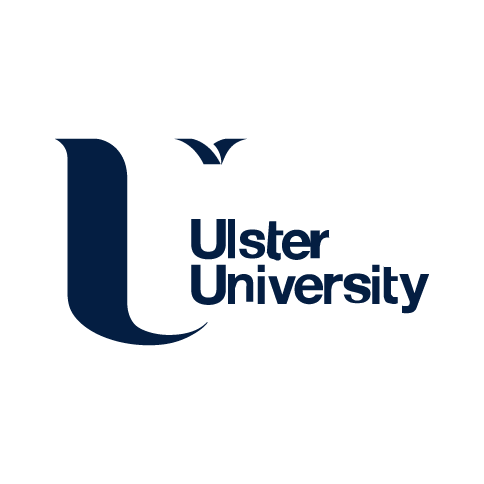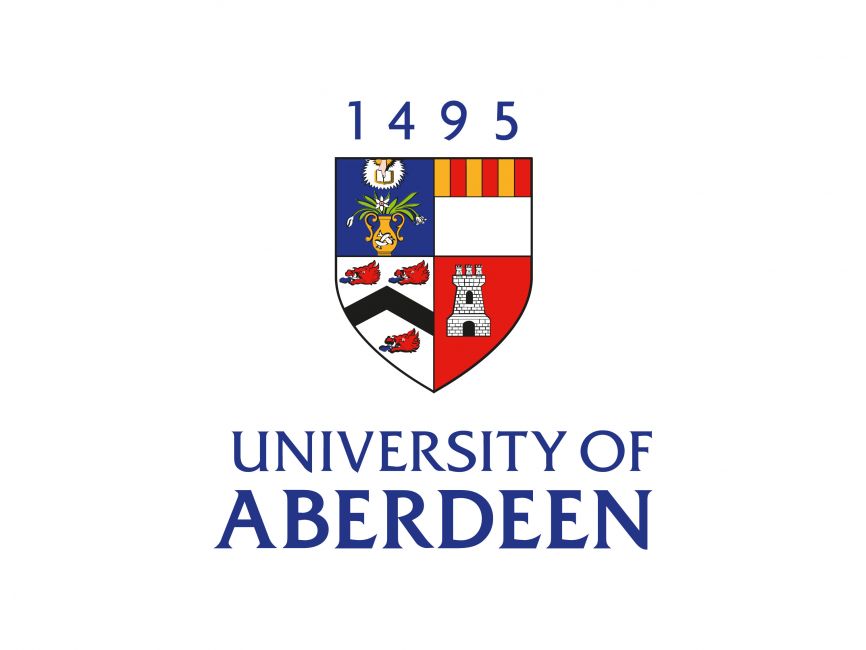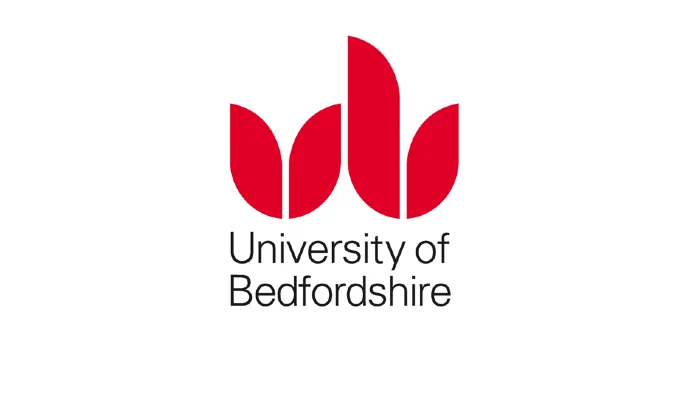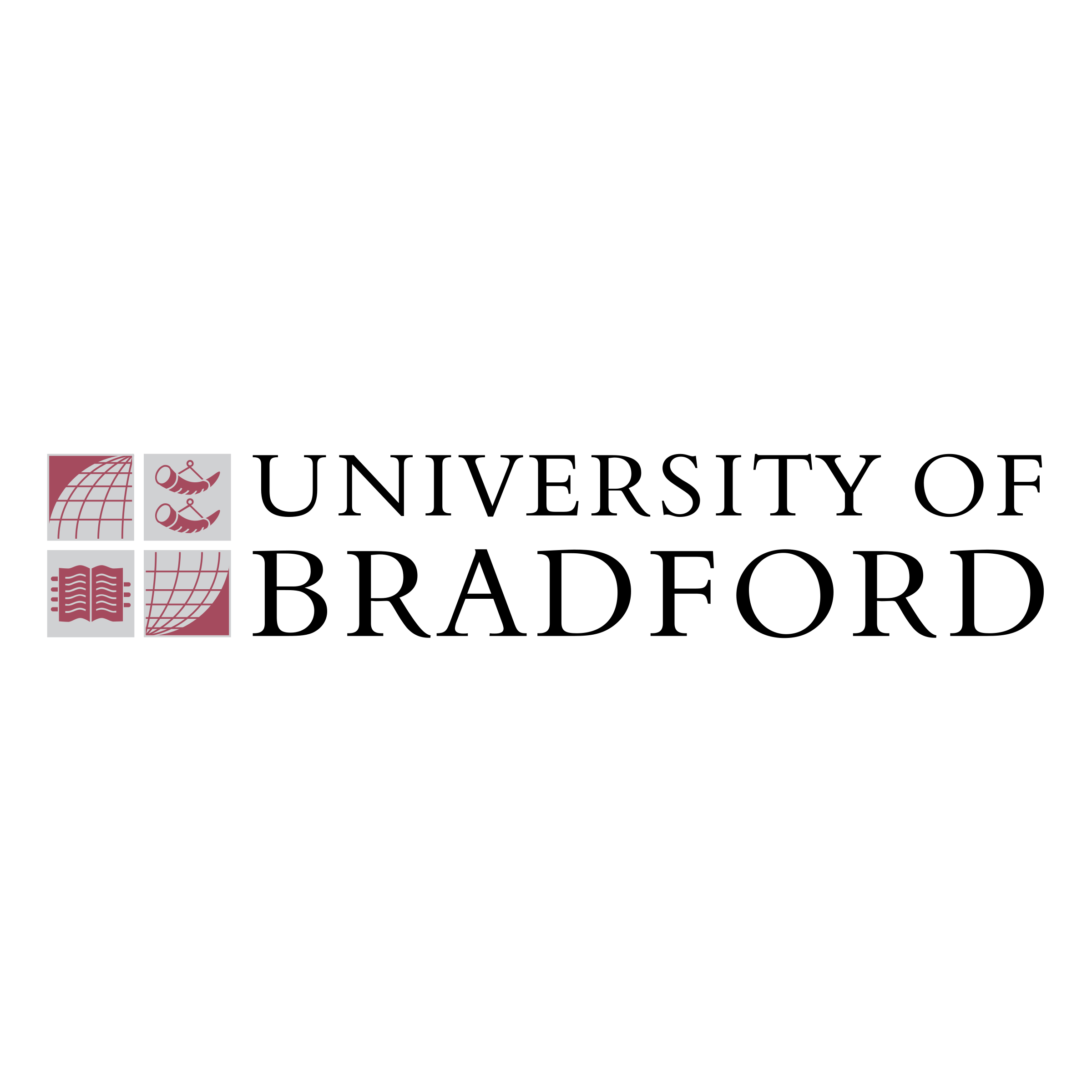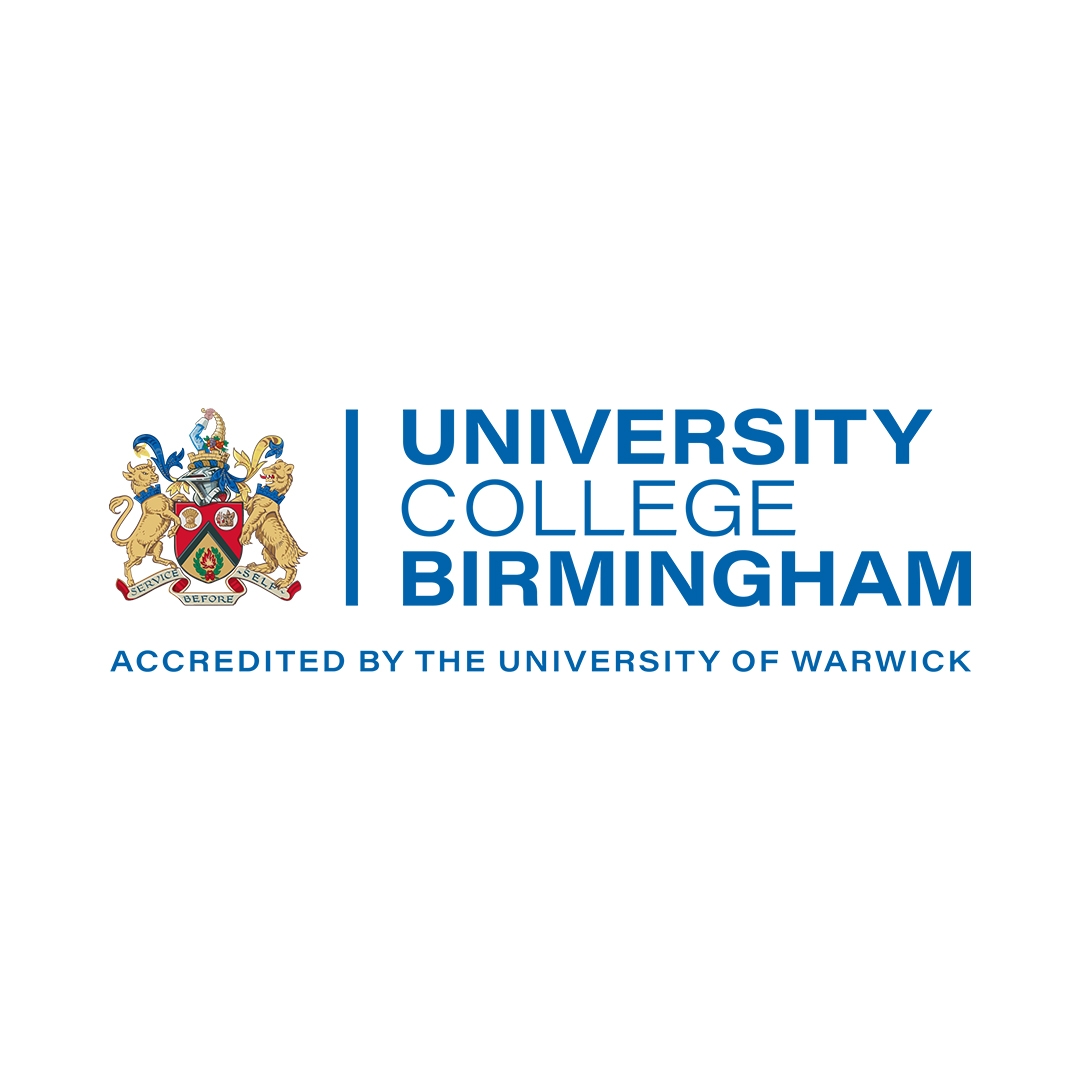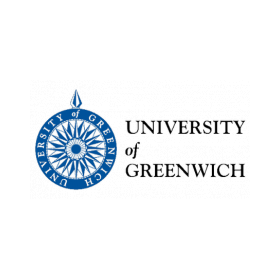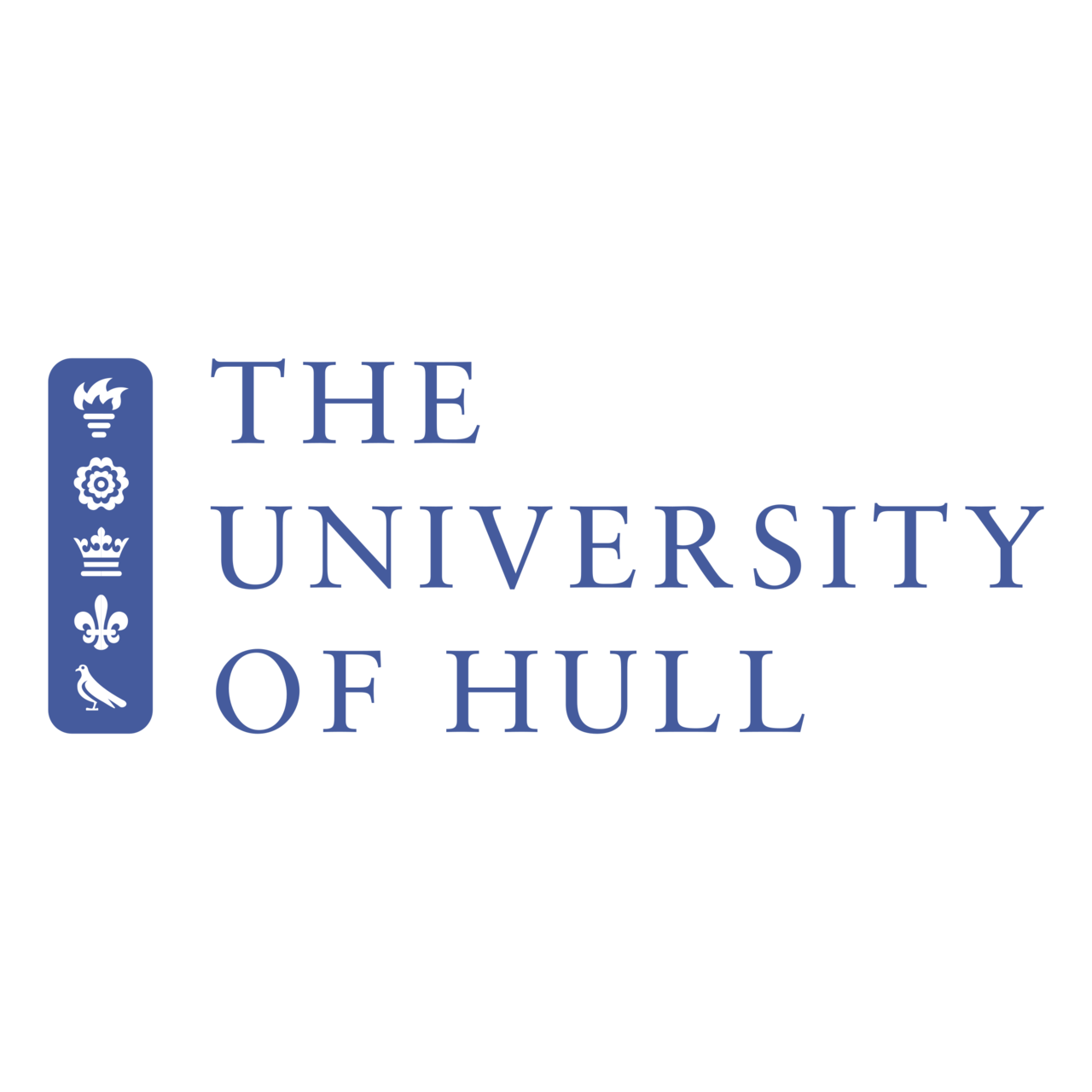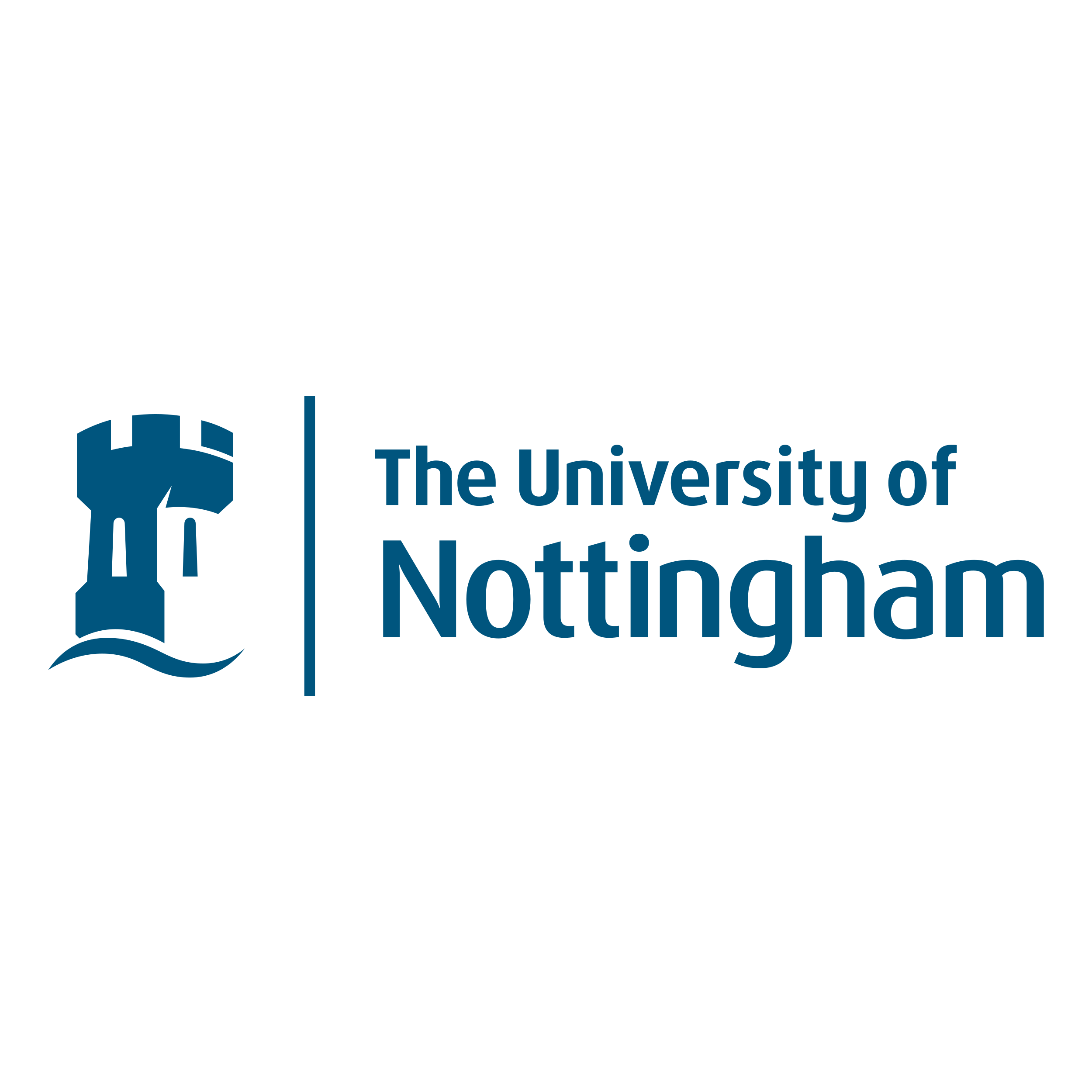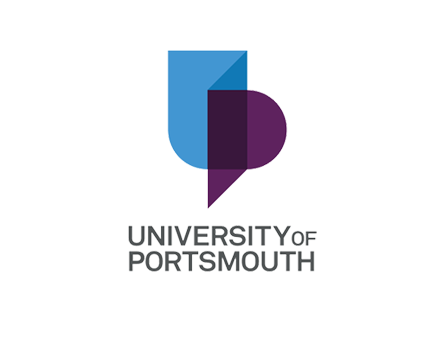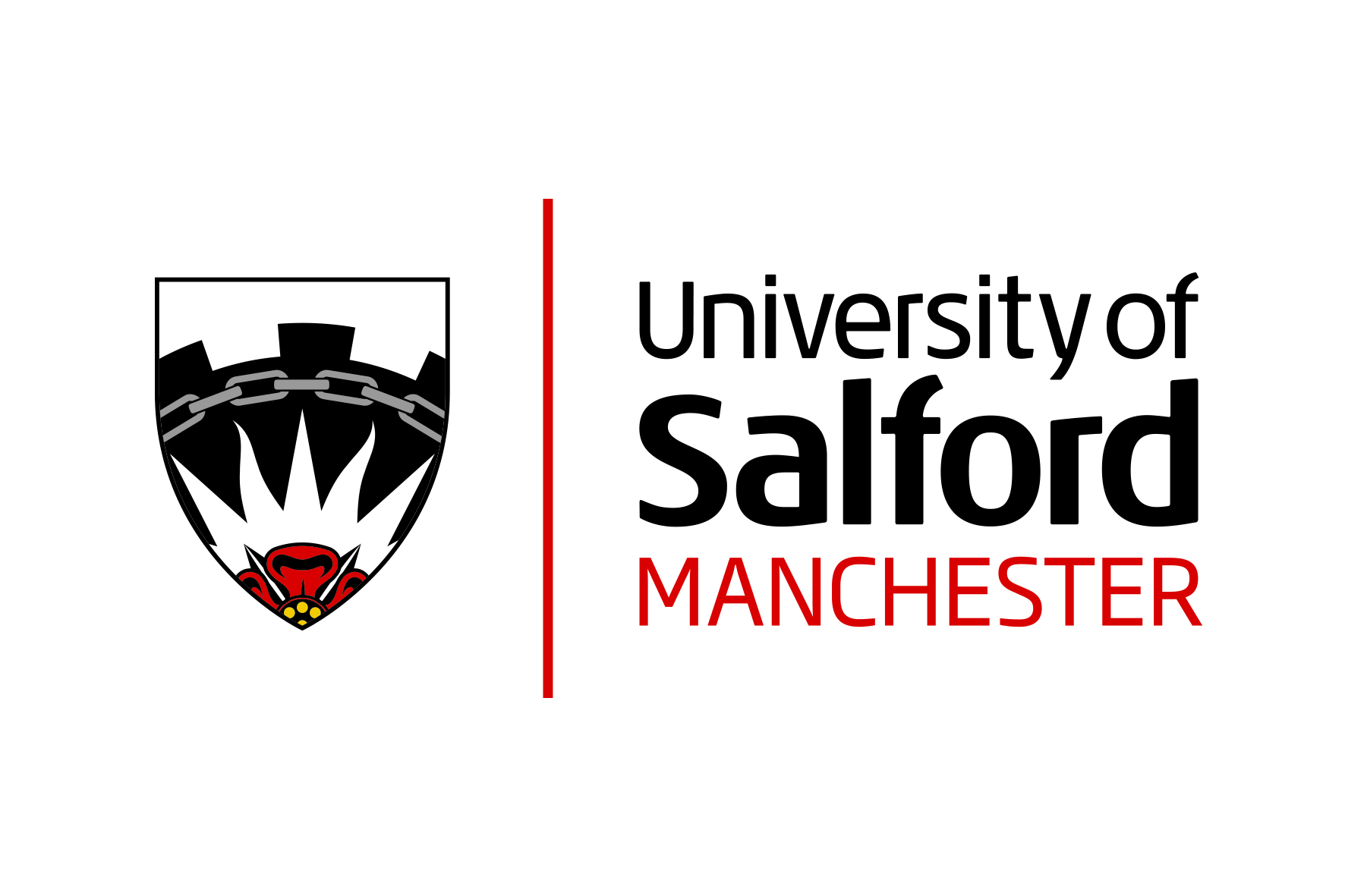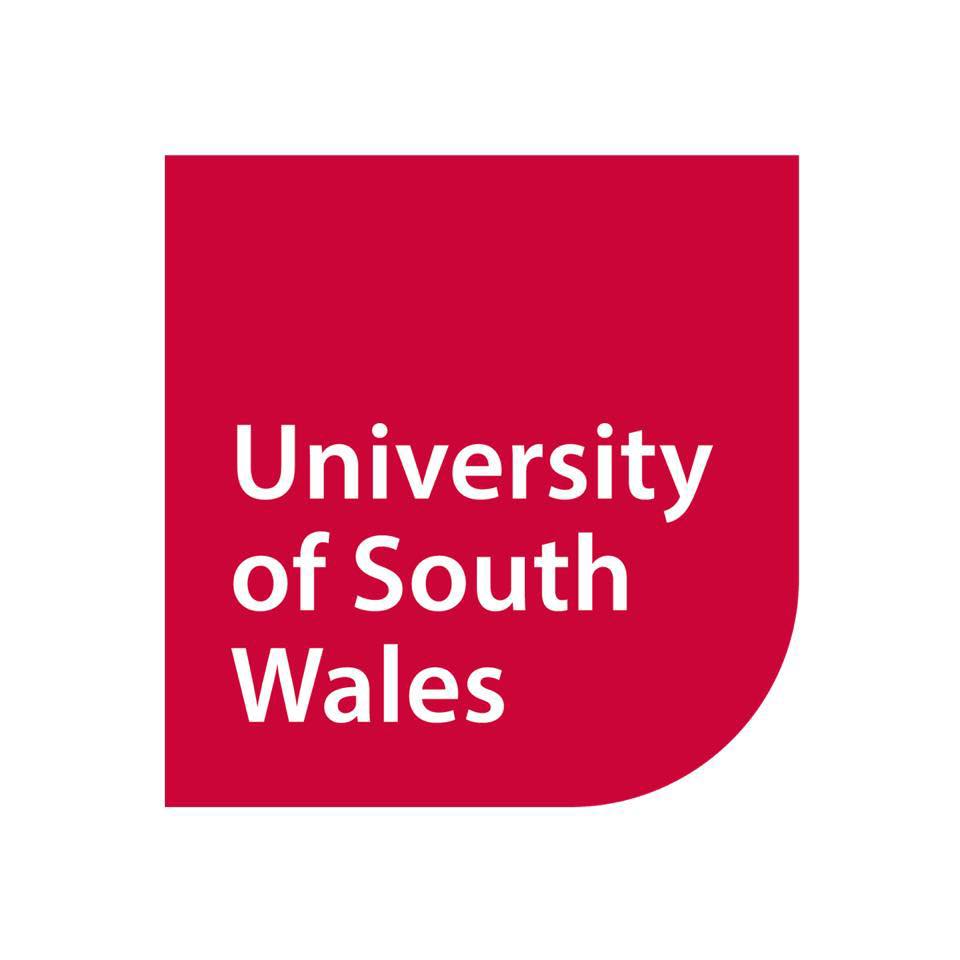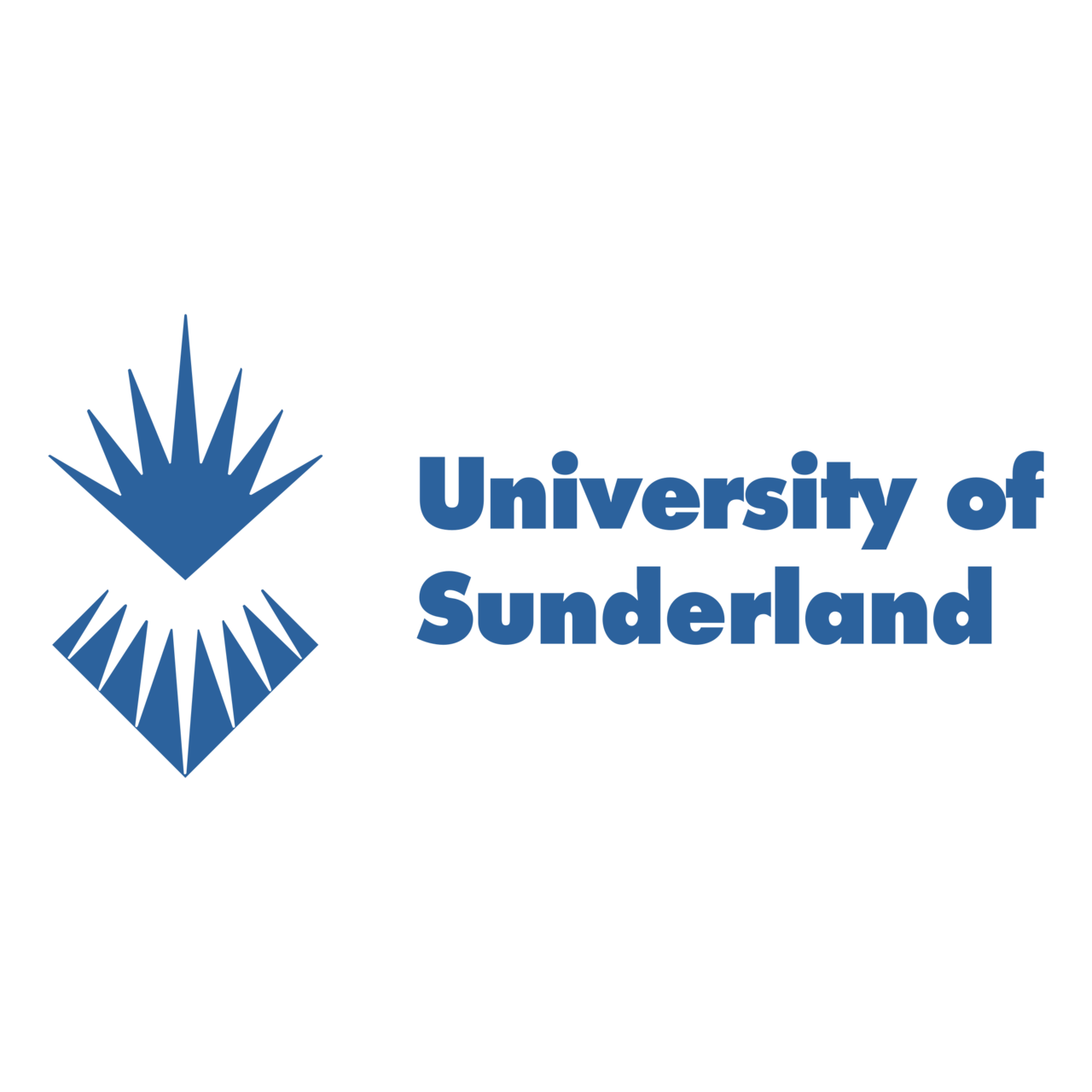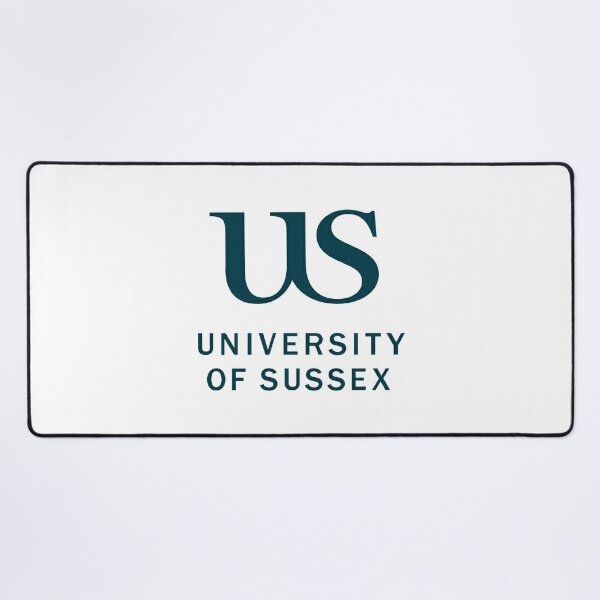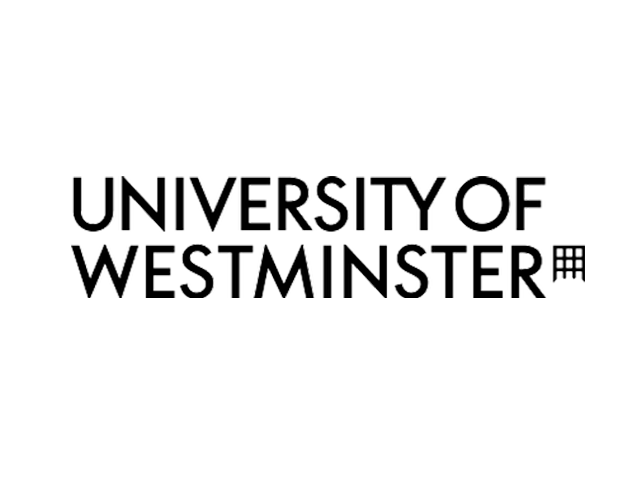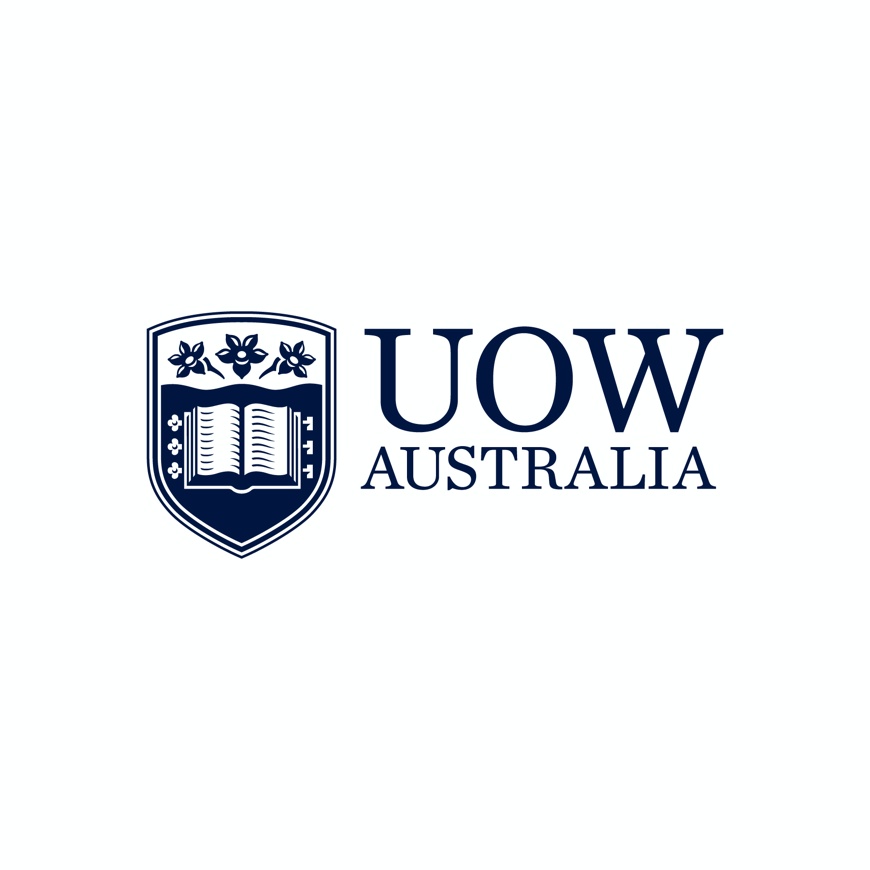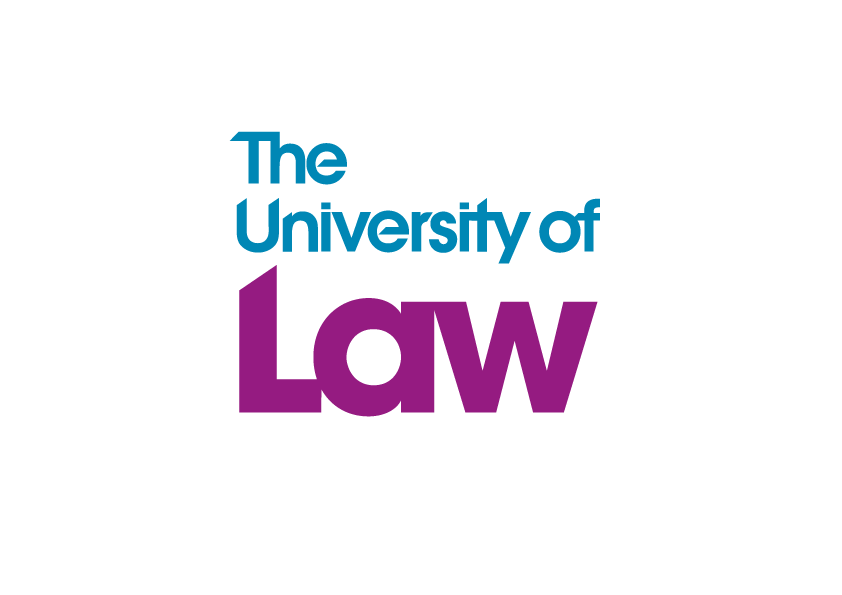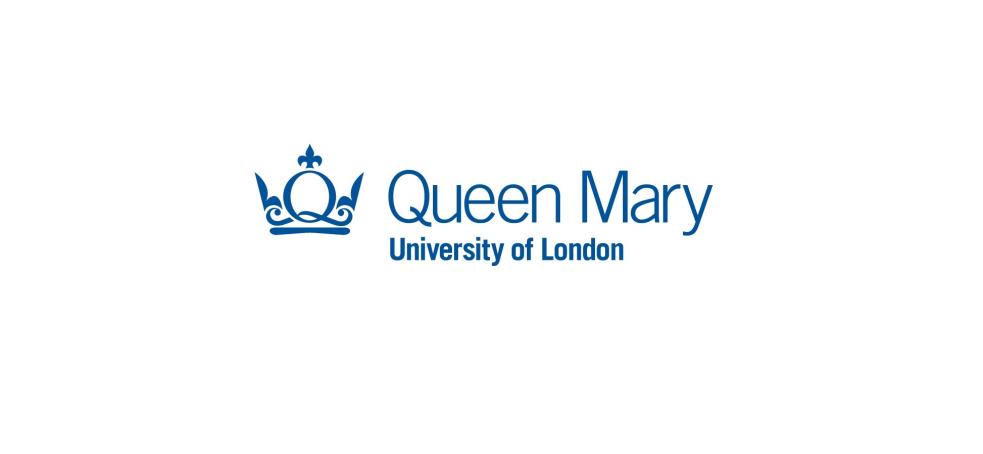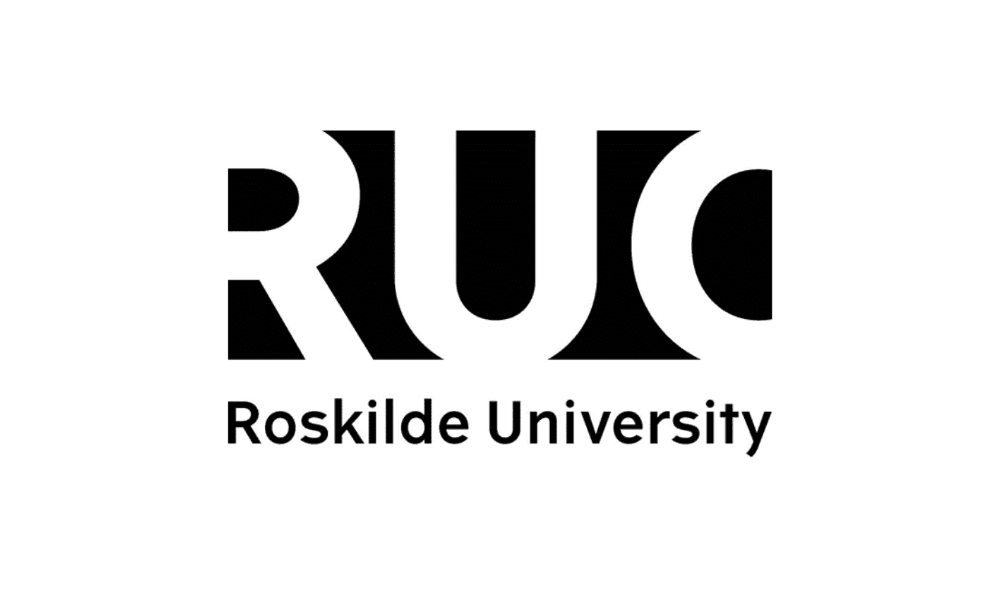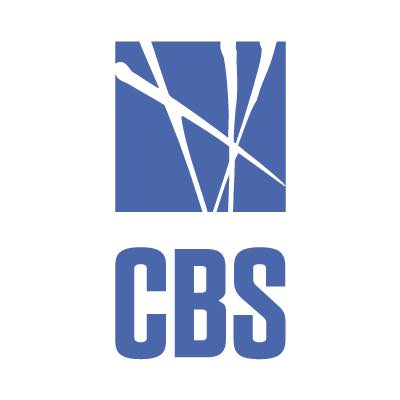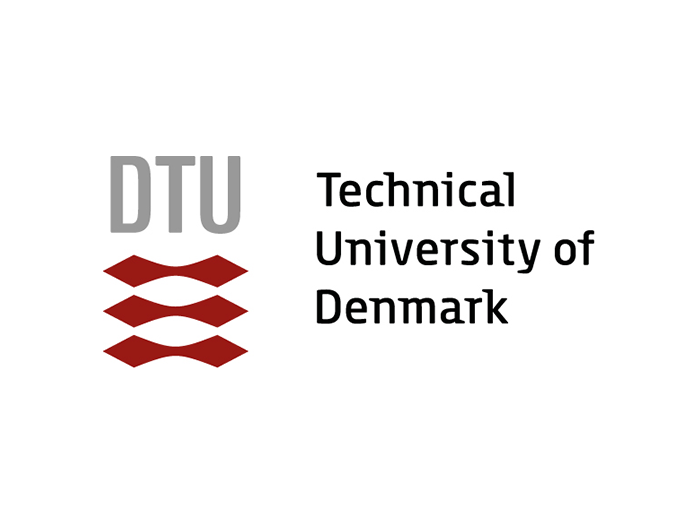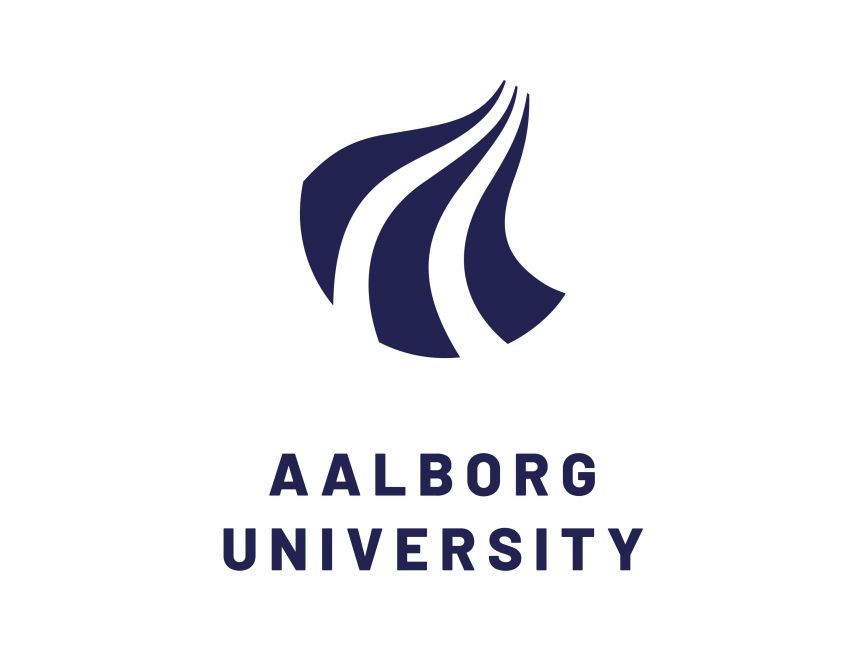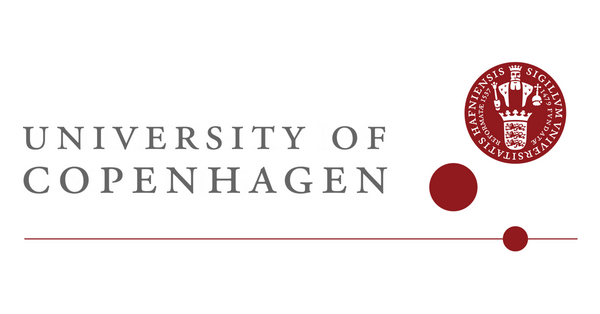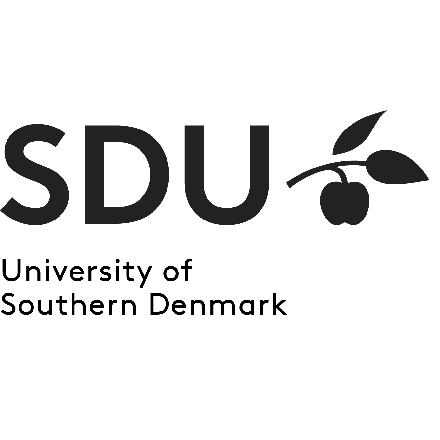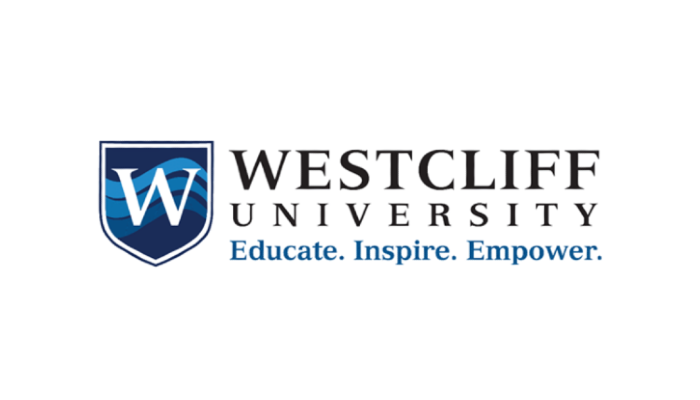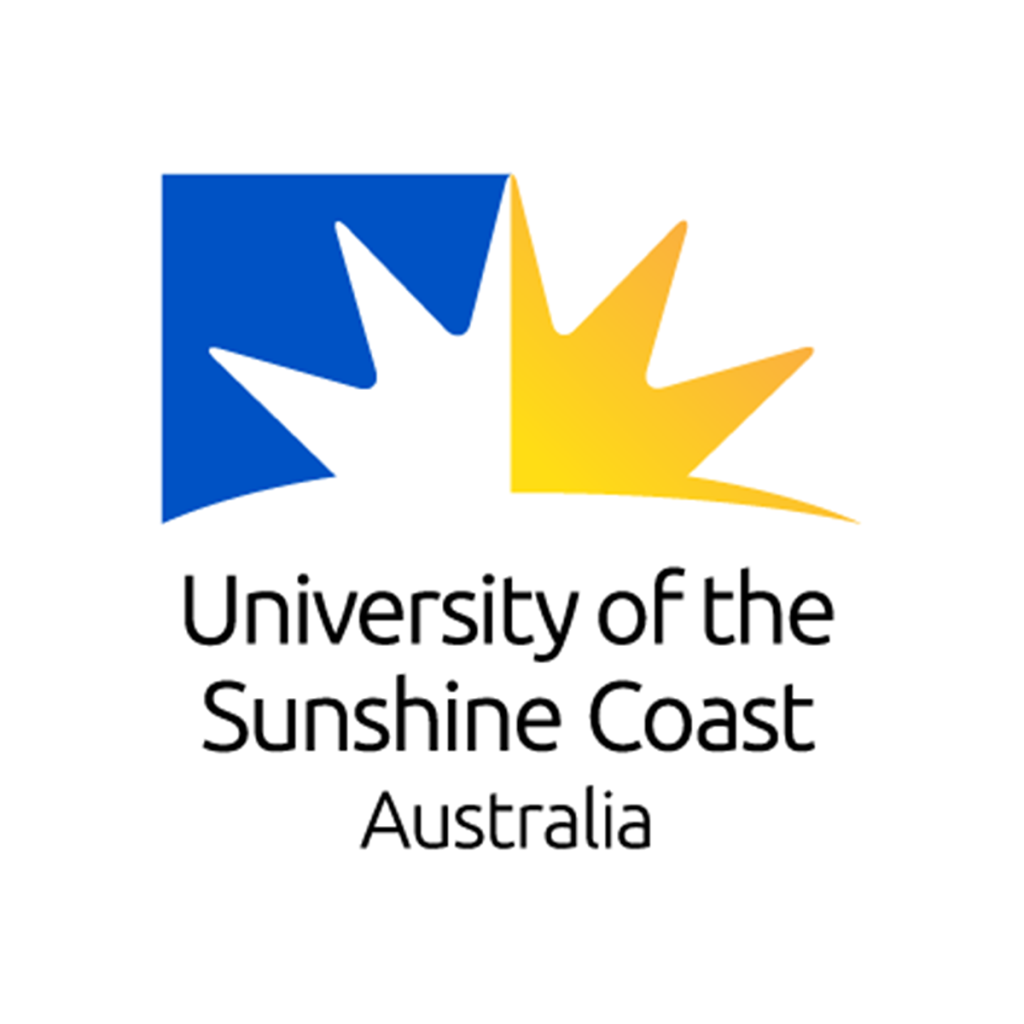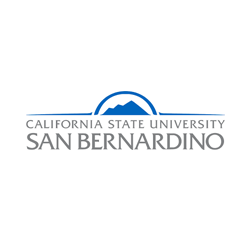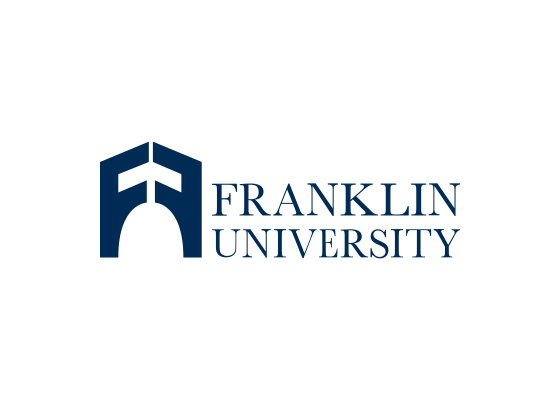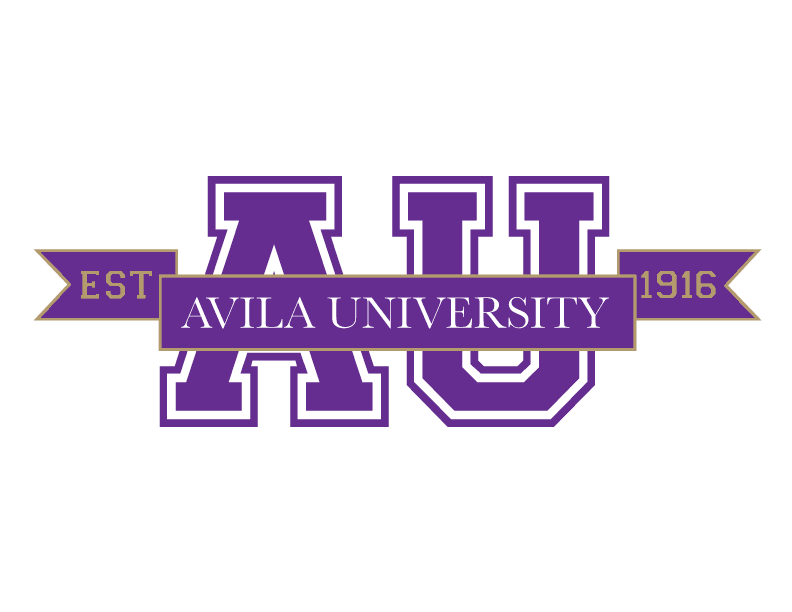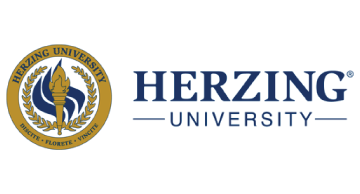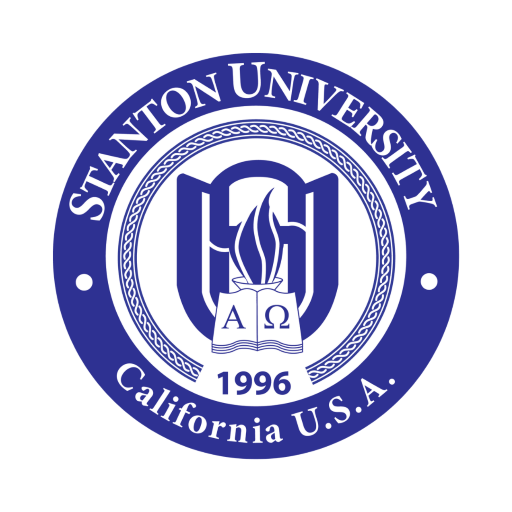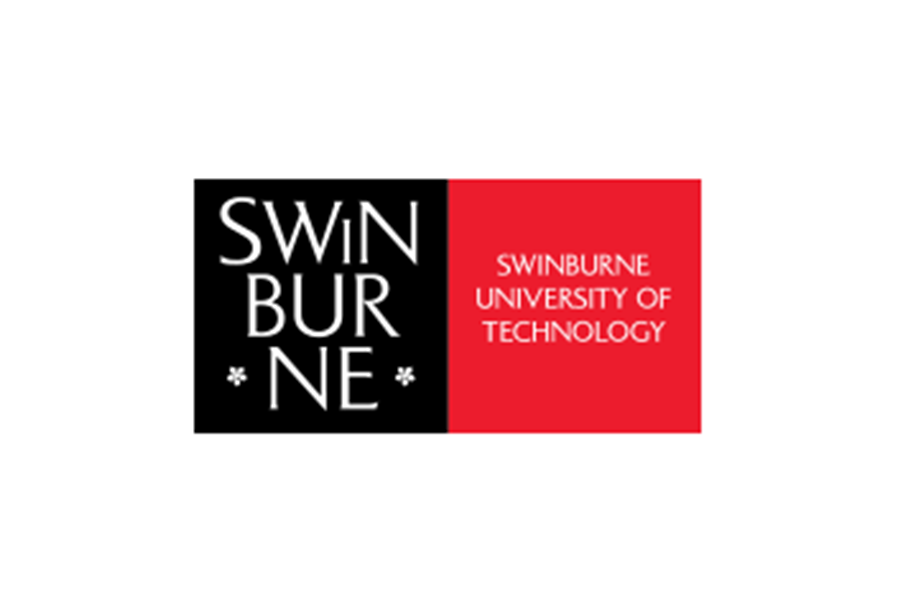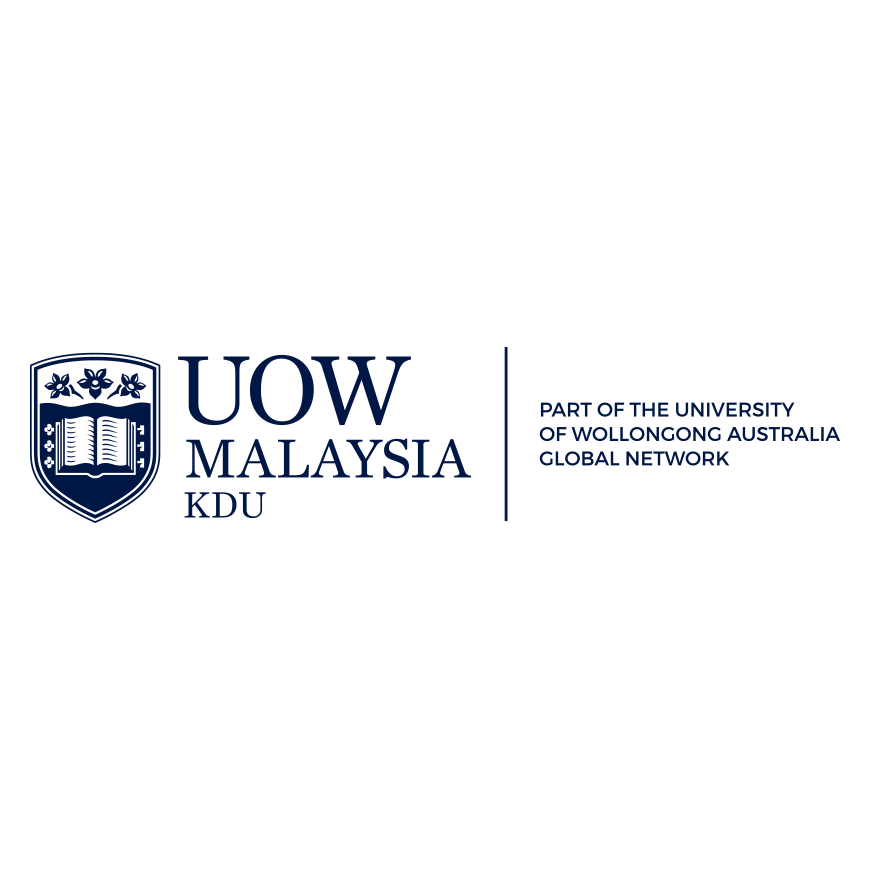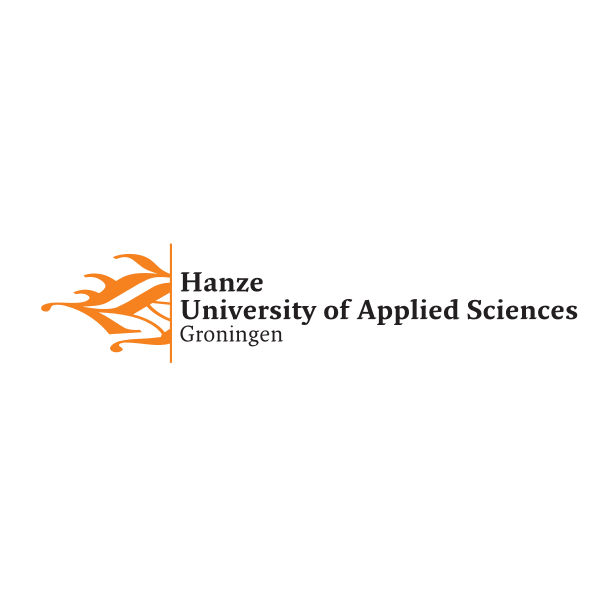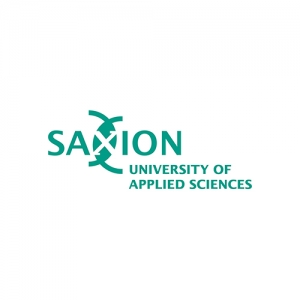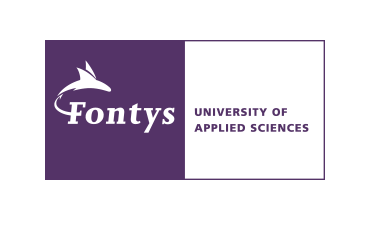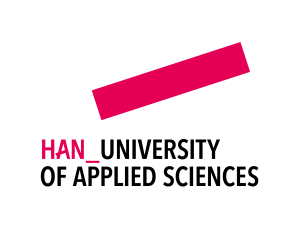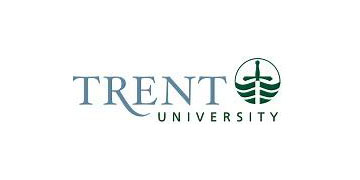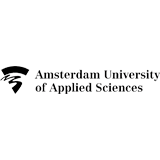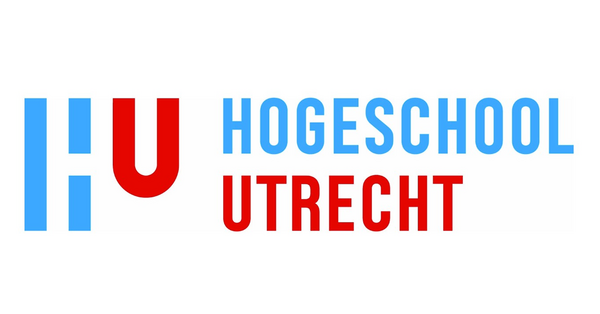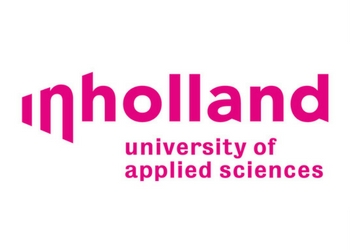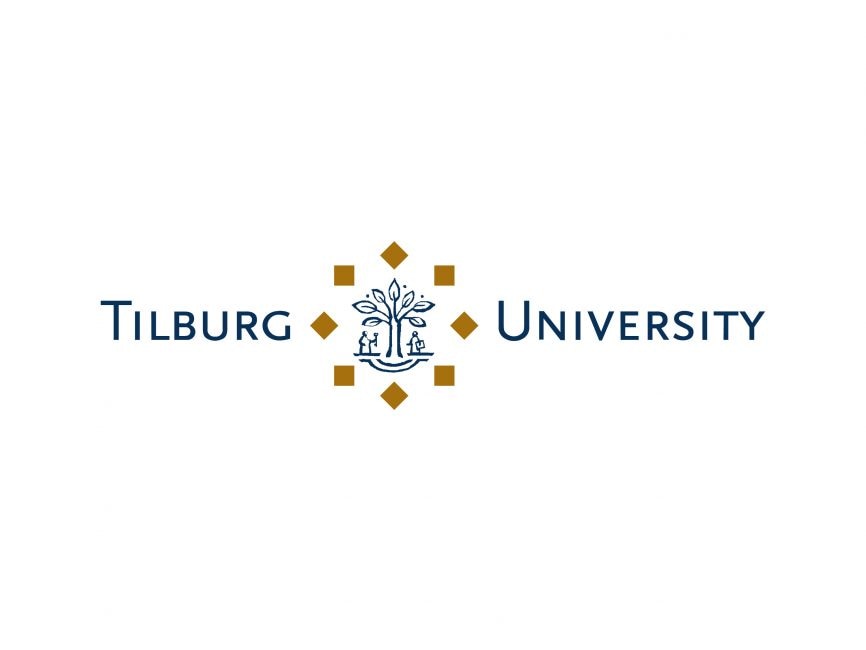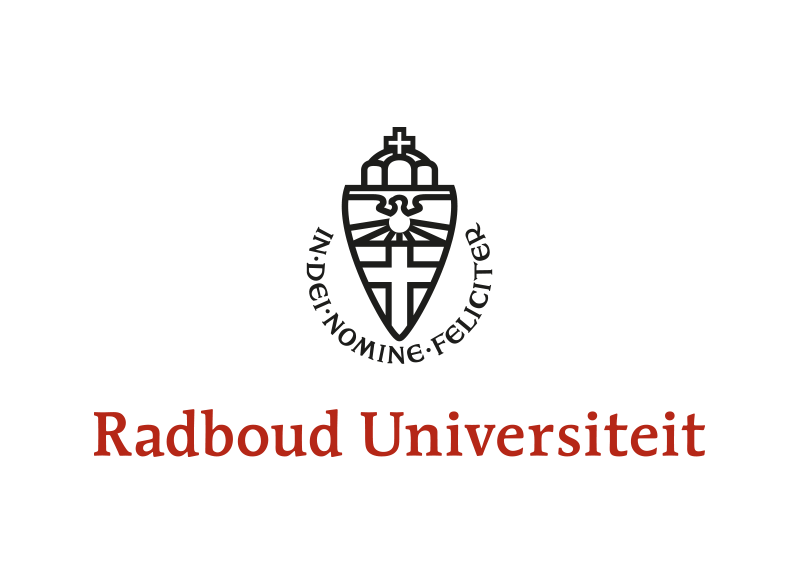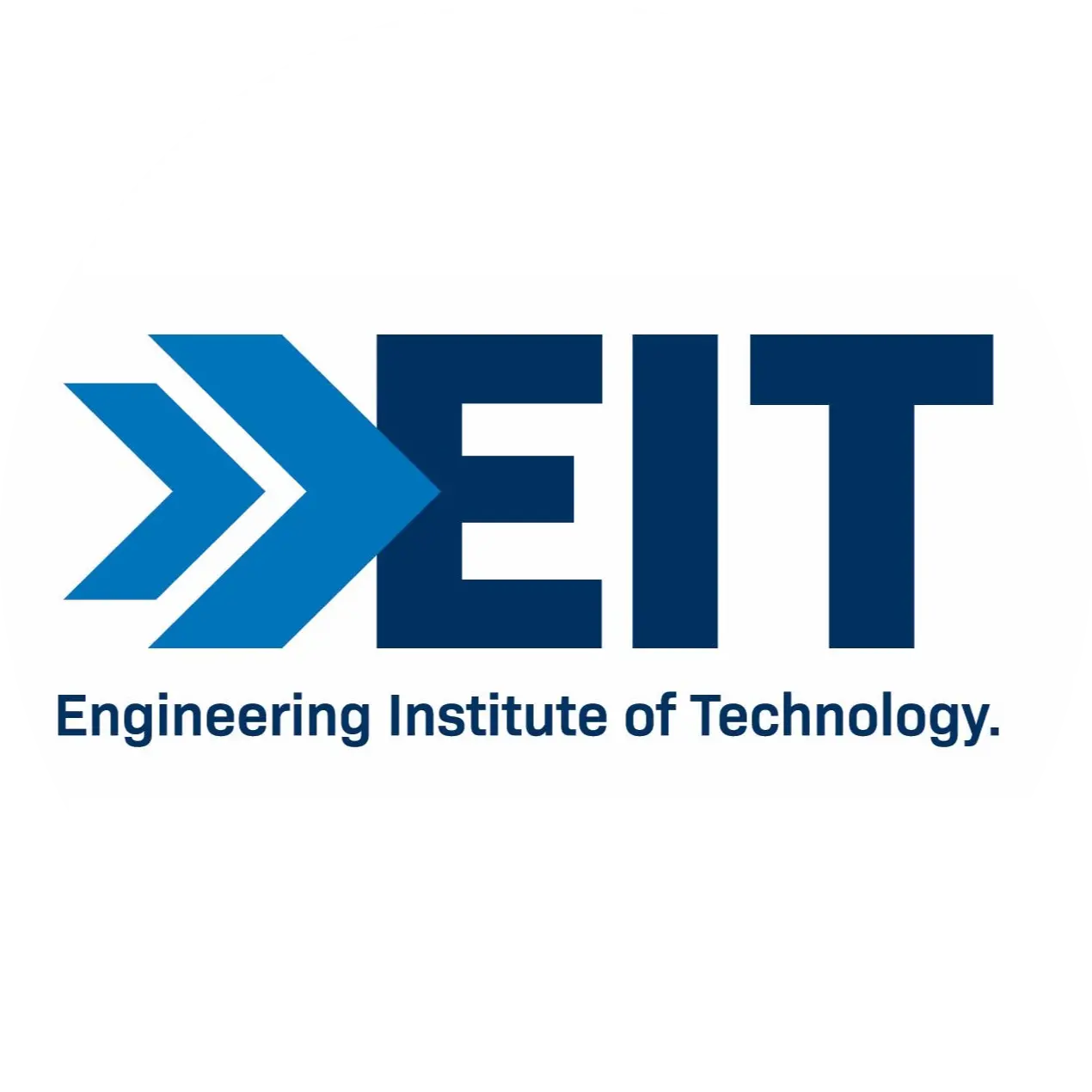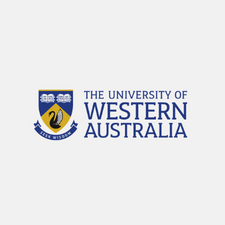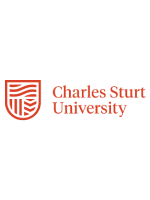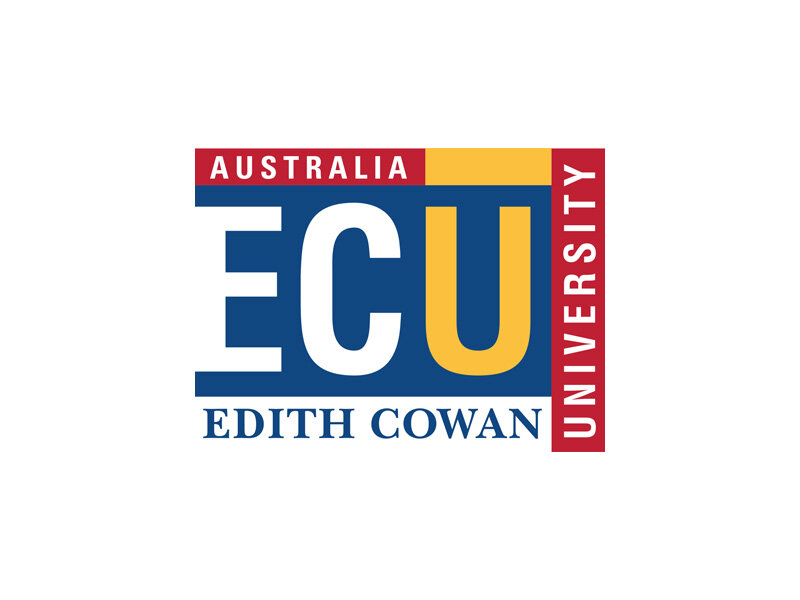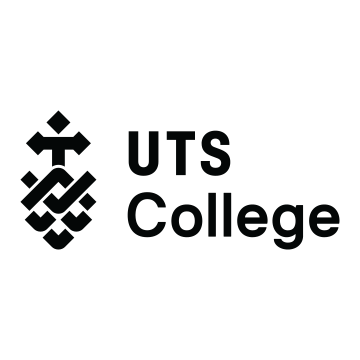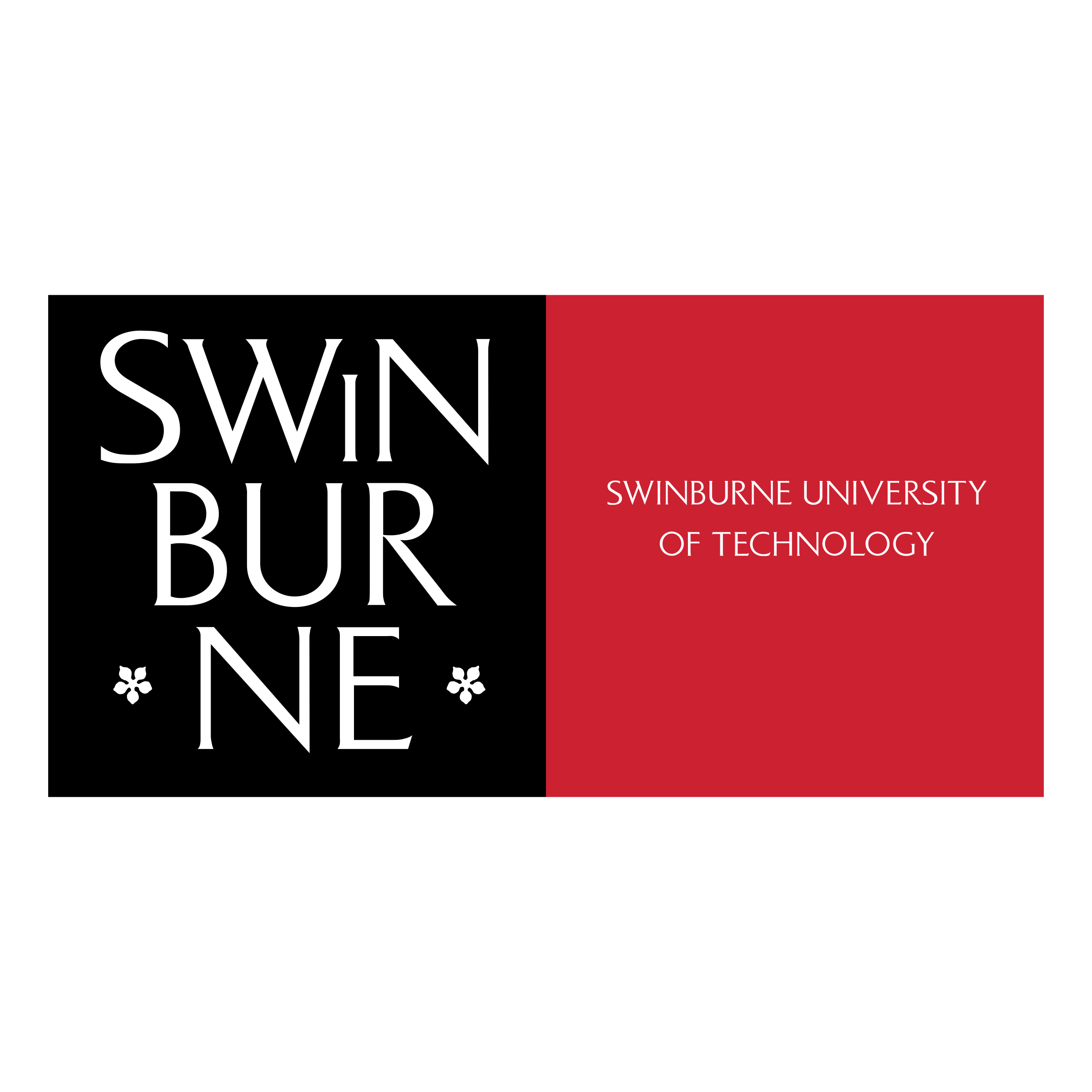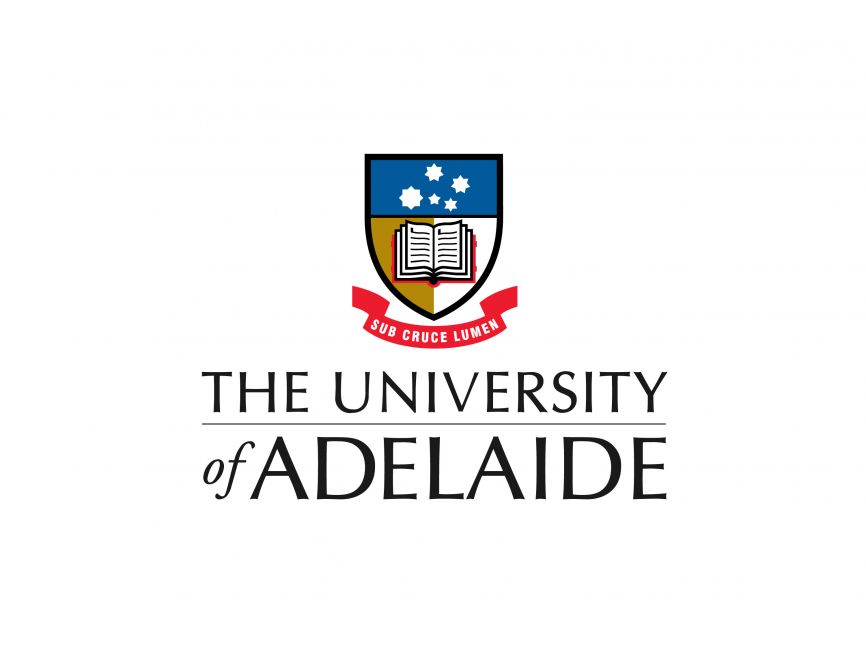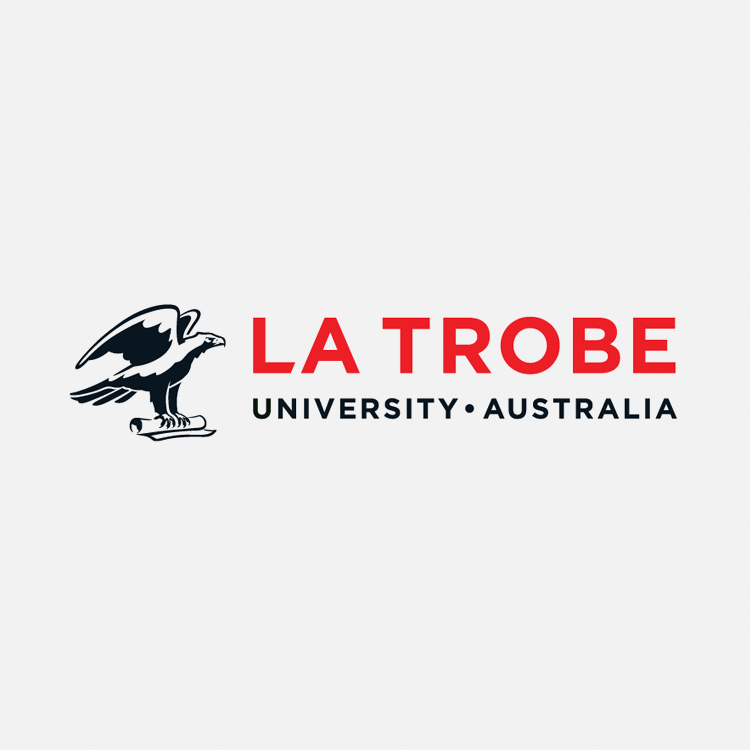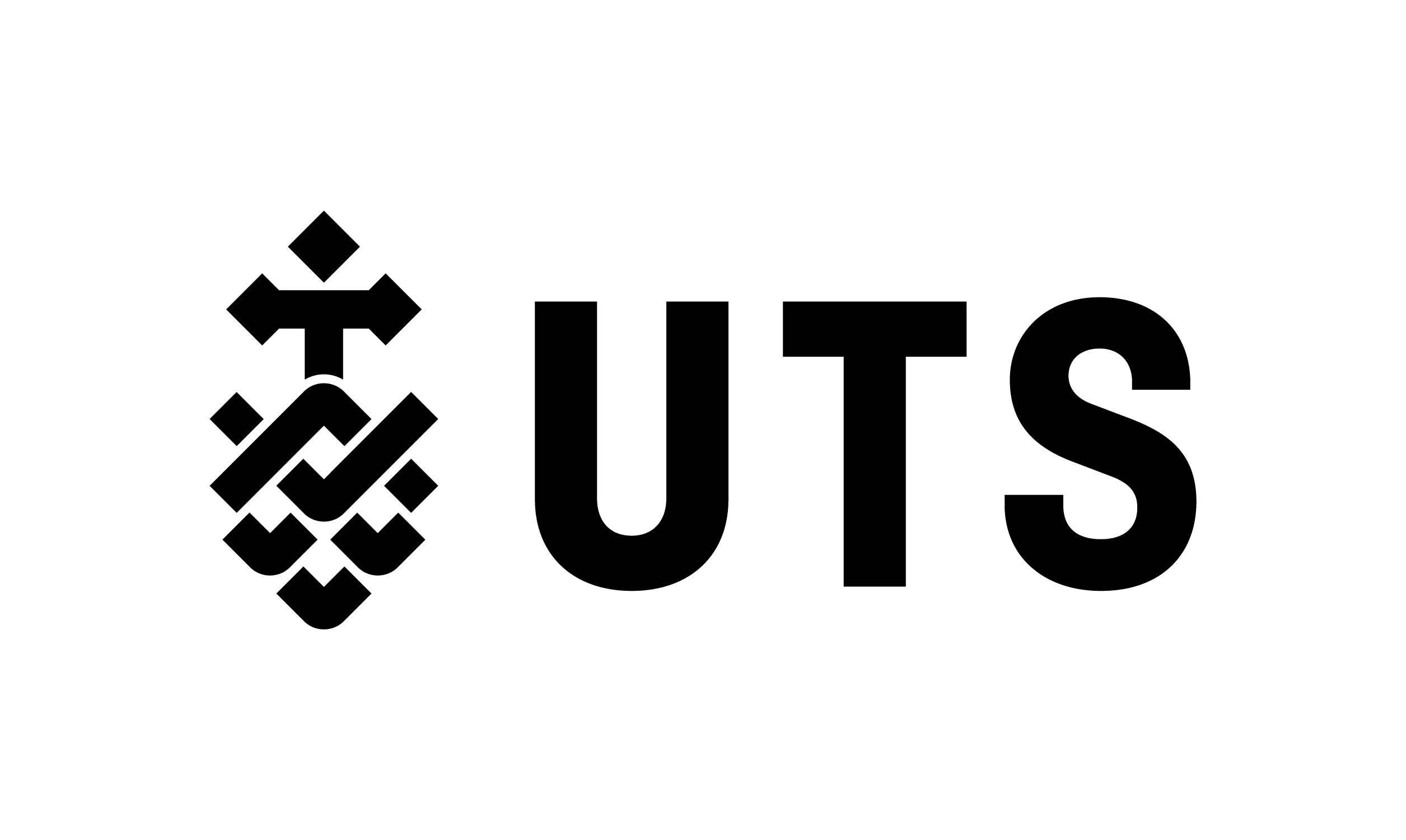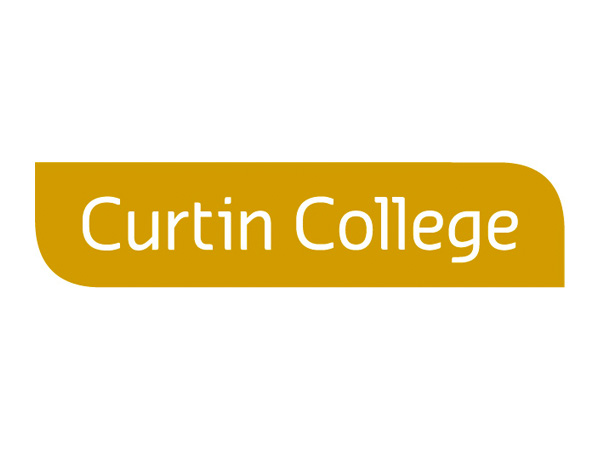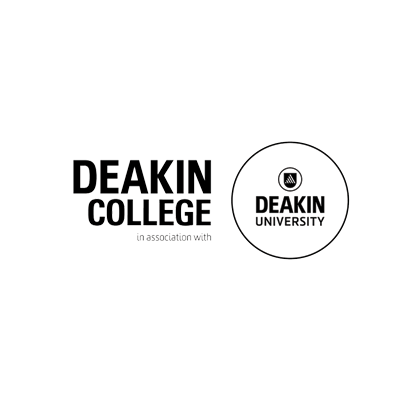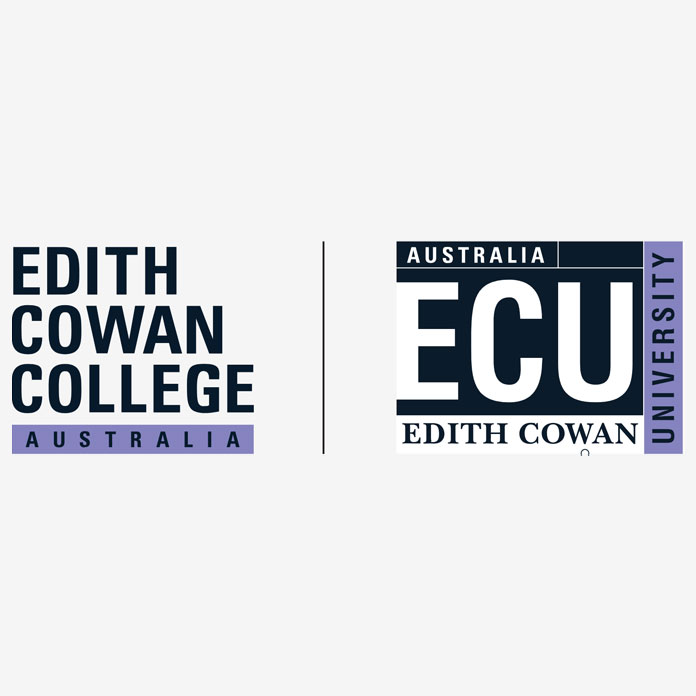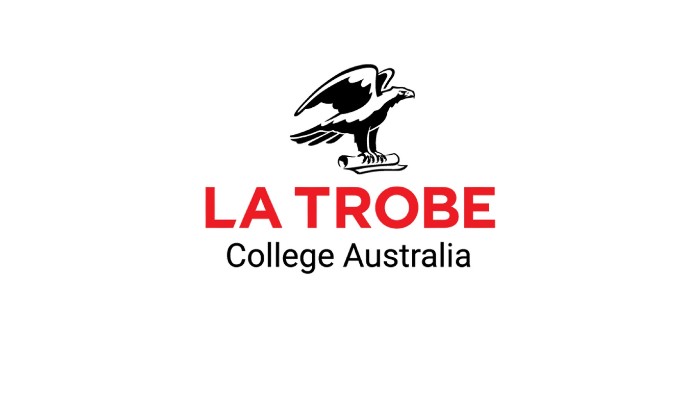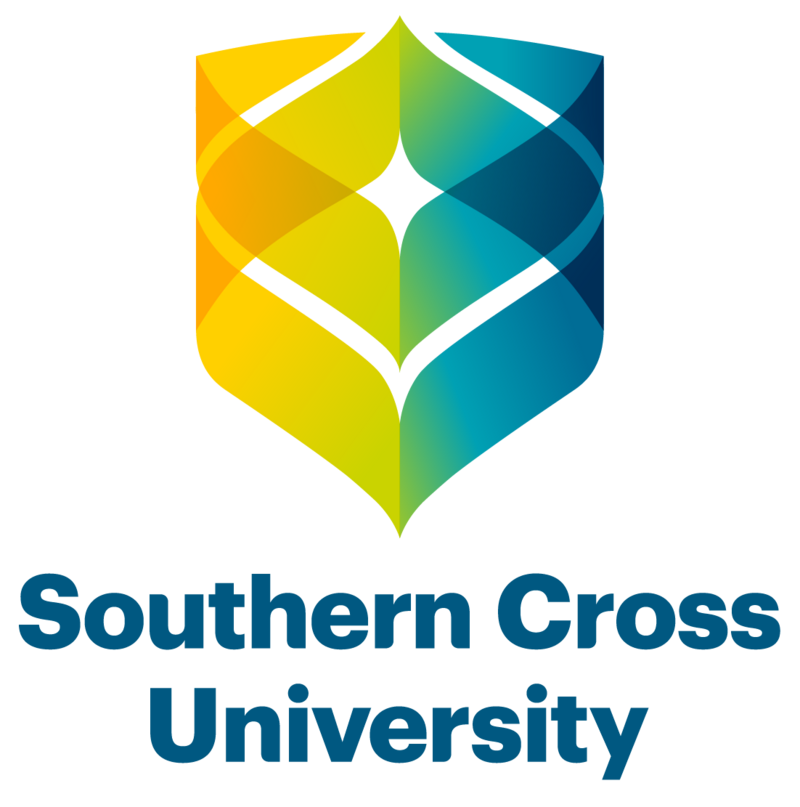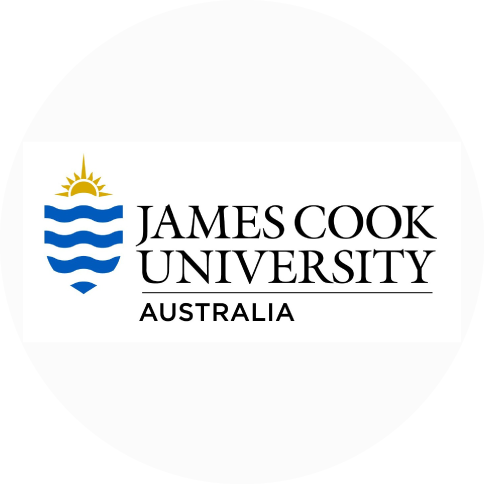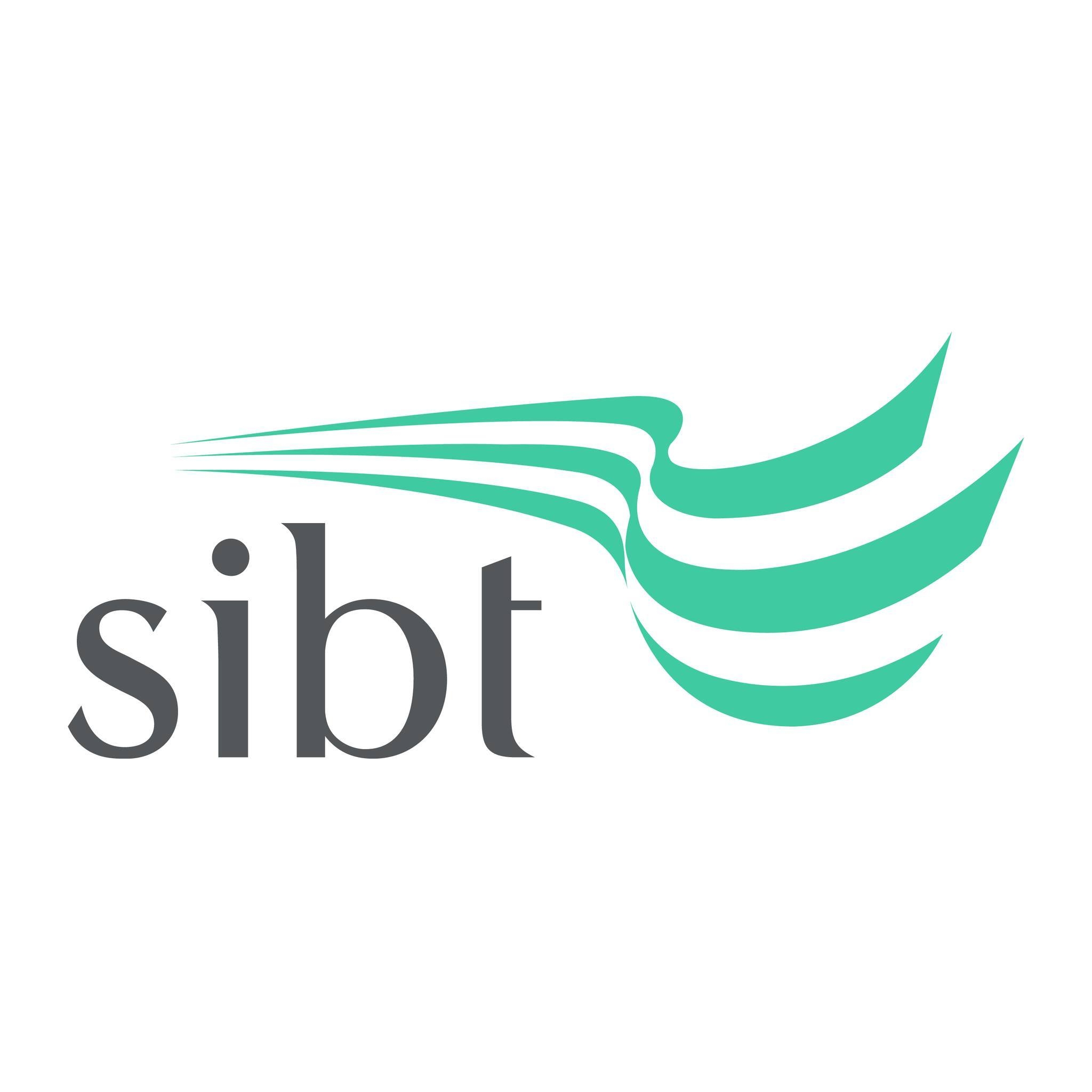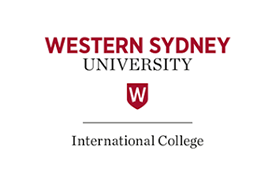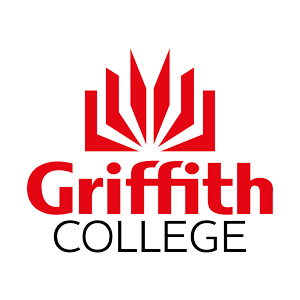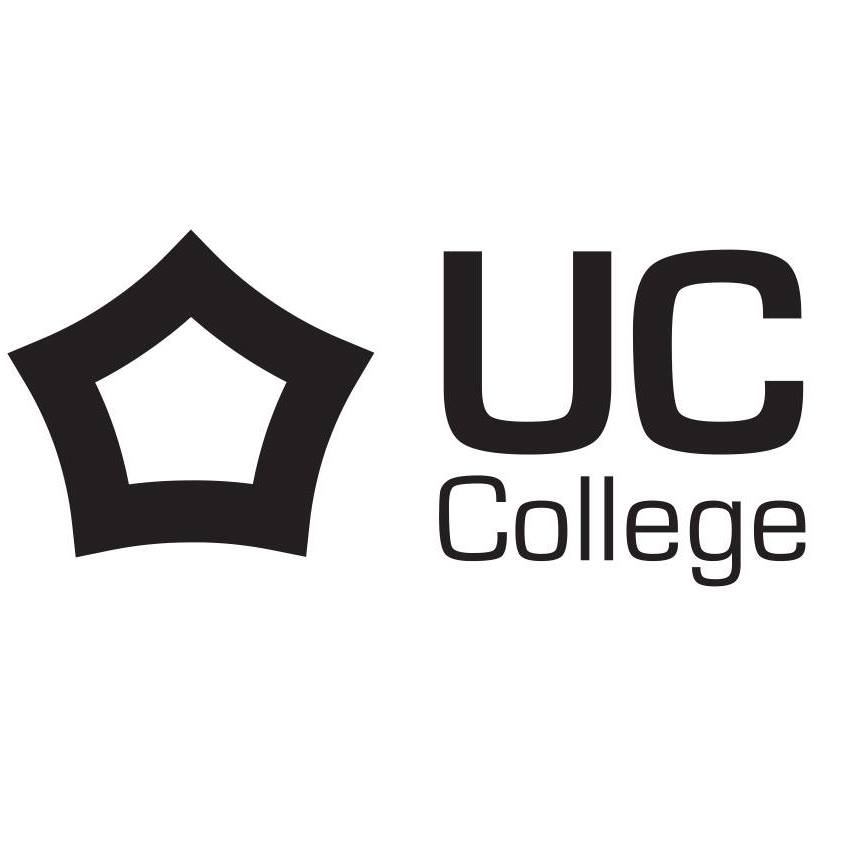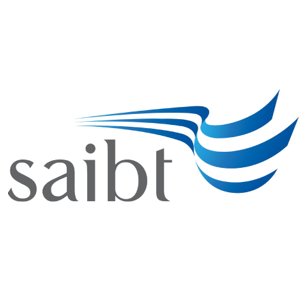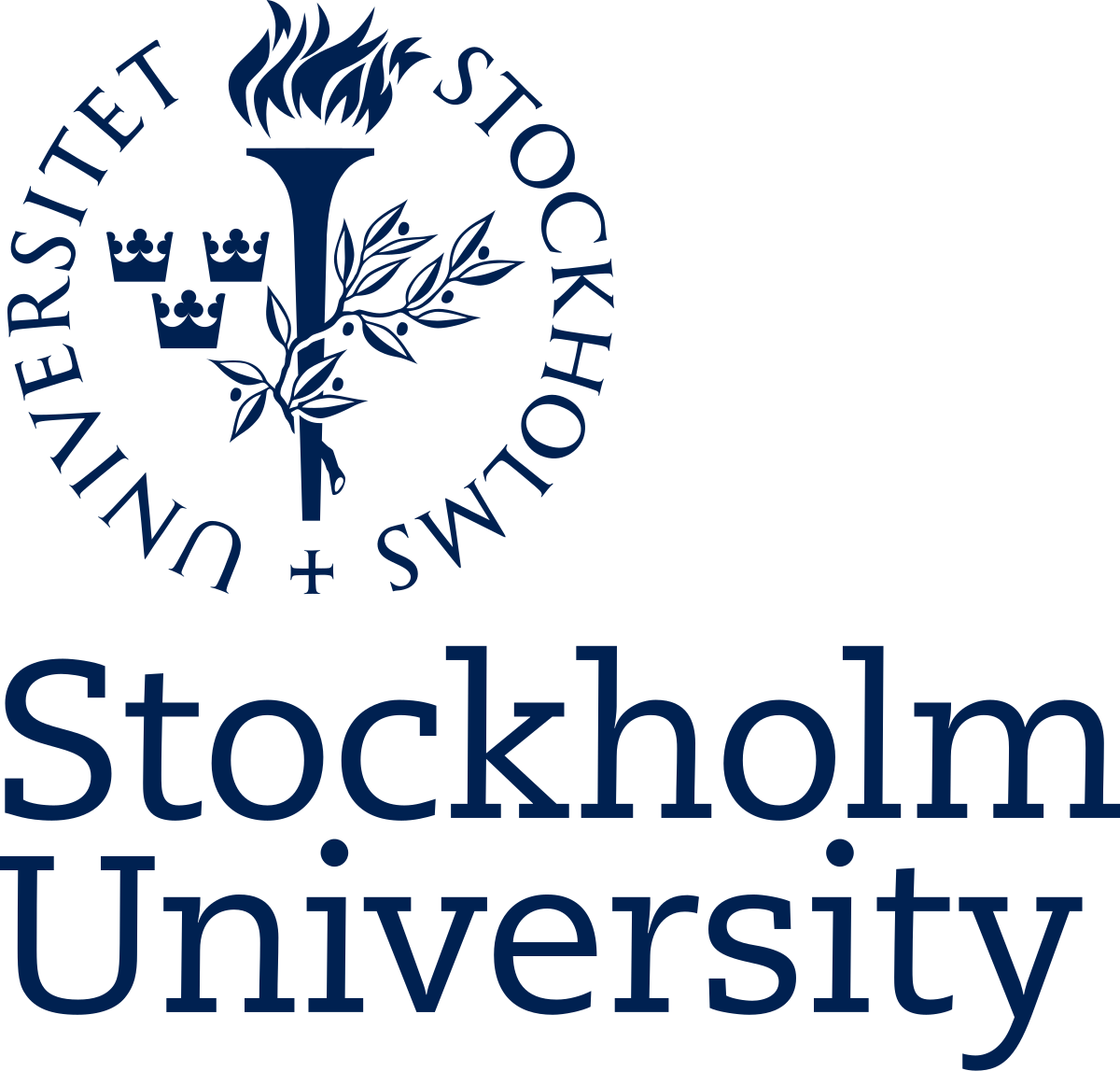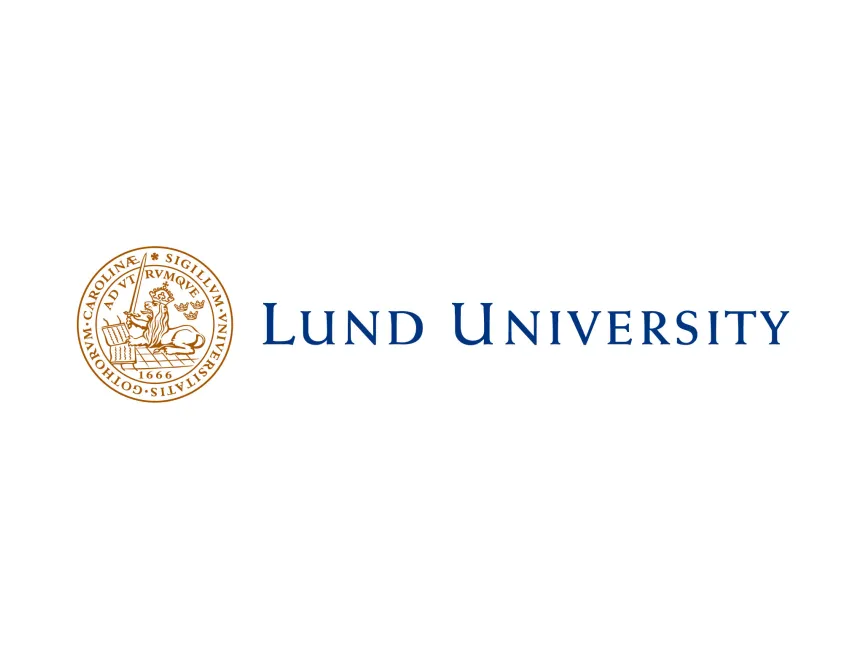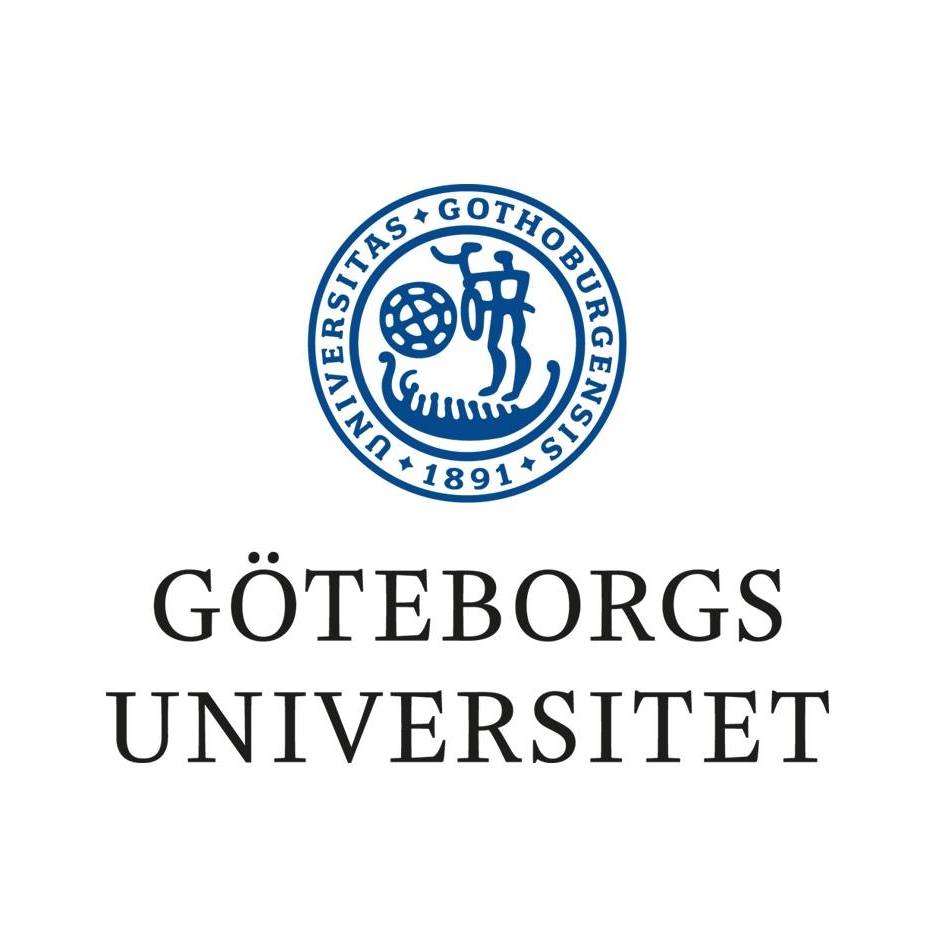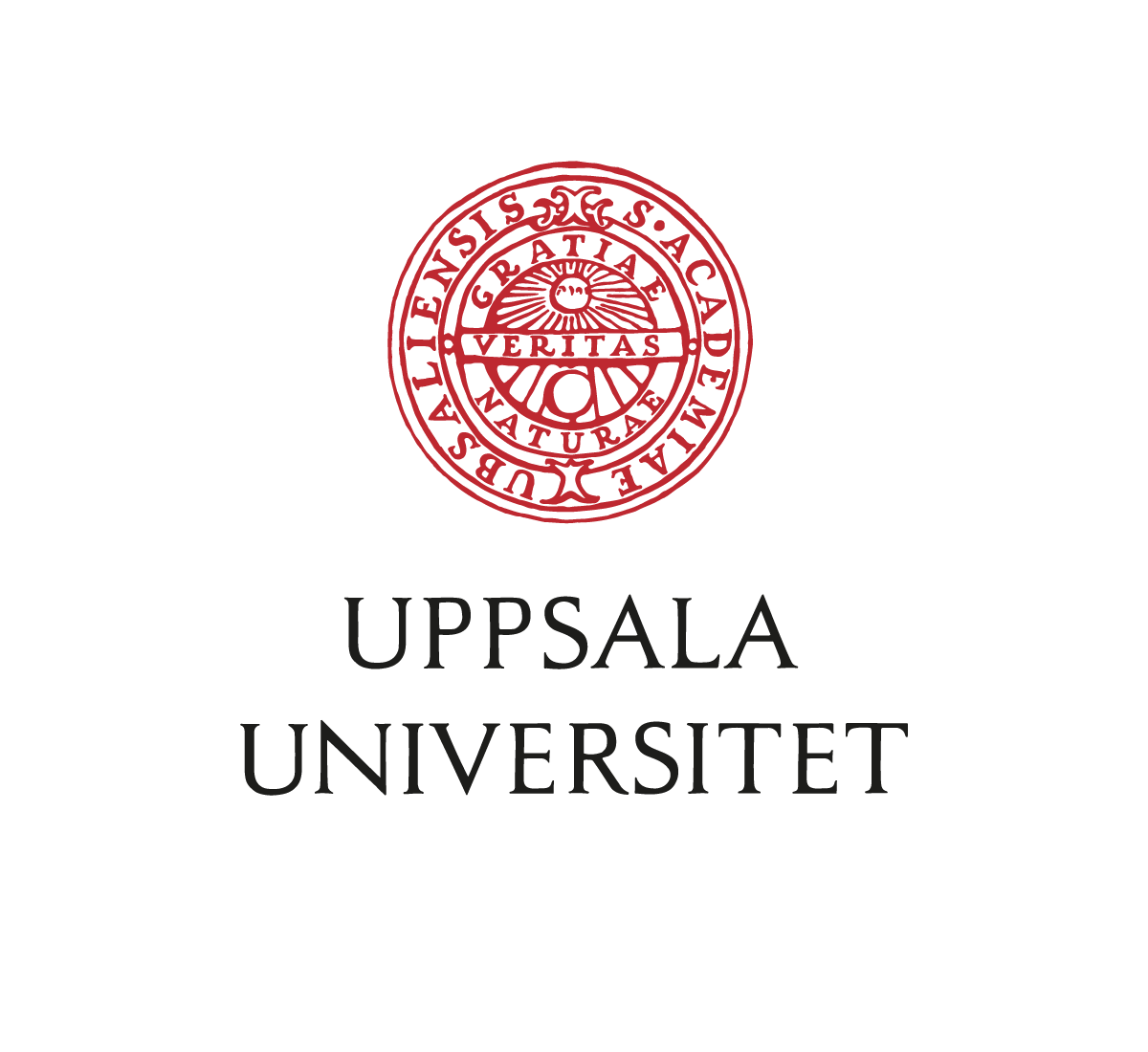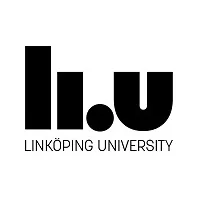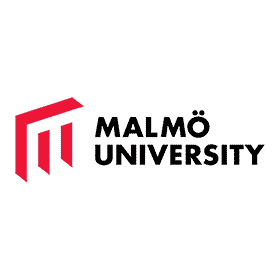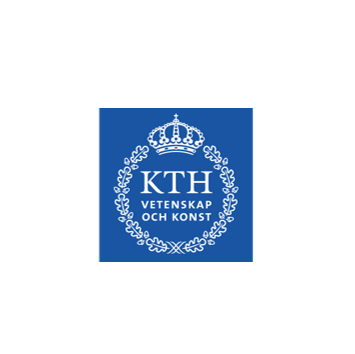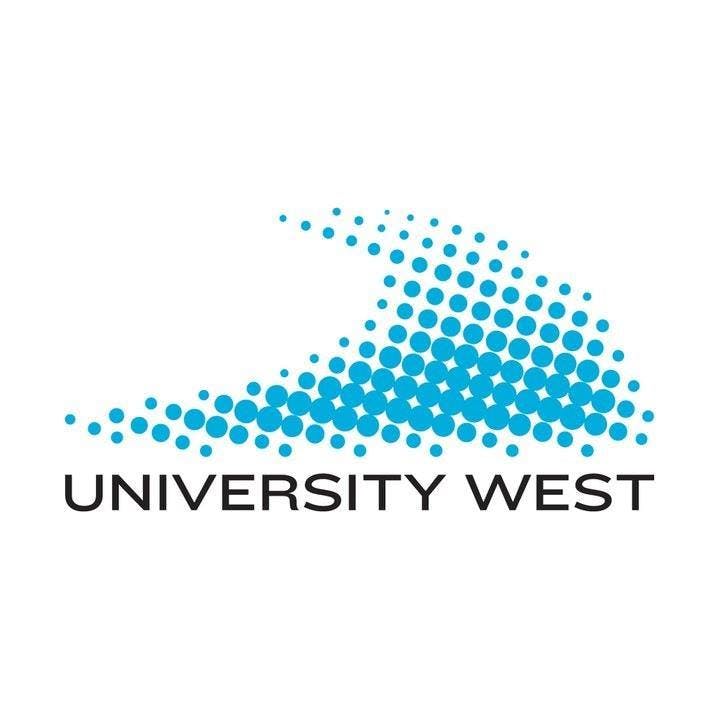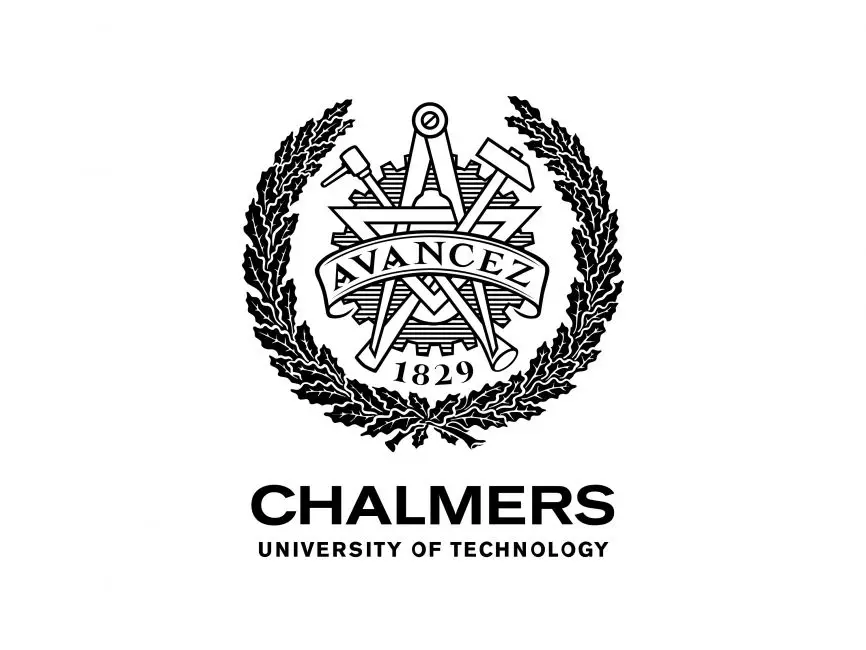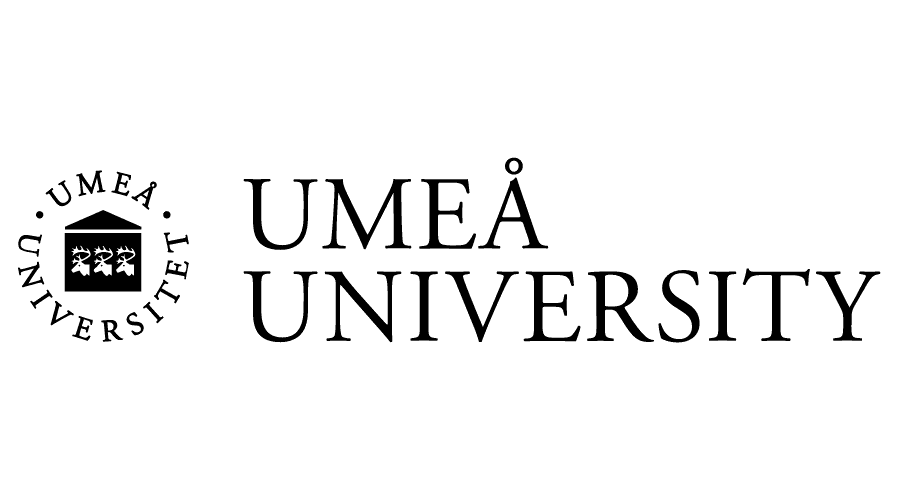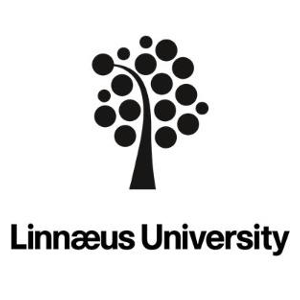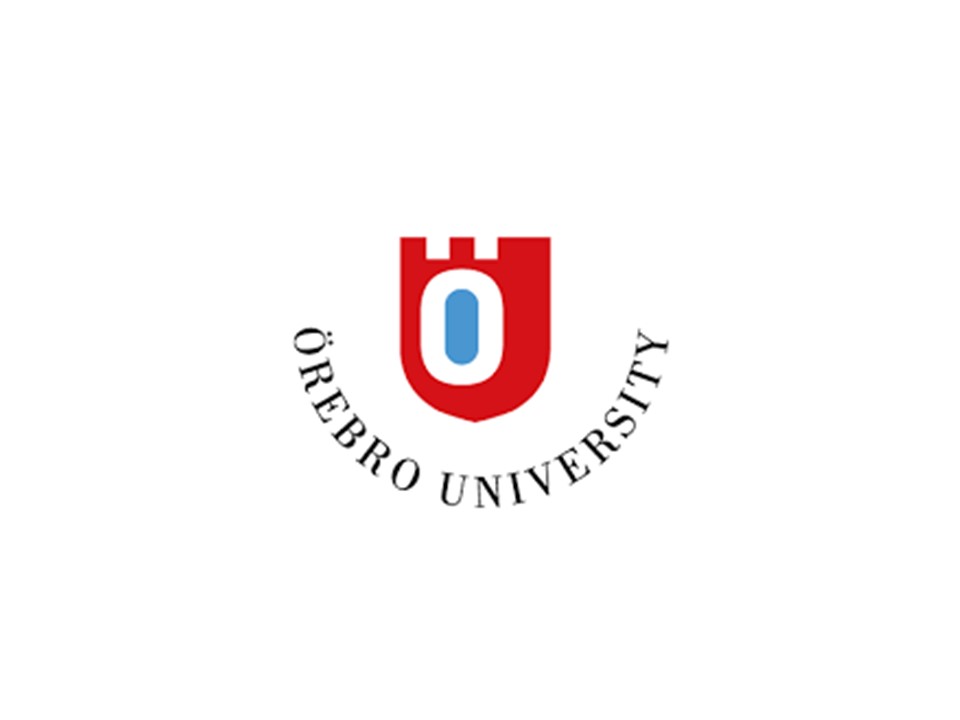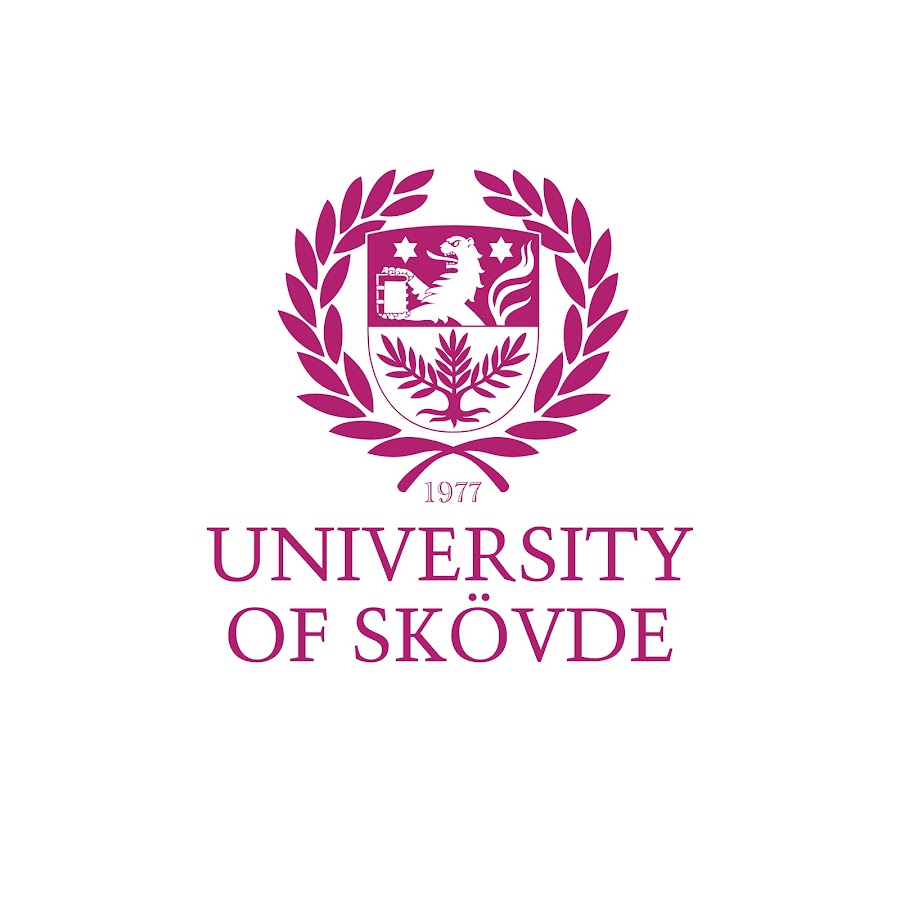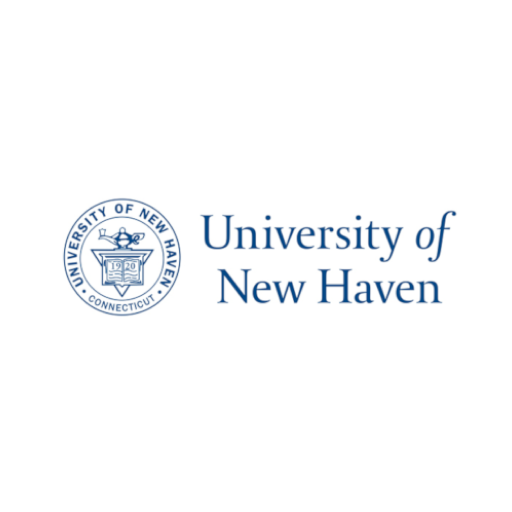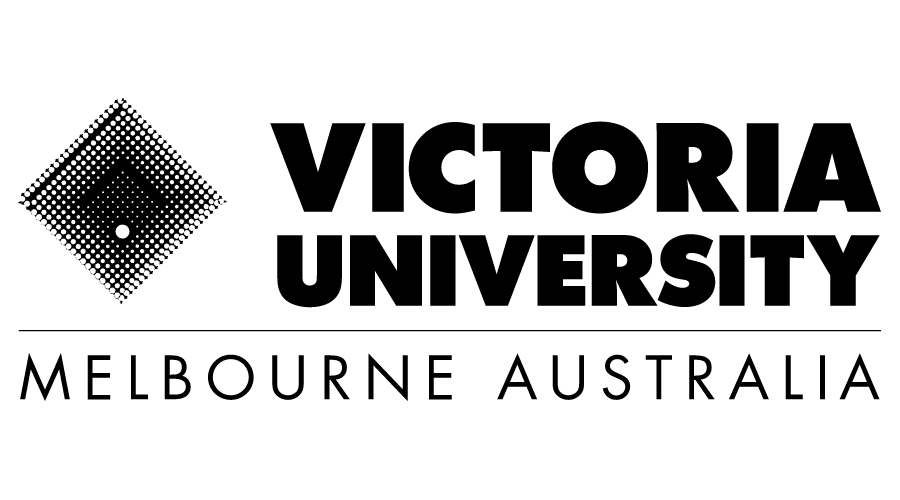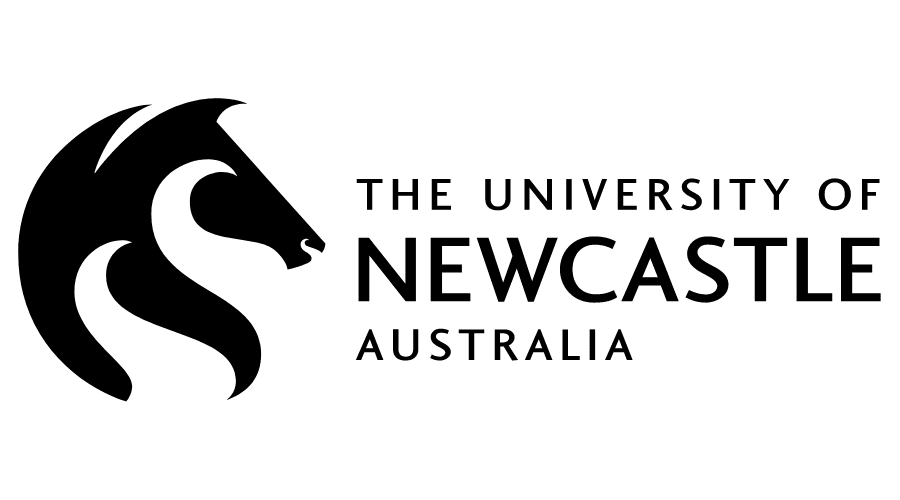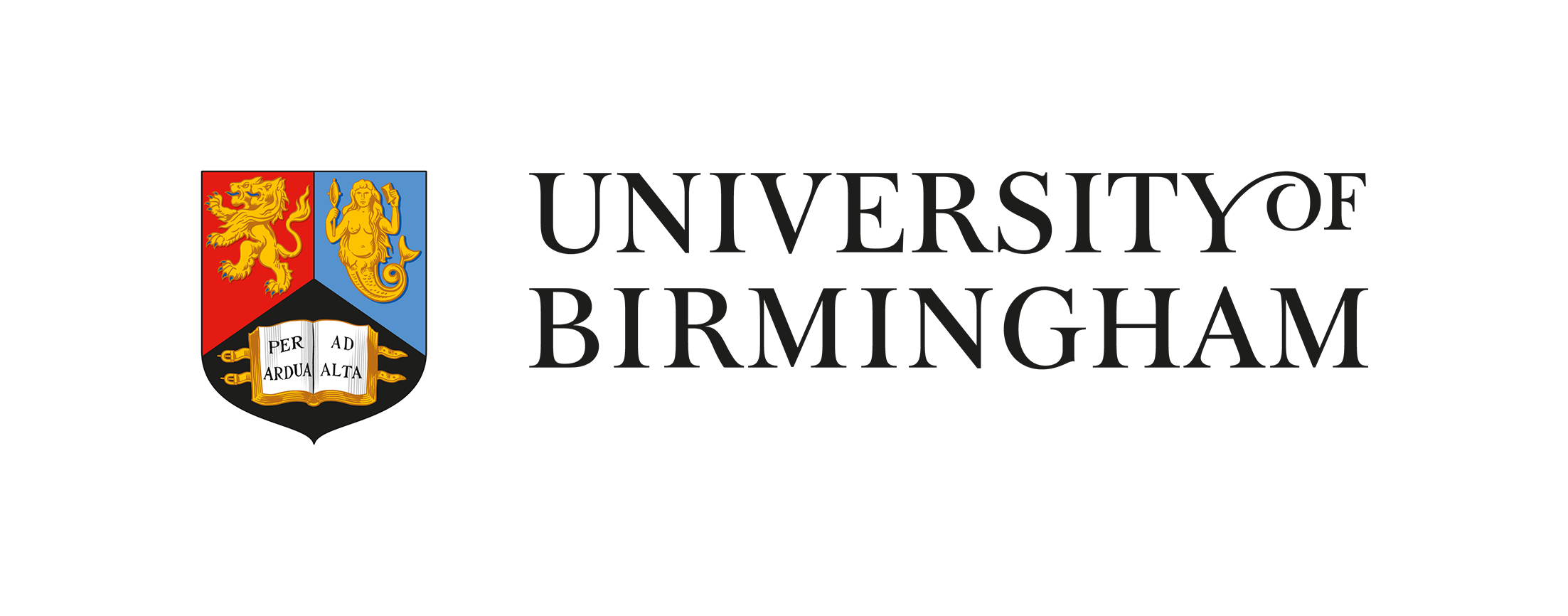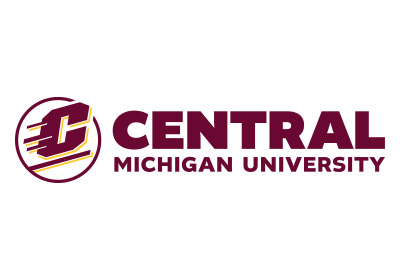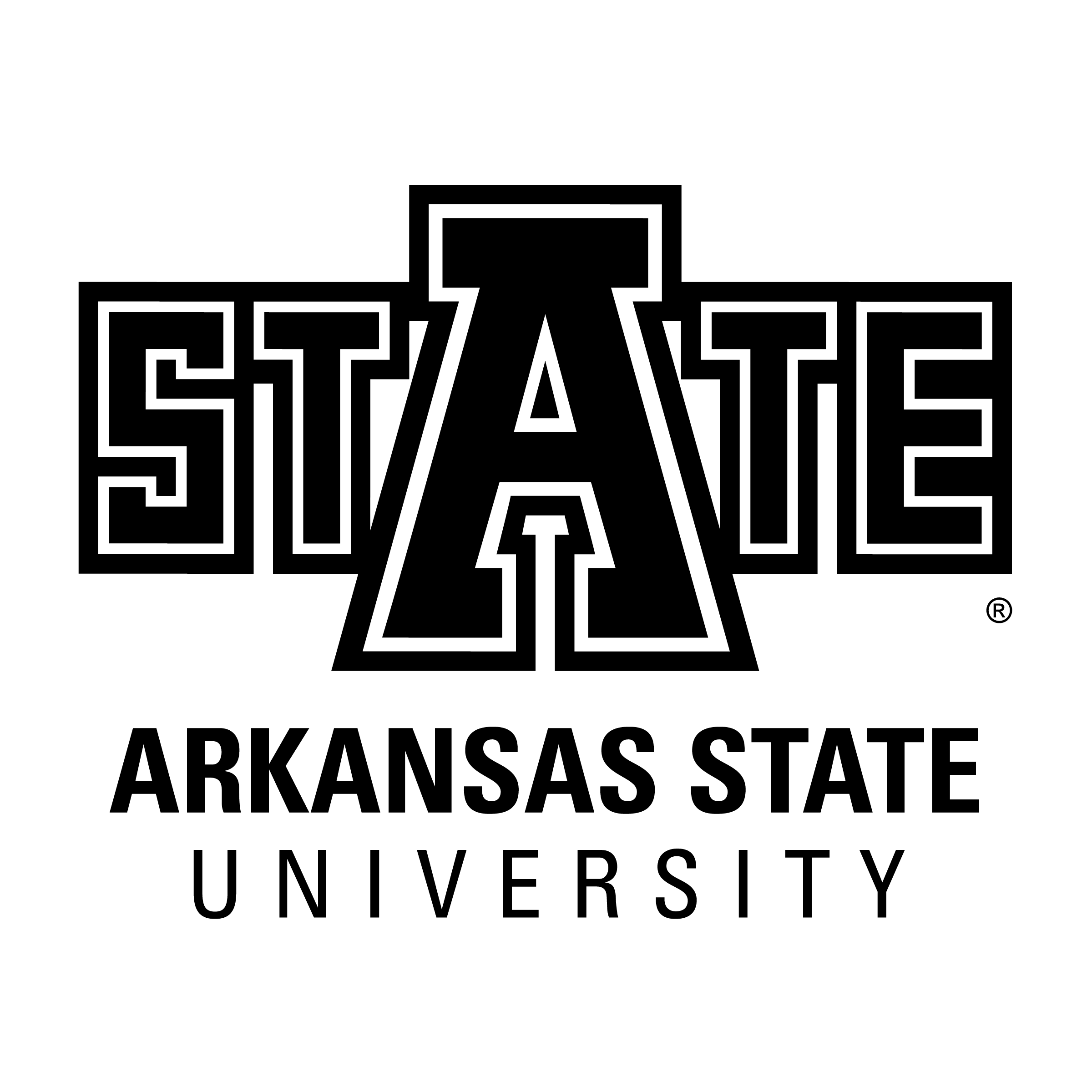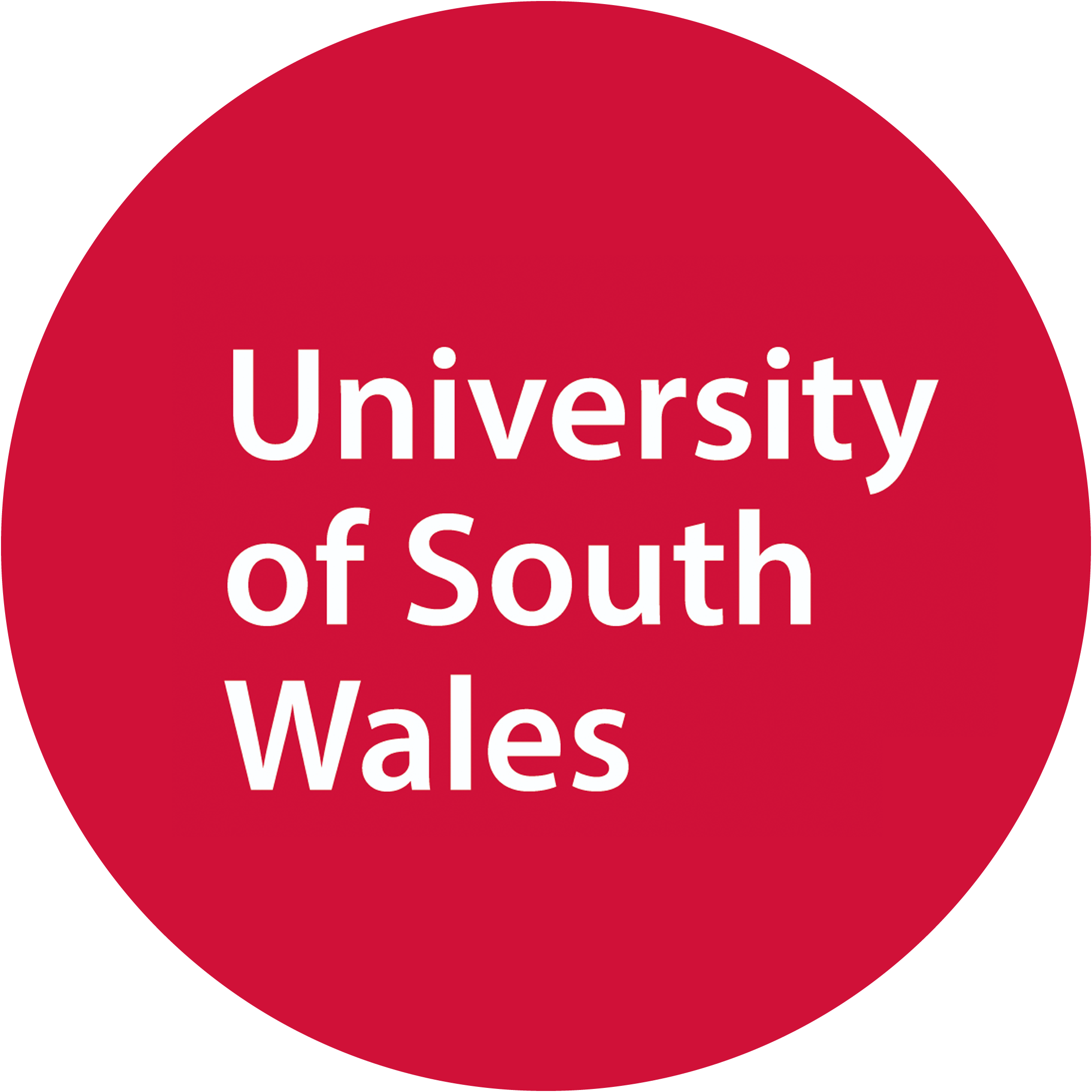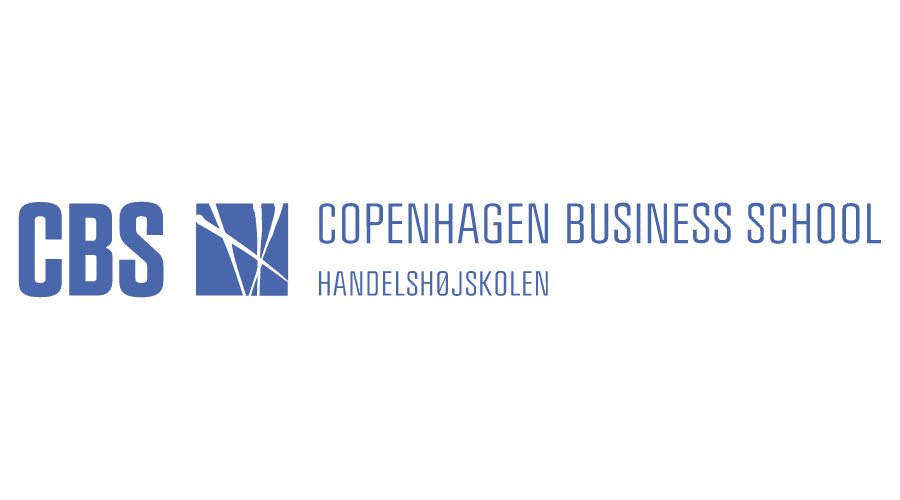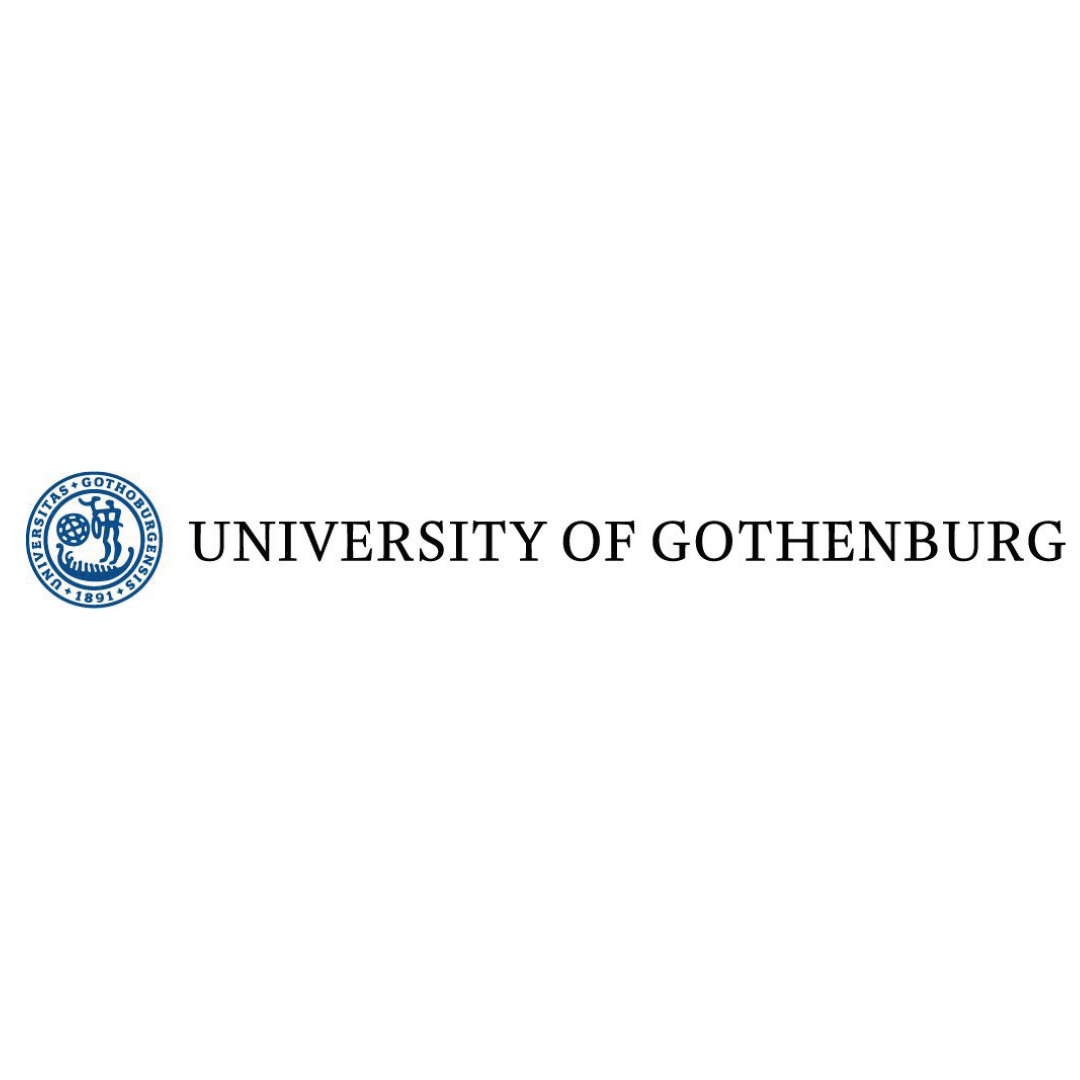Aalborg University (AAU), established in 1974, is a public university in Denmark with campuses in Aalborg, Copenhagen, and Esbjerg. Known for its problem-based learning (PBL) model, AAU emphasizes interdisciplinary collaboration and real-world applications. The university offers a wide range of programs in engineering, natural sciences, social sciences, humanities, and health sciences. AAU is recognized for its research-driven approach, particularly in areas like energy, IT, and sustainability. Its strong industry partnerships provide students with practical experience and networking opportunities. Aalborg University ranks well globally, especially for engineering, and fosters an innovative and international learning environment.
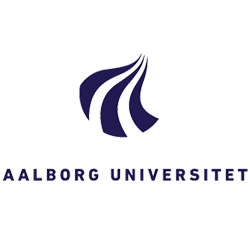
Aalborg University (AAU)
Aalborg, Denmark
Selma Lagerlöfs Vej 300, 9220 Aalborg, Denmark
Course Details
The Advanced Power Electronics program delves into the intricacies of power electronics, electrical machines, and their associated control engineering. Emphasizing a comprehensive understanding of optimization and reliability, this course provides an analytical, numerical, and experimental approach to integrating renewable energy systems across various application sectors.Additionally, the program offers a specialization in AI and Autonomous Systems (AIAS). This focus entails advanced control techniques for autonomous systems, utilizing deep learning methodologies to enhance system performance and autonomy. Participants will engage in innovative research environments, exploring cutting-edge technologies and application
| Total Subjects | 8 courses, 3 Project, 1 Master's Thesis |
|---|---|
| Total Credits | 120 ECTS |
| Intake | September |
| English Proficiency Level | IELTS 6.5 |
| Duration | 2 Years |
The Master of Science in Engineering (Architecture) program is designed to cultivate expertise in architectural projects with a foundation in Nordic Architecture. The curriculum emphasizes tectonic design, which integrates structural, functional, and aesthetic parameters, alongside sustainable architecture, which merges design, aesthetics, technical, functional, energy, and comfort considerations into a cohesive design process. This approach aims to develop high-level low-energy architectural solutions. Over the two-year duration of the program, participants will engage with a diverse range of educators, each providing valuable insights and knowledge across these key areas, thus preparing them to lead in the creation of innovative and sustainable architectural designs.
| Total Subjects | 5 Course , 3 Projects, 1 Master's Thesis |
|---|---|
| Total Credits | 120 ECTS |
| Intake | September |
| English Proficiency Level | IELTS 6.5 |
| Duration | 2 Years |
The Master of Science in Bioengineering at Aalborg University Esbjerg provides advanced expertise in Bioenergy, Biotechnology, and Bioprocesses. Participants can specialize in molecular biotechnology, focusing on genetic manipulation in microorganisms to produce pharmaceuticals, food ingredients, and other valuable compounds, or in fermentation processes, which involve engineering biorefinery operations to transition lab innovations into practical applications. The program addresses pressing sustainability issues, aligning with UN goals, and covers topics such as biogas, compound extraction, recombinant DNA technology, and process simulation. Extensive project work with Danish and international companies offers practical experience and valuable professional networking opportunities.
| Total Subjects | 6 Courses, 2 Project, 1 Master thesis |
|---|---|
| Total Credits | 120 ECTS |
| Intake | September |
| English Proficiency Level | IELTS 6.5 |
| Duration | 2 Years |
This program provides a robust foundation and the necessary skills to address challenges related to resources and energy, nutrition and human health, sustainability, and climate issues. Participants will engage in a multidisciplinary approach combining biology, chemistry, and biochemical engineering to tackle industrial production, design bioactive molecules, and engineer metabolic pathways in cells. The curriculum is designed to equip graduates with the expertise to contribute effectively to solving critical global issues through advanced scientific and engineering techniques.
| Total Subjects | 6 Courses, 2 Projects, 1 Master's Thesis |
|---|---|
| Total Credits | 120 ECTS |
| Intake | September |
| English Proficiency Level | IELTS 6.5 |
| Duration | 2 Years |
This program enables participants to blend creative and technical skills with a focus on research and development in chemical and chemical-related production. It emphasizes the consideration of technical, economic, environmental, and workplace issues within both national and international contexts, preparing graduates to address complex challenges in the field.
| Total Subjects | 6 Courses, 2 Project, 1 Master's Thesis Thesis |
|---|---|
| Total Credits | 120 ECTS |
| Intake | September |
| English Proficiency Level | IELTS 6.5 |
| Duration | 2 Years |
This program provides comprehensive knowledge of fundamental chemistry while addressing contemporary issues, modern research, and advanced technology. Participants will engage in the study and application of new materials, separation methods, and synthesis techniques, with practical applications in medical engineering, the building industry, and the food sector.
| Total Subjects | 6 Courses, 2 Projects, 1 Master's Thesis |
|---|---|
| Total Credits | 120 ECTS |
| Intake | September |
| English Proficiency Level | IELTS 6.5 |
| Duration | 2 Years |
The Master of Science in Computer Engineering at Aalborg University integrates Communication Technology and Vision, Graphics, and Interactive Systems into a comprehensive program aimed at graduates in computer engineering and related fields. It equips participants with advanced skills in communication systems and intelligent algorithms, offering two specialization tracks: AI, Vision, and Sound, which focuses on AI-driven image and sound processing for applications such as smart devices and healthcare solutions; and Networks and Distributed Systems, which emphasizes the design, implementation, and security of communication networks and distributed systems for IoT, mobile systems, and smart grids. Participants benefit from access to cutting-edge equipment and specialized labs, preparing them to drive technological advancements in these critical areas.
| Total Subjects | 5 Course, 2 Project, 1 Master's Thesis |
|---|---|
| Total Credits | 120 ECTS |
| Intake | September |
| English Proficiency Level | IELTS 6.5 |
| Duration | 2 Years |
The Master’s program in Computer Science (IT) at Aalborg University is designed for individuals interested in programming, programming languages, software engineering, machine intelligence, data management, and embedded systems. This program offers the opportunity to deepen expertise in these areas, equipping participants with advanced skills and knowledge essential for tackling complex challenges in the field of computer science. Through a comprehensive curriculum, students will explore cutting-edge techniques and applications, preparing them to excel in diverse and evolving technological environments.
| Total Subjects | 7 Courses, 3 Projects, 1 Master Thesis |
|---|---|
| Total Credits | 120 ECTS |
| Intake | September |
| English Proficiency Level | IELTS 6.5 |
| Duration | 2 Years |
This program examines the interplay between culture and communication within a globalized context. It emphasizes key areas such as consumption and market communication, organization and leadership, and international politics, migration, and movements. Participants will explore how cultural dynamics influence and shape communication practices and organizational strategies on a global scale, preparing them to address complex issues in a rapidly changing world.
| Total Subjects | 14 Courses, 1 Internship, 1 Master's Thesis |
|---|---|
| Total Credits | 120 ECTS |
| Intake | September |
| English Proficiency Level | IELTS 6.5 |
| Duration | 2 Years |
This program equips participants with the skills necessary to address the growing challenges of cyber-attacks faced by companies and institutions. The curriculum covers critical areas such as network security, software protection, and privacy, providing a comprehensive foundation to effectively safeguard digital assets and maintain robust security protocols.
| Total Subjects | 10 Courses, 3 Project, 1 Thesis |
|---|---|
| Total Credits | 120 ECTS |
| Intake | September |
| English Proficiency Level | IELTS 6.5 |
| Duration | 2 Years |
This program offers an in-depth exploration of theories and methods in specialized areas of business administration, providing participants with a comprehensive understanding and advanced insights into key business concepts and practices.
| Total Subjects | |
|---|---|
| Total Credits | 120 ECTS |
| Intake | September |
| English Proficiency Level | IELTS 6.5 |
| Duration | 2 Years |
This program focuses on stochastic systems and signals, methods for data acquisition and measurement, and provides hands-on experience in modeling and optimization of complex systems. Participants will engage with advanced techniques in machine learning and signal processing, equipping them with the skills to tackle intricate problems in these fields.
| Total Subjects | 7 courses, 3 Project, 1 Thesis |
|---|---|
| Total Credits | 120 ECTS |
| Intake | September |
| English Proficiency Level | IELTS 6.5 |
| Duration | 2 Years |
This program provides comprehensive knowledge in energy systems across thermal, electrical, and mechatronic fields. Participants will explore novel energy technologies and focus on optimizing existing apparatus and systems to enhance energy efficiency and reduce consumption.
| Total Subjects | |
|---|---|
| Total Credits | 120 ECTS |
| Intake | September |
| English Proficiency Level | IELTS 6.5 |
| Duration | 2 Years |
This program covers the development, creation, and management of both new and established businesses. Participants will gain insight into methods, processes, and organizational and management principles related to innovation and entrepreneurship, equipping them with the skills to drive business growth and foster entrepreneurial success.
| Total Subjects | |
|---|---|
| Total Credits | 120 ECTS |
| Intake | September |
| English Proficiency Level | IELTS 6.5 |
| Duration | 2 Years |
The Geography program prepares participants to analyze environmental issues within both public and private organizations. Graduates will be equipped to engage in and lead efforts at all organizational levels related to the utilization, protection, and planning of natural resources in a global context.
| Total Subjects | 1 Project, 1 Internship, 1 Thesis |
|---|---|
| Total Credits | 120 ECTS |
| Intake | September |
| English Proficiency Level | IELTS 6.5 |
| Duration | 2 Years |
The program focuses on the design of buildings to achieve an optimal indoor environment. Emphasis is placed on managing energy use concerning factors such as temperature, humidity, sound, and light, ensuring a comfortable and efficient living or working space.
| Total Subjects | |
|---|---|
| Total Credits | 120 ECTS |
| Intake | September |
| English Proficiency Level | IELTS 6.5 |
| Duration | 2 Years |
The program emphasizes the creation of an integrated process encompassing concept design, construction, and product development, with a strong focus on user involvement. Participants will learn to incorporate user feedback and needs throughout each stage to ensure that the final outcomes are both innovative and user-centric.
| Total Subjects | 8 Courses, 3 Project, 1 Thesis |
|---|---|
| Total Credits | 120 ECTS |
| Intake | September |
| English Proficiency Level | IELTS 6.5 |
| Duration | 2 Years |
In the Master’s programme in Information Studies you will learn about the design, development, and evaluation of IT systems with a particular emphasis on the relations and interactions between people and IT systems using a data-driven approach to study and inform decisions.
| Total Subjects | |
|---|---|
| Total Credits | 120 ECTS |
| Intake | September |
| English Proficiency Level | IELTS 6.5 |
| Duration | 2 Years |
The education program integrates technical knowledge of IT, data, and communication technologies with creativity and market understanding. Participants will develop a comprehensive skill set that combines technical expertise with innovative thinking and market insights, preparing them to address complex challenges and drive advancements in technology and business.
| Total Subjects | 11 Courses, 3 Project, 1 Thesis |
|---|---|
| Total Credits | 120 ECTS |
| Intake | September |
| English Proficiency Level | IELTS 6.5 |
| Duration | 2 Years |
This program is designed for individuals aiming to develop electronics and software, and to create advanced systems and products. It covers essential topics such as process control, reliability requirements, fault detection, and diagnosis within dynamic software and hardware systems. Participants will gain the expertise needed to address complex challenges in system design and implementation.
| Total Subjects | |
|---|---|
| Total Credits | 120 ECTS |
| Intake | September |
| English Proficiency Level | IELTS 6.5 |
| Duration | 2 Years |
The Master's program in International Relations offers an interdisciplinary approach to understanding the role of international relations in contemporary society. From a social science perspective, the program emphasizes sustainability, as well as global and regional management. Participants will explore the complexities of international interactions and their impact on global and regional issues, equipping them with a comprehensive understanding of the dynamics shaping our world.
| Total Subjects | Projects and Thesis |
|---|---|
| Total Credits | 120 ECTS |
| Intake | September |
| English Proficiency Level | IELTS 6.5 |
| Duration | 2 Years |
This interdisciplinary and international program explores the integration of daylight and artificial light at the intersection of architecture, media technology, and engineering. Participants will engage in a comprehensive study that combines elements from these three scientific fields to address complex lighting challenges and innovations.
| Total Subjects | 9 Courses, 1 Internship, 1 Thesis |
|---|---|
| Total Credits | 120 ECTS |
| Intake | September |
| English Proficiency Level | IELTS 6.5 |
| Duration | 2 Years |
This program is designed for individuals interested in managing systems, value chains, and supply chains. It focuses on data analytics, configuration, and utilization of information systems, alongside advanced technologies and management theory. The curriculum aims to enhance organizational effectiveness and efficiency across service, healthcare, and manufacturing industries.
| Total Subjects | 6 Courses, 3 Projects, 1 Thesis |
|---|---|
| Total Credits | 120 ECTS |
| Intake | September |
| English Proficiency Level | IELTS 6.5 |
| Duration | 2 Years |
This program focuses on designing, developing, and realizing new products and production systems. Participants can choose from three specializations: Design of Mechanical Systems, Electro-Mechanical System Design, and Manufacturing Technology. Each specialization offers tailored expertise to address specific challenges and innovations in product and production system development.
| Total Subjects | 6 Courses, 3 Projects, 1 Thesis |
|---|---|
| Total Credits | 120 ECTS |
| Intake | September |
| English Proficiency Level | IELTS 6.5 |
| Duration | 2 Years |
The Medialogy program is designed for those seeking to address human challenges through technology. Participants will explore the science and technologies behind interactive digital systems, including apps, Virtual Reality, computer games, the Internet of Things, and physical interfaces. The program emphasizes the design of technological solutions, often in collaboration with industry partners, and focuses on enhancing user experience through practical application and innovation.
| Total Subjects | 7 Courses, 3 Projects, 1 Thesis |
|---|---|
| Total Credits | 120 ECTS |
| Intake | September |
| English Proficiency Level | IELTS 6.5 |
| Duration | 2 Years |
The Medialogy program is designed for those seeking to address human challenges through technology. Participants will explore the science and technologies behind interactive digital systems, including apps, Virtual Reality, computer games, the Internet of Things, and physical interfaces. The program emphasizes the design of technological solutions, often in collaboration with industry partners, and focuses on enhancing user experience through practical application and innovation.
| Total Subjects | 7 Courses, 3 project, 1 Thesis |
|---|---|
| Total Credits | 120 ECTS |
| Intake | September |
| English Proficiency Level | IELTS 6.5 |
| Duration | 2 Years |
This program offers a specialized focus on industrial and research applications within the medical field. It includes three specializations: Biomedicine, Translational Medicine, and Medical Market Access. Participants will have the opportunity to engage in areas such as stem cell research and tissue reconstruction, clinical and pre-clinical drug testing, and the interface between marketing and health economics, among other advanced topics.
| Total Subjects | 6 Courses, 3 Projects, 1 Thesis |
|---|---|
| Total Credits | 120 ECTS |
| Intake | September |
| English Proficiency Level | IELTS 6.5 |
| Duration | 2 Years |
This program offers two specializations: Nanobiotechnology or Nanomaterials and Nanophysics. Both specializations integrate engineering with applied physics, chemistry, biochemistry, biotechnology, and mathematics. Participants will engage in creating new materials with enhanced properties, improving existing products, and developing innovative solutions using nanotechnology.
| Total Subjects | 8 Courses, 3 Projects, 1 Thesis |
|---|---|
| Total Credits | 120 ECTS |
| Intake | September |
| English Proficiency Level | IELTS 6.5 |
| Duration | 2 Years |
This program provides comprehensive knowledge in basic probability theory, data collection for risk analysis, and relevant social conditions. Participants will learn about theoretical methods and strategies employed in risk perception and communication, equipping them with the skills to analyze and convey risk-related information effectively.
| Total Subjects | 7 Courses, 3 Projects, 1 Thesis |
|---|---|
| Total Credits | 120 ECTS |
| Intake | September |
| English Proficiency Level | IELTS 6.5 |
| Duration | 2 Years |
This program focuses on robot programming, software, and robotic systems within an interdisciplinary framework. It draws on research environments spanning mechanics, electronics, computer vision, and health science technology, providing participants with a comprehensive understanding of these integrated fields.
| Total Subjects | 8 Courses, 3 Projects, 1 Thesis |
|---|---|
| Total Credits | 120 ECTS |
| Intake | September |
| English Proficiency Level | IELTS 6.5 |
| Duration | 2 Years |
The Master’s program in Service Design is designed to equip participants with the skills, knowledge, and mindset highly sought after in the job market. This program prepares individuals to excel in businesses, design consultancies, government bodies, and non-profit organizations. Through the curriculum, participants will develop critical thinking and creativity essential for challenging the status quo and envisioning innovative service experiences that enhance people's lives and their interactions with the world.
| Total Subjects | 7 Courses, 3 Projects, 1 Thesis |
|---|---|
| Total Credits | 120 ECTS |
| Intake | September |
| English Proficiency Level | IELTS 6.5 |
| Duration | 2 Years |
This program focuses on developing software that is meticulously prepared, thoroughly tested, and ready for practical use. Participants will delve into topics such as artificial intelligence, Internet of Things (IoT), programming, agile development, software technologies, user interfaces, and databases. The curriculum is designed to equip individuals with the skills necessary to meet the high demand for software engineers across various industries.
| Total Subjects | 8 Courses, 3 Projects, 1 Thesis |
|---|---|
| Total Credits | 120 ECTS |
| Intake | September |
| English Proficiency Level | IELTS 6.5 |
| Duration | 2 Years |
This creative, interdisciplinary program teaches participants to integrate engineering, design, music performance, psychoacoustics, signal processing, and computer science. The curriculum is designed to cultivate a comprehensive skill set for addressing complex challenges at the intersection of these diverse fields.
| Total Subjects | 6 Courses. 1 Project, 1 Thesis |
|---|---|
| Total Credits | 120 ECTS |
| Intake | September |
| English Proficiency Level | IELTS 6.5 |
| Duration | 2 Years |
This program provides an in-depth understanding of the construction process, including the management of issues and challenges such as the impact of wind or waves. Participants will learn to utilize various methods, including models and computer simulations, to address and resolve these potential problems effectively.
| Total Subjects | 6 Courses, 3 Project, 1 Thesis |
|---|---|
| Total Credits | 120 ECTS |
| Intake | September |
| English Proficiency Level | IELTS 6.5 |
| Duration | 2 Years |
This program builds upon foundational knowledge from the bachelor's level, offering a more scientific approach to projects. Participants will gain expertise in applying theories and methods related to positioning and mapping, geoinformatics, and land management and governance. The program emphasizes how these skills can support efforts to achieve the UN Sustainable Development Goals.
| Total Subjects | 6 Courses, 3 Project, 1 Thesis |
|---|---|
| Total Credits | 120 ECTS |
| Intake | September |
| English Proficiency Level | IELTS 6.5 |
| Duration | 2 Years |
This program builds upon foundational knowledge from the bachelor's level, offering a more scientific approach to projects. Participants will gain expertise in applying theories and methods related to positioning and mapping, geoinformatics, and land management and governance. The program emphasizes how these skills can support efforts to achieve the UN Sustainable Development Goals.
| Total Subjects | 6 Courses, 3 Project, 1 Thesis |
|---|---|
| Total Credits | 120 ECTS |
| Intake | September |
| English Proficiency Level | IELTS 6.5 |
| Duration | 2 Years |
The program focuses on the strategic utilization of nature's resources in a smart and sustainable manner. It addresses the development of green technology as a crucial growth area essential for creating a sustainable society. Participants will engage in advancing technologies that promote environmental stewardship and resource efficiency.
| Total Subjects | 6 Courses, 2 Project , 1 Internship , 1 Thesis |
|---|---|
| Total Credits | 120 ECTS |
| Intake | September |
| English Proficiency Level | IELTS 6.5 |
| Duration | 2 Years |
The programme addresses how we can achieve a sustainable change of cities. The programme will cover issues of engineering such as waste, energy, water resources and transport, as well as political science, green growth and different forms of impact assessment.
| Total Subjects | 6 Courses, 3 Project, 1 Thesis |
|---|---|
| Total Credits | 120 ECTS |
| Intake | September |
| English Proficiency Level | IELTS 6.5 |
| Duration | 2 Years |
The programme combines sustainable product design with tools within innovation theory and user-centered design. Visualisation and experiments are important strategies to develop new innovative and sustainable solutions.
| Total Subjects | 6 Courses, 3 Project, 1 Thesis |
|---|---|
| Total Credits | 120 ECTS |
| Intake | September |
| English Proficiency Level | IELTS 6.5 |
| Duration | 2 Years |
In this study programme, you work with the development of sustainable energy systems of the future. You deal with the analysis, design and modelling of systems such as PtX, CCUS, offshore wind turbines, offshore robotics and energy islands.
| Total Subjects | 6 Courses, 3 Project, 1 Thesis |
|---|---|
| Total Credits | 120 ECTS |
| Intake | September |
| English Proficiency Level | IELTS 6.5 |
| Duration | 2 Years |
The programme offers you a unique opportunity to develop your knowledge, skills and competences in working with technology across a wide range of activities such as technology assessment, technology innovation, technology-driven change, technology use and technology ethics.
| Total Subjects | 6 Courses, 3 Project, 1 Thesis |
|---|---|
| Total Credits | 120 ECTS |
| Intake | September |
| English Proficiency Level | IELTS 6.5 |
| Duration | 2 Years |
The Tourism programme teaches you to work critically with topical challenges in tourism. It focuses on the interplay between places, people and products in tourism contexts.
| Total Subjects | 5 Courses, 3 Project, 1 Thesis |
|---|---|
| Total Credits | 120 ECTS |
| Intake | September |
| English Proficiency Level | IELTS 6.5 |
| Duration | 2 Years |
Aspiring urban designers and planners will gain the expertise to shape the cities of the future through the Master’s Engineering Programme in Urban Design. This program equips professionals with advanced design methodologies, enabling them to analytically address complex challenges related to urbanity, urban planning, spatial dynamics, and the development of cities, nodes, and mobility networks.
| Total Subjects | 5 Courses, 3 Project, 1 Thesis |
|---|---|
| Total Credits | 120 ECTS |
| Intake | September |
| English Proficiency Level | IELTS 6.5 |
| Duration | 2 Years |
Upon progression from the Bachelor’s programme, professionals can choose to specialize in one of four distinct areas within the Master’s programme: Cities and Sustainability, Urban Planning and Management, Environmental Management, Sustainable Science, or Sustainable Energy Planning and Management. Each specialisation offers a focused curriculum designed to deepen expertise and address critical challenges in the chosen field.
| Total Subjects | 6 Courses, 3 Project, 1 Thesis |
|---|---|
| Total Credits | 120 ECTS |
| Intake | September |
| English Proficiency Level | IELTS 6.5 |
| Duration | 2 Years |
The Nordic Master in Visual Studies and Art Education equips students with essential practical and theoretical skills in art, education, digital communication, and project management. This program prepares professionals to work effectively in cross-cultural and international environments, fostering the ability to navigate and contribute to diverse global contexts.
| Total Subjects | 5 Courses, 3 Project, 1 Thesis |
|---|---|
| Total Credits | 120 ECTS |
| Intake | September |
| English Proficiency Level | IELTS 6.5 |
| Duration | 2 Years |
This programme will teach you how to solve environmental problems in cities, industries, agriculture and nature. You learn to plan how to utilise and protect our groundwater, and you gain insight into the protection of the streams, fjords, seas and the connection between these systems.
| Total Subjects | 5 Courses, 3 Project, 1 Thesis |
|---|---|
| Total Credits | 120 ECTS |
| Intake | September |
| English Proficiency Level | IELTS 6.5 |
| Duration | 2 Years |
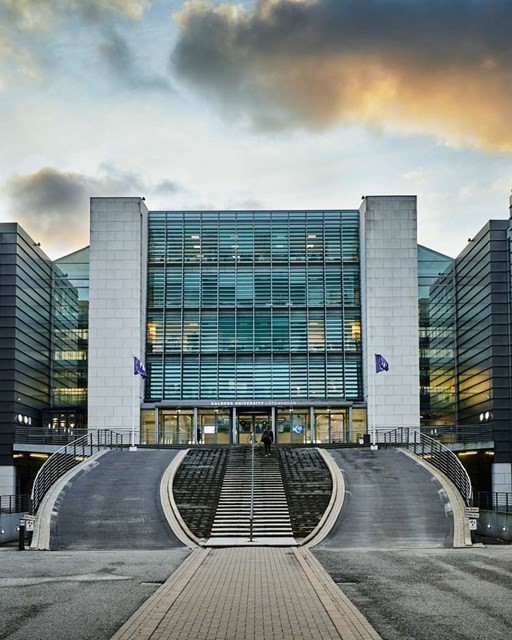
About AAU!
Why Study in AAU?
Studying at Aalborg University (AAU) offers a unique educational experience centered around problem-based learning (PBL), which encourages critical thinking and collaboration. AAU’s interdisciplinary approach prepares students for real-world challenges across various fields, including engineering, social sciences, and health. The university boasts strong industry connections, providing opportunities for internships and projects that enhance employability. Located in the vibrant city of Aalborg, students benefit from a dynamic cultural scene and a supportive international community. AAU also emphasizes research and innovation, ensuring that graduates are well-equipped with the skills and knowledge to excel in their chosen careers globally.
